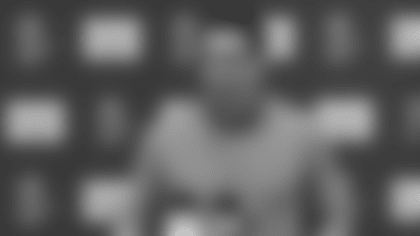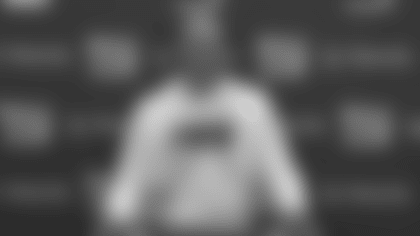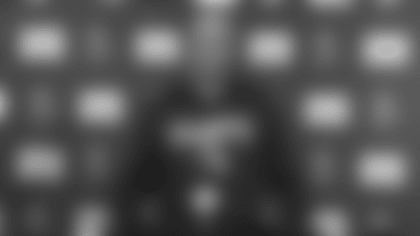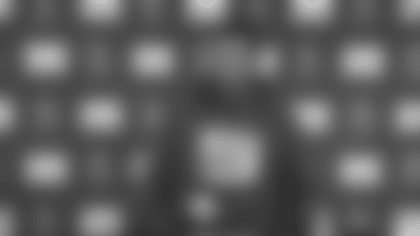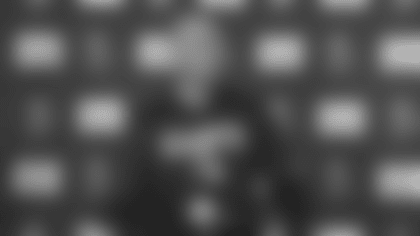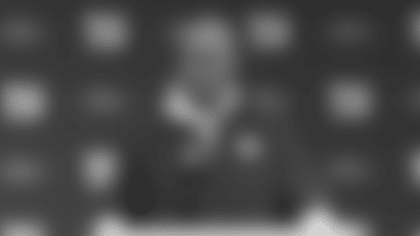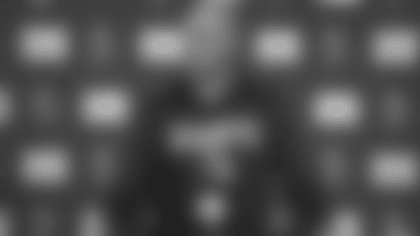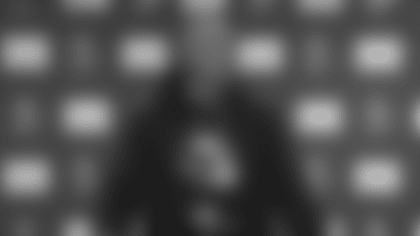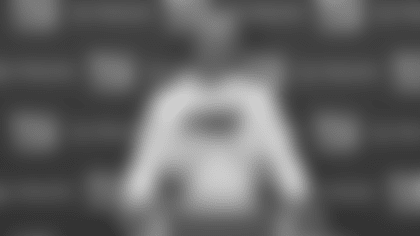Head Coach Joe Judge
Q: When you went back and looked at it, what did you see from your defense that you thought was the difference in stopping Russell Wilson?
A: I don't know if you completely stop Russell Wilson, but I think our guys did a good job playing with good fundamentals. I think all the good plays ultimately come down to good fundamentals. You talk about hands, eyes and feet. We did a good job of really stressing that this week. We do every week, but our guys did a great job of really carrying it over to the game. You talk about playing with your hands, disengaging off of blocks. That helps us get some pressure on him at different times, it helped with the pass rush, it helped us scrape off and get to the runs. You talk about eyes and feet, one thing that showed up on the tape was we had really good depth in our coverage, both on the deep coverage and the underneath coverage. It really allowed us to play with good eyes and zone vision, put our feet in the ground, break on it, get to the ball. We had multiple hats to the ball on almost every play. The guys broke with good angles, we tackled well in space. To me, it all ties into fundamentals. The scheme is the scheme. We can do different things and try to create advantages for our guys. Ultimately, it comes down to fundamentals and players making plays, and they definitely did that yesterday.
Q: Knowing what you know at this point, how confident do you feel that Daniel (Jones) could play this week against Arizona?
A: We're going to give him every opportunity to go on the practice field this week and show that he can defend himself on the field properly. If that's the case, then we obviously want him to play. But we're going to make sure we do the right thing by him. Look, I had to make the decision this week to go ahead and hold him out. He was a little disappointed because he's a competitive guy. But we have Wednesday, Thursday and Friday to get on the field. We'll see how he looks in there, and we'll make the best decision for him going forward.
Q: Did you guys close the bar last night or what?
A: Everyone is six feet apart in their own rooms. This wasn't the most exciting slumber party.
Q: Were there any other injuries other than Blake (Martinez)?
A: There's always some nicks and bumps of guys getting tied up. I'm going to check with the trainers before we leave here. We've had a couple guys get looked at this morning, a lot of guys getting treatment after the game. That's all kind of very normal. The advantage we had really last night over our normal game is instead of just getting on a plane and going home, or leaving the stadium in a home game and going home, is we had guys come back to the hotel and go to the trainer and get some extra treatment right away. It gives us a little better idea on the number of guys we're dealing with right there. We're hoping there's nothing serious. It doesn't look like there is necessarily anything serious. But we want to give them a day to kind of go ahead and see where they're at. A big testament will be when we come off this flight going back to see if any of the inflammation really increases with these guys on the flight back. Wednesday practice wise right now, the plan is to have a walkthrough day to let a lot of these guys calm down their bodies, get a lot of mental work. We'll see if we tie any live periods in there in terms of getting some tempo on the grass. But right now, we're focusing on a walkthrough to get a jumpstart on the Cardinals coming forward.
Q: Last night, Leonard (Williams) said something that caught my ear. He said that he knew more that this team was good when they were 1-7 than right now when they're 5-7. When you hear something like that, what do you think?
A: To be honest with you, I could give you the same answer. I had a lot of questions obviously early in the year about things like confidence on the team and where were we going, and really our mindset here is just go back to work every week, and that's what we're going to do this week as well. But the thing that's never changed with our players from day one of training camp all the way through now is the way they've come in on a daily basis and worked. Look, when things aren't going great and you hear a lot of noise on the outside, but internally, everyone is working with good spirit, good focus, and putting the team first, that's when you know you're on the right track. Yeah, I agree with what Leonard said. It's when things are going wrong is when you really know about yourself. When things are going right, it's easy for everyone to act like everything is on point. That's not always the case. When you're facing adversity, you really find out what kind of character your team has and how you can overcome things together.
Q: I have two for you. First of all, the way you guys are relying on some rookies, the low-drafted or non-drafted rookies, Carter Coughlin, Cam Brown, Tae Crowder, Niko (Lalos), is that by necessity mostly or, I know you like to say if a guy has a uniform, you want him on the field, but you like veterans in there, too. Do you need these guys because you have to need them or do you like these guys for some reason?
A: We like them. They're good players, they're improving, they've shown us reason to put them on the field. We've put them out there, they've made one play, so we give them an opportunity to make two plays, they've done that. We're getting a lot of solid contributions from guys that are veterans, a lot of solid contributions from guys that are young guys, rookies. Look, I can't stress enough, I don't care how you get here. I don't care if you're a seventh round pick, undrafted, first round, it doesn't matter. That's all done once you get in the door. Once you walk through the door, everyone is on level playing ground. You go out there at practice, you have to earn every rep you get. When you get on the field, you have to perform with it. Again, I think our guys understand that, that everyone has the same chance every week of going out there and playing, and it all comes down to how they perform on the field and how they prepare.
Q: Will Hernandez never missed a snap in his career before this COVID hit him. You wanted to bring him back slowly after that. Now he's certainly back and ready to roll, and he's clearly the backup to Shane Lemieux getting most of the snaps. What is it that Will Hernandez does not do that Shane does, and do you see this going forward as Hernandez getting 10-15 snaps a game?
A: Yeah, I may be screwed up. I don't really look at any of our players as starters or backups, I look at them as players for our team. Will is doing a good job when he goes in there. He's making a solid contribution. We kind of just rotate everyone through on the offensive line especially. (Matt) Peart got a couple reps limited. He had a little tweak of his ankle yesterday, but he was able to go back in. That affected maybe some of his rep count right there. But really the focus for us on the offensive line right now is really just rotate these guys, keep them fresh, give us a chance to develop as many players as we can, and give us a chance of playing as fresh as we can through this stretch with the importance of winning the fourth quarter.
Q: One of the plays that stood out to me was, maybe it doesn't jump off the page, but it was a catch by (DK) Metcalf with (James) Bradberry in coverage. Metcalf delivered a pretty good stiff arm, but Bradberry hung on and not only made the tackle, but you could see him reaching with his right hand and almost got the ball out. I'm curious if that play jumped off the tape for you as well when you re-watched it, and what that says not only about Bradberry, but what you're coaching your players to be?
A: Yeah, actually me and Pat (Graham) talked last night at length about that exact play. It was a deal where Pat saw highlights or something coming back on the bus and turned on the tape, and we talked through different things we saw last night. That was one of the things that obviously was highlighted in a lot of SportsCenters and different things like that as a big play. Look, that guy is a tremendous player, a big, strong athlete, and James did a good job of getting in there and finishing the tackle. But tackling the ball with that punch out with his right hand and really jarring that ball loose, that could have been a huge play. But it just shows the focus that these guys have to finish. The other play that jumped off the tape for me was you watched the interception that we threw. Now you don't want to have any turnovers. But the thing that jumped out to me was there are a lot of teams when that happens that would just let (Jamal) Adams run down the sideline and go ahead and finish with a touchdown. We had 11 hats screaming to the ball and guys playing with effort with good pursuit angles down the field, and we were able to make that stop and he stepped out of bounds a little bit earlier and gave us a little better field position. But ultimately, they came away from that drive with no points. You just see the effort of guys finishing plays. Hey look, it didn't go right on the interception, but hey, they're going to hustle and they're going to finish the play, and the defense is going go to go out there and they're going to stand up and they're going to get us off the field.
Q: Has this team come on faster than you thought, or right on schedule, or a little slower than you thought? Where did you think you would be when the season began going into Week 14?
A: I think each team's expectations and progress are unique. I didn't really have a definite timetable in terms of where they needed to be at certain points. There are still things we have to have a lot of improvement on and consistency going forward. We're far from where we need to be or want to be as a team. There's a lot of work ahead of us. But I was pleased with the constant progress I saw. There were times earlier in the season that you questioned are we coaching it well enough to make sure that they can get this the right way and execute it on the grass? We go back and we find different ways of coaching things, or maybe different ways of hitting individual players and making sure that we get on the same page with it. But ultimately, I like the progress they've made right here. I wouldn't say they're ahead or behind any kind of a schedule. I just know that they come to work every day and improve, and that's carried over on a weekly basis.
Q: Can you just define what it means for Daniel to be able to defend himself? Are you talking about being able to move out of the way of hits or absorb hits? How do you define that?
A: I think it's a combination of both, but really tying more into the mobility of it. When there's pressure in the pocket, can he sidestep, can he step up? If he has to leave the pocket and scramble, if there's a gap open for him to go ahead and tuck that ball and run to get a first down, are these things we're okay with him doing and we're confident that he's going to go out there and do it without getting hurt worse. We talk about defending himself, I want to make sure that when his natural instincts kick in as a player, that he's not limited somehow physically or someone has an advantage over him on the field. That's just not fair for us to do. These are great athletes on the field, they're playing very aggressive, and he's at the toughest position in terms of holding the ball every play and everybody trying to take your head off. He has to be able to have some kind of mobility. Just sidestep the hit, step up in the pocket, escape pressure and throw the ball away. I have to make sure we do the right thing by him of making sure we don't put him out there on the field where he can't do that, he's just a sitting duck.
Q: Jabrill (Peppers) mentioned yesterday that you guys have wanted to be an ascending team, and I know you constantly talk about getting better every week, just focusing on that week, but I think every team tries to do that. But you guys seem to actually be doing it. I'm wondering is there a secret to kind of making sure, or how do you coach guys so that every week, things are cleaned up? Because it's one thing to tell a guy 'hey listen, here are the corrections you have to make.' But it's another to do it across the board with a team so that when you get past Thanksgiving, they're actually playing their best, if that makes sense.
A: I think it's a combination of a lot of things. Number one, from a coaching standpoint, we have to make sure that we're identifying what our players do well and don't do well, and we put them in a position to play to their strengths. That's number one. Number two, when you talk to the players, you have to give them the big picture scope of what we're doing as a team well, how we have to play each game, and what's expected for us to have success. Then directly with each individual player, you have to show them what they have to improve on, and you have to give them video evidence of how it has to be better and how they can do it. That being said, on the field, I don't think you can ever leave that training camp mindset where you have to emphasize fundamentals and technique on a daily basis, and you have to stay sharp on that. A lot of times you get to this point of the season, it becomes so much about scheme. What you see is, when you come out of training camp early in the season, there's not as much scheme involved, but the fundamentals have to improve. You get to October and beginning of November, the scheme has come more together as a team, and maybe the fundamentals have improved to a degree, but it's kind of leveled off. When you get to the backend of the season, you have a mix of two different types of teams. You have teams that continue to improve schematically and fundamentally, and you have other teams that have overloaded the schematics, forgot about the fundamentals and they fall off. While they may have a great scheme on the grass, they can't make a tackle, can't finish a block, can't hold onto the ball with ball security, can't deliver a throw in pressure situations. The fundamentals have to always be there to be a successful team.
Q: Just following up on that, when you show a guy how something needs to be done, are you digging into tape of guys you've coached in the past, of Hall of Famers and the way they do it, or are choosing more like tape of one of their teammates doing it in practice? How does that go?
A: Whatever we can show to help them. Whatever we can show. I don't care if it's VHS tape from the '80s, I don't care if it's their teammate doing it the week before, I don't care if it's them doing it in training camp and trying to get them back to what they were doing before. It's whatever is necessary. Now ideally, you want to be able to show visual evidence of them doing it so that they can see how they did it right and how they did it wrong, but if it's a new scheme or new technique, you have to go outside the immediate source and find something for them to look at visually and say, 'ok, that's what he means.' I have to paint that mental picture that when I have one word for a technique, they know exactly what that means and what their adjustments for that technique have to be.
View photos from the Week 13 matchup between the Giants and Seahawks at Lumen Field.
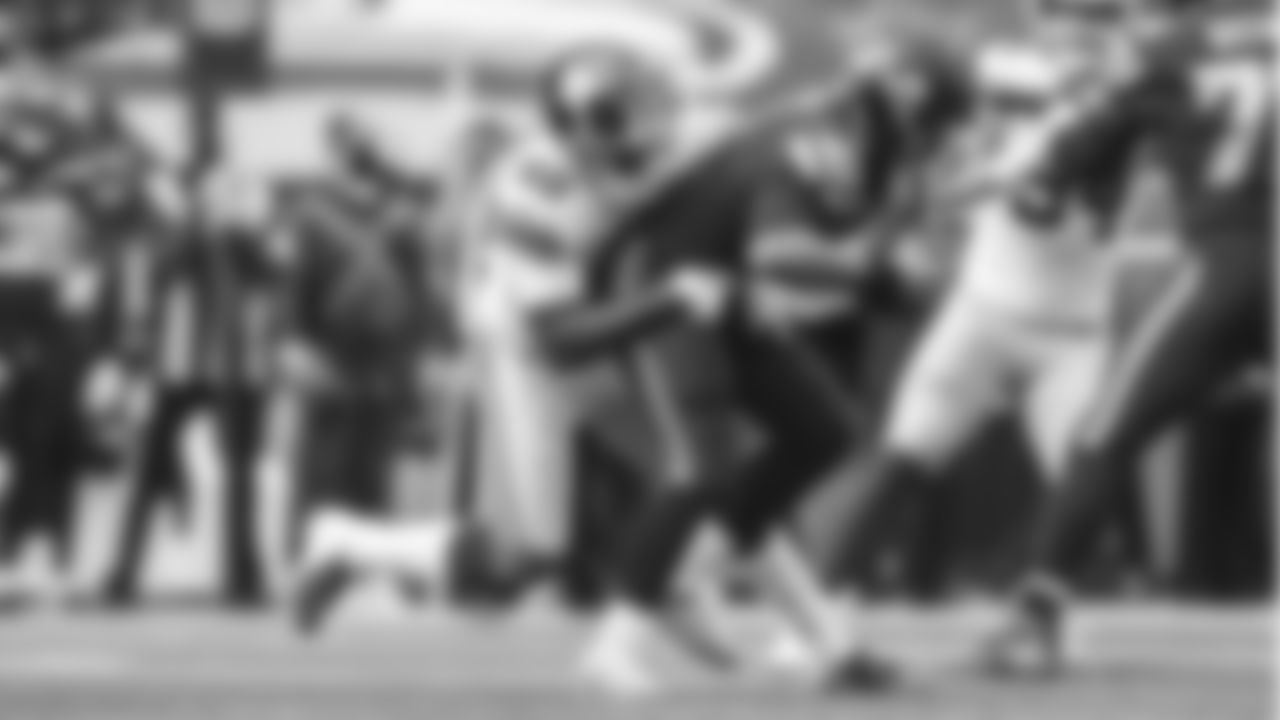
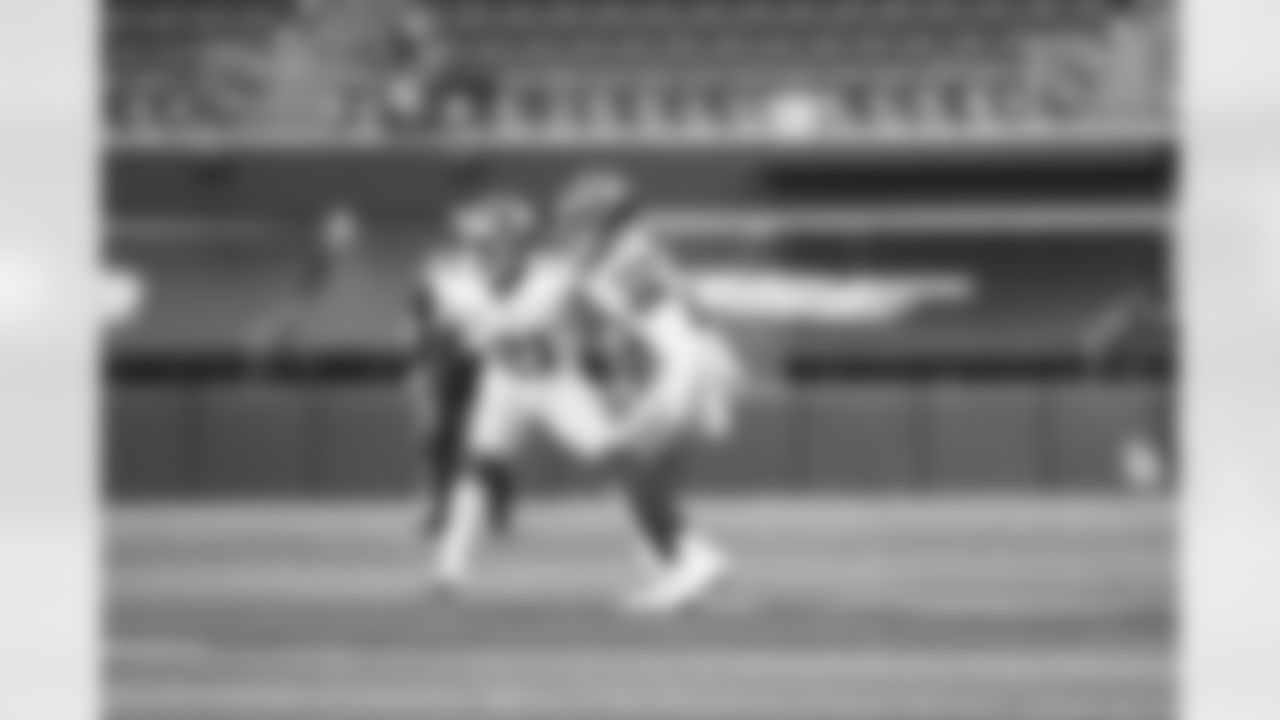
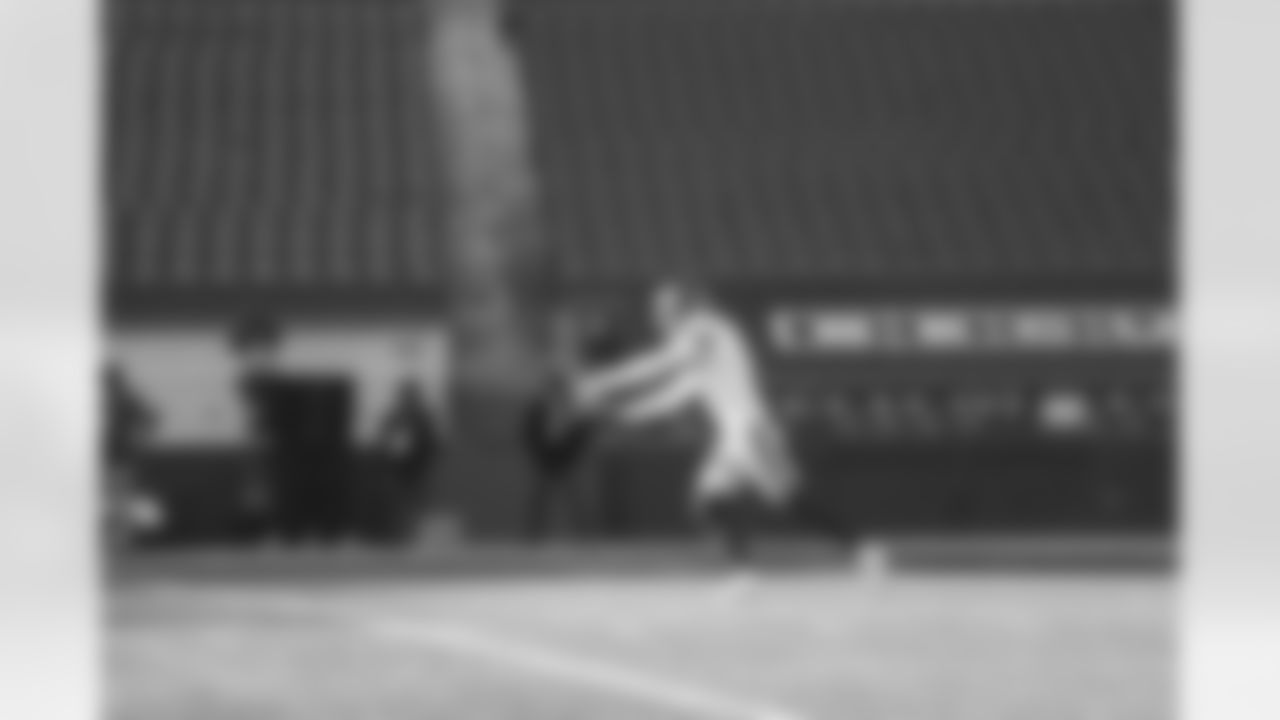
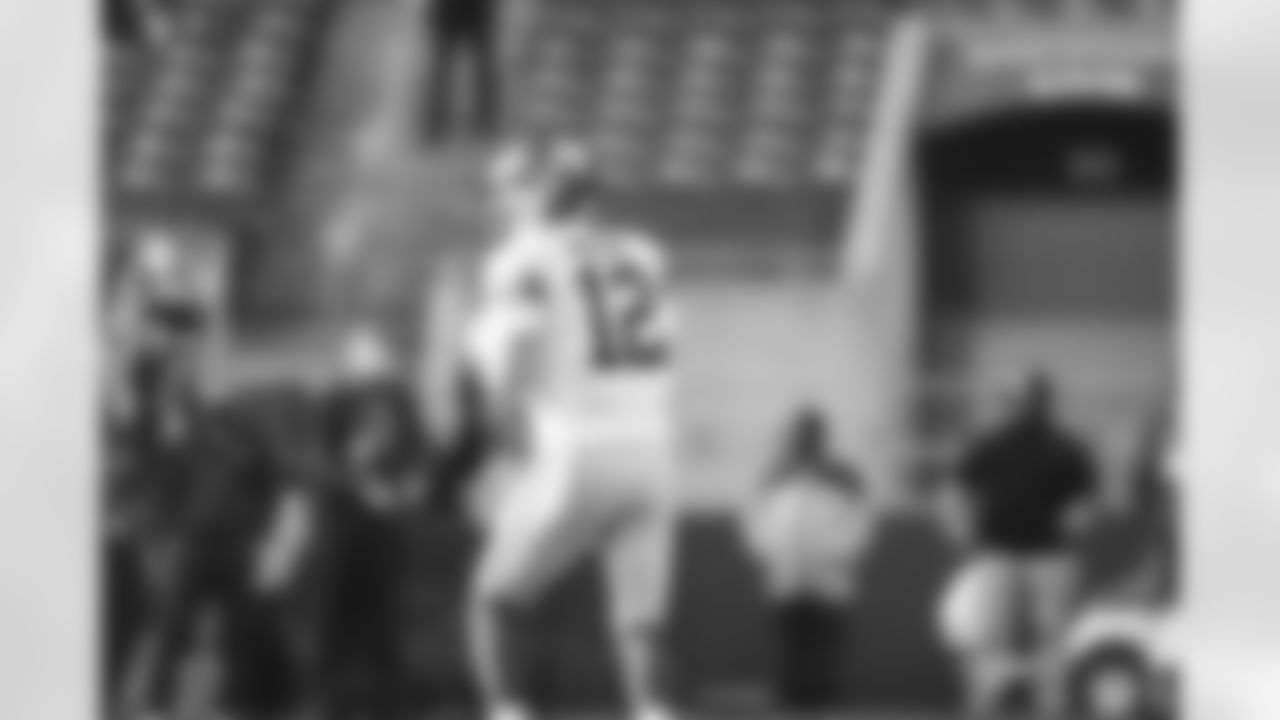
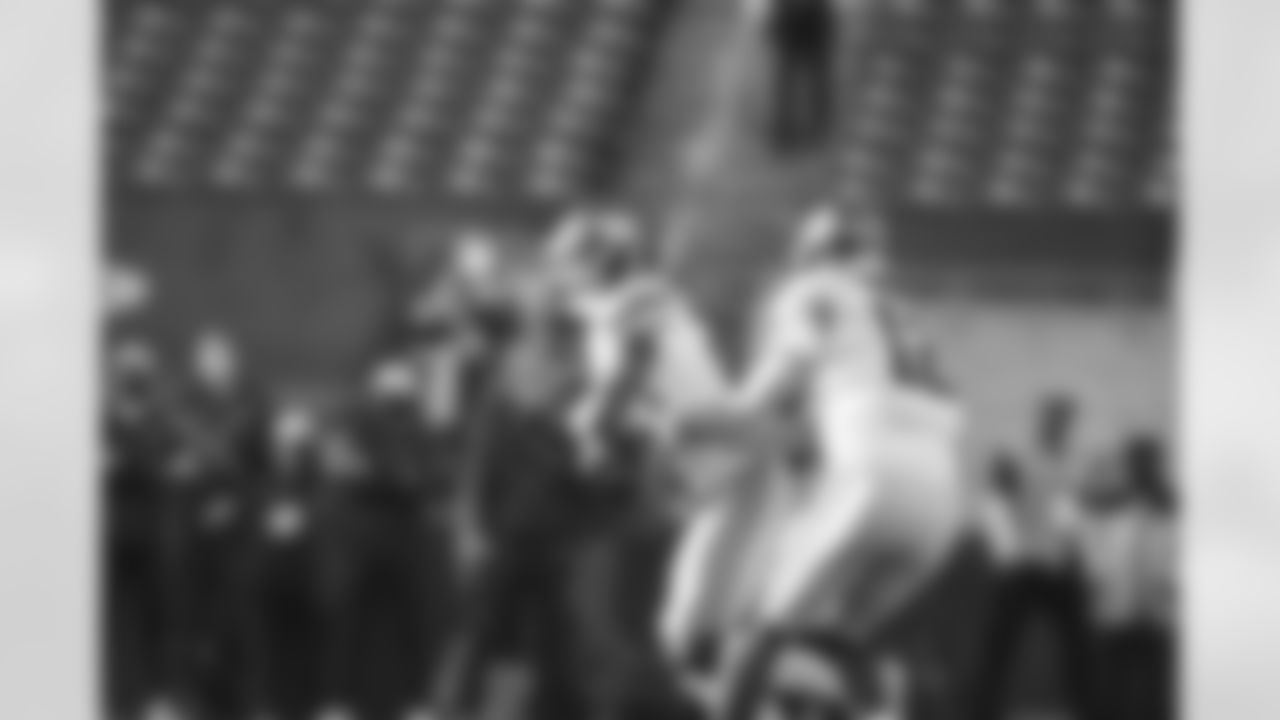
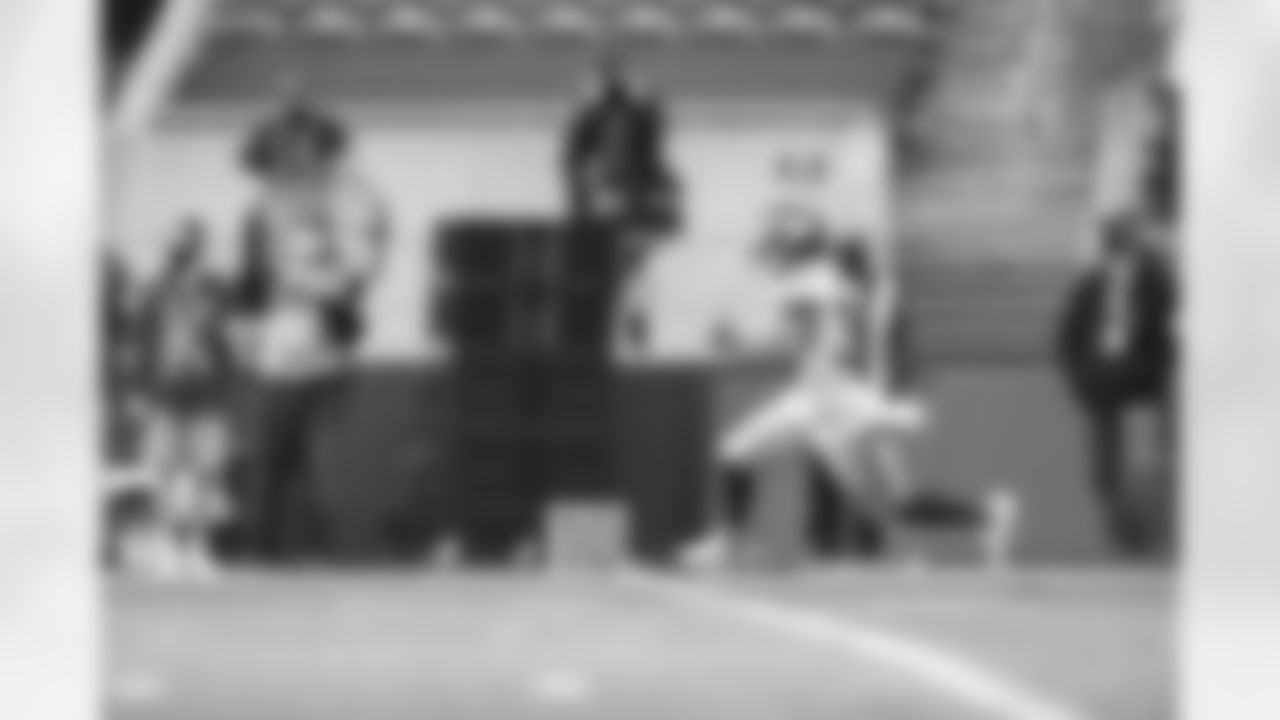
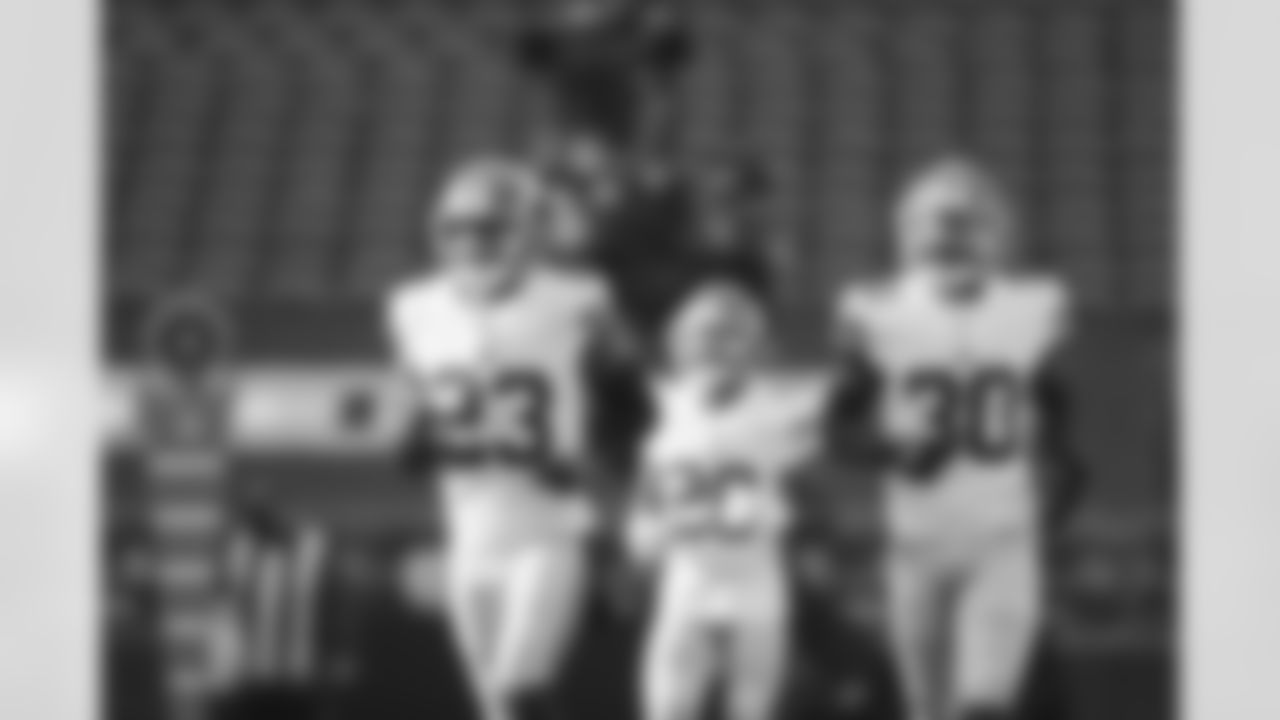
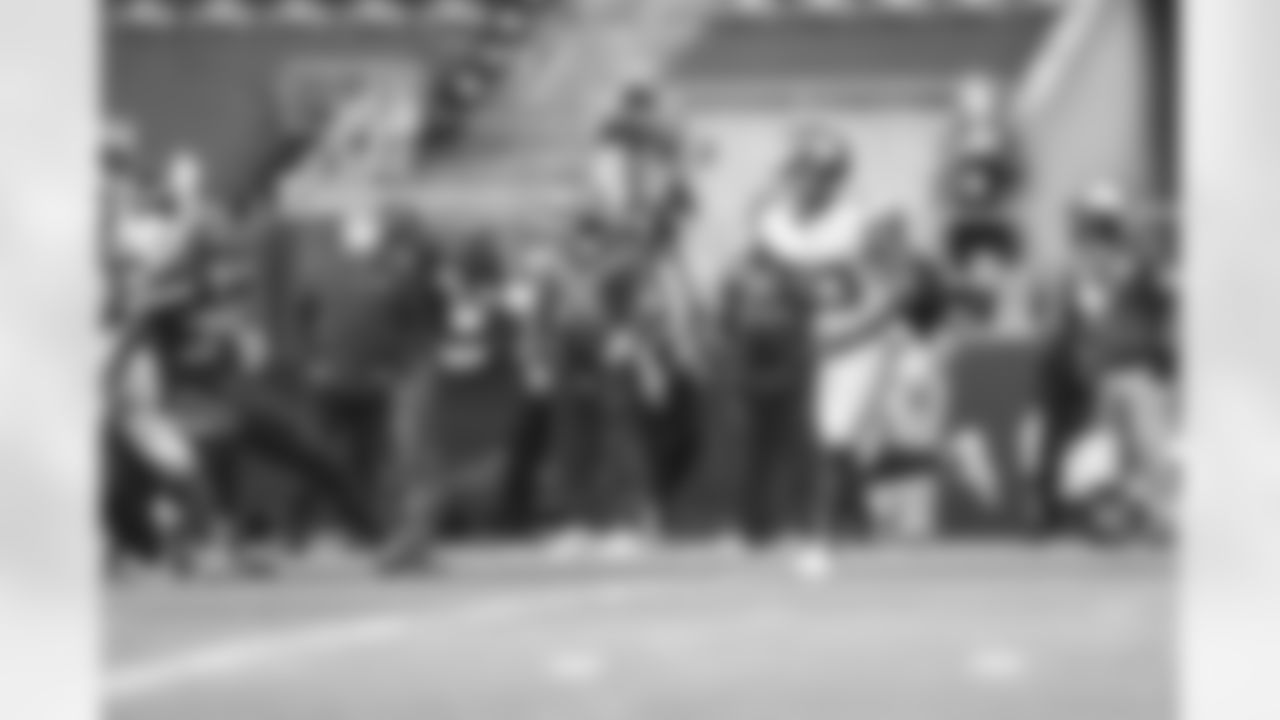
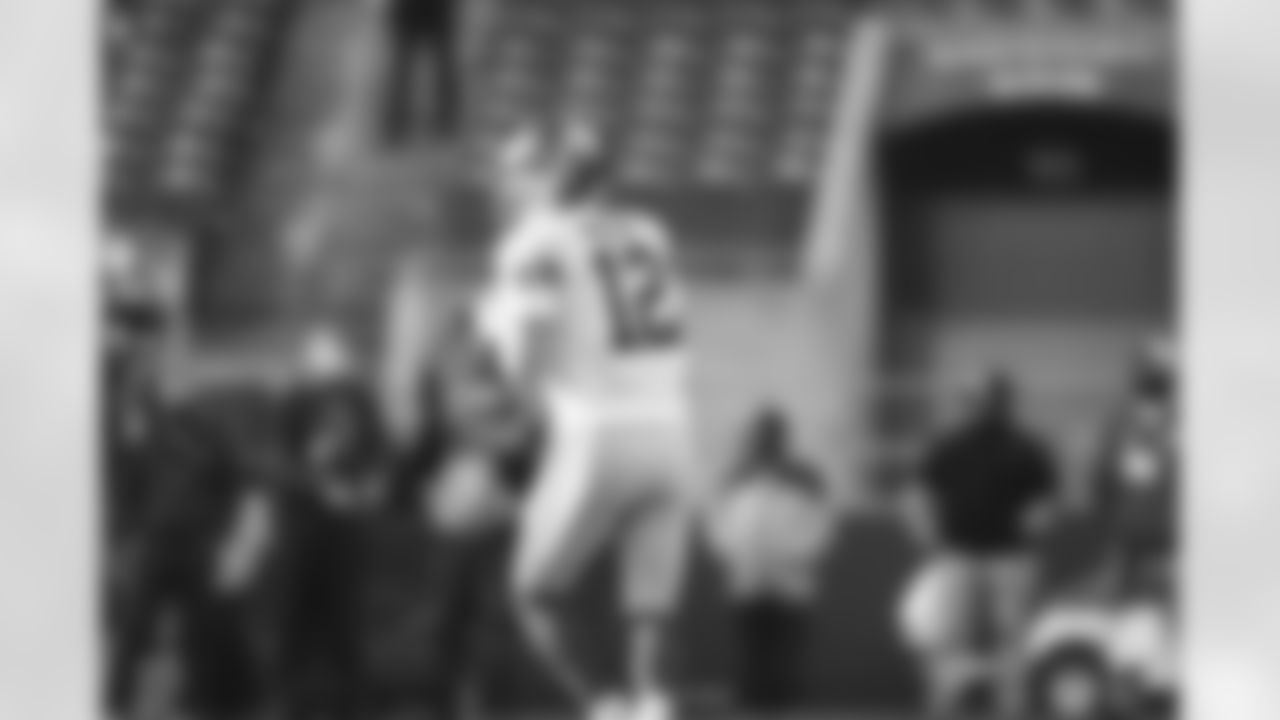
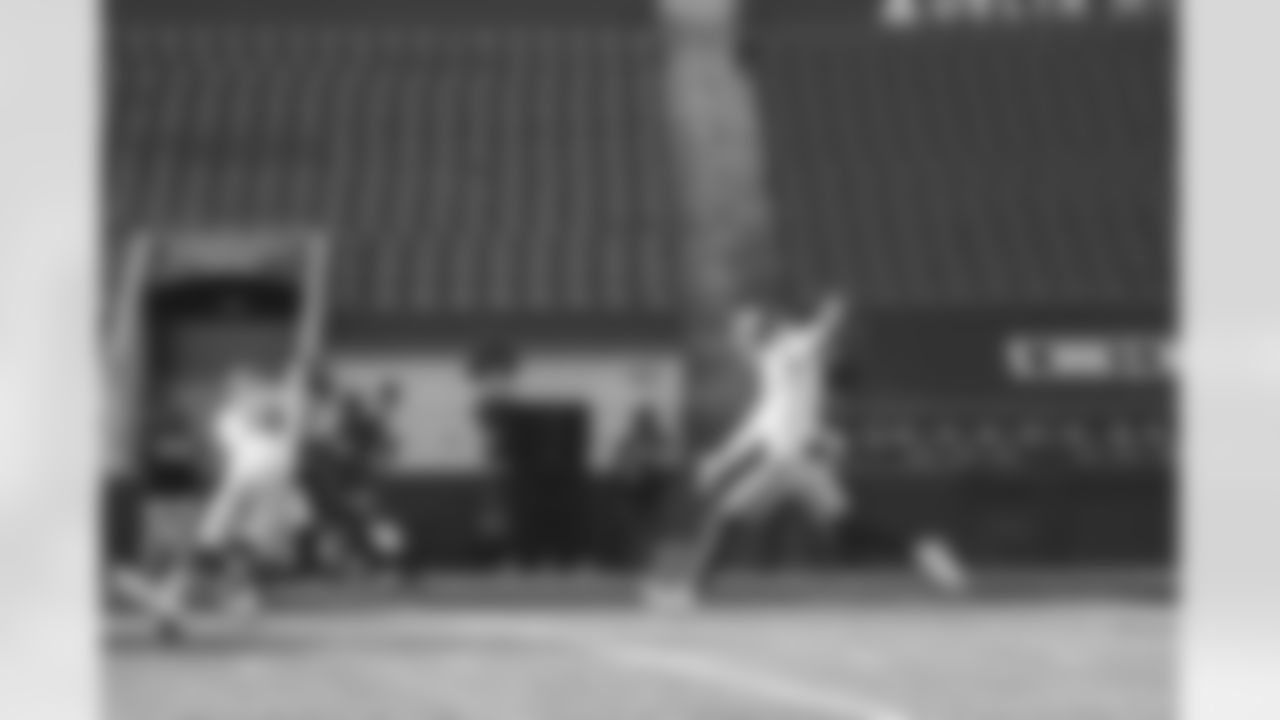
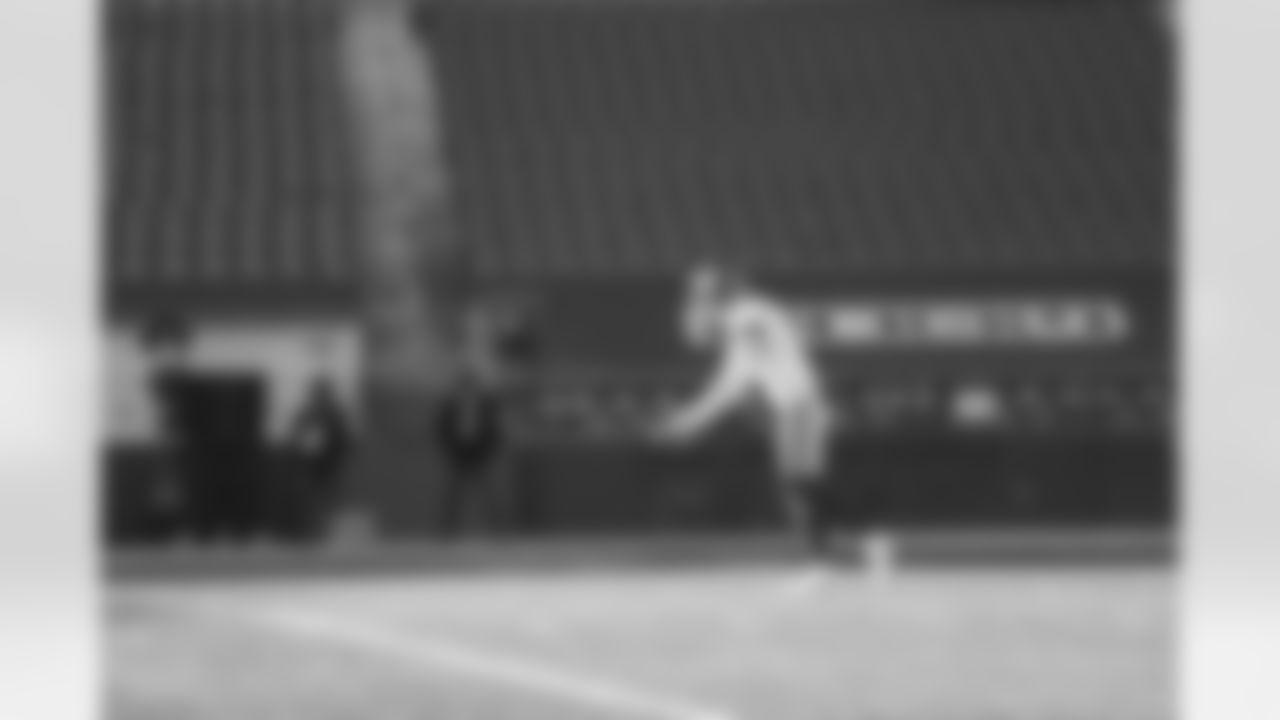
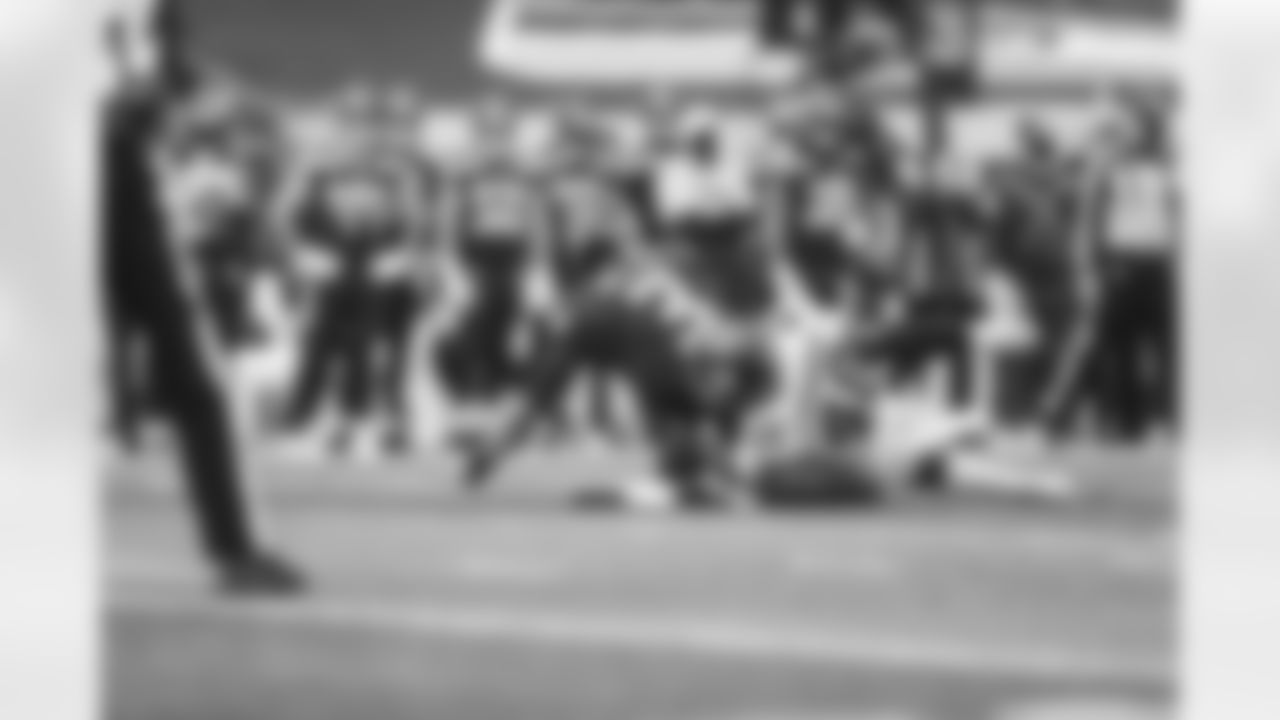
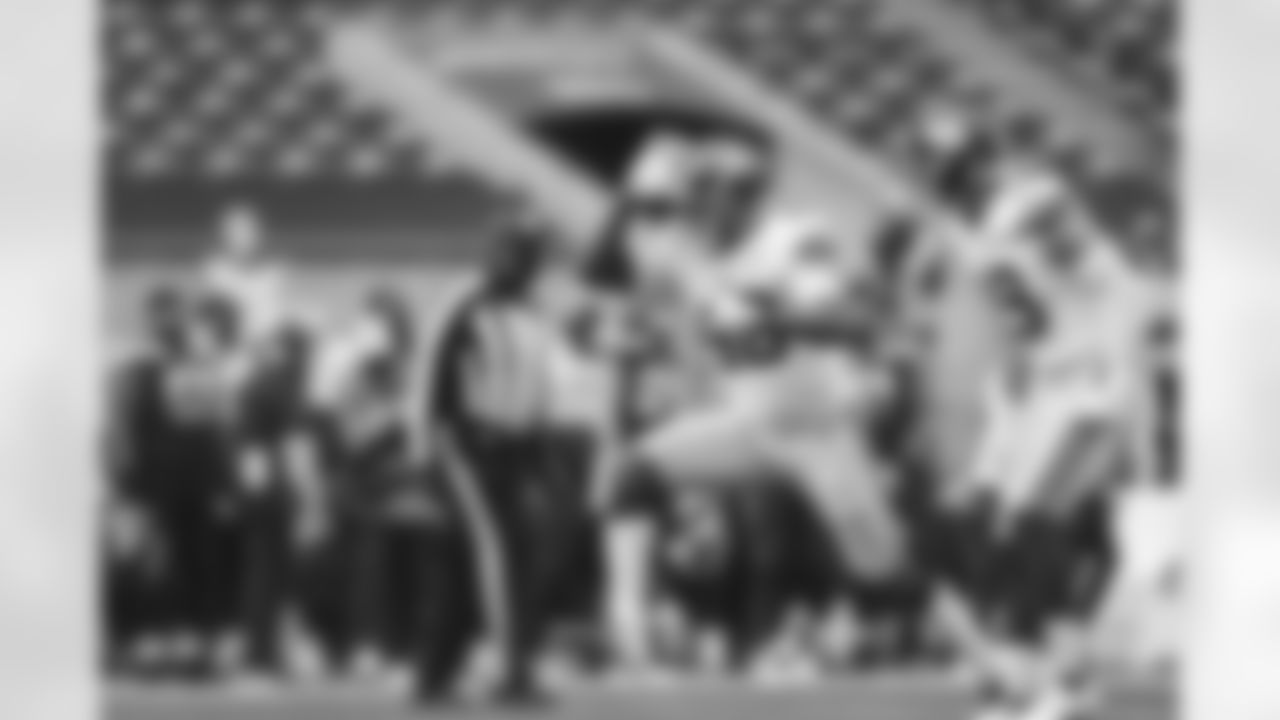
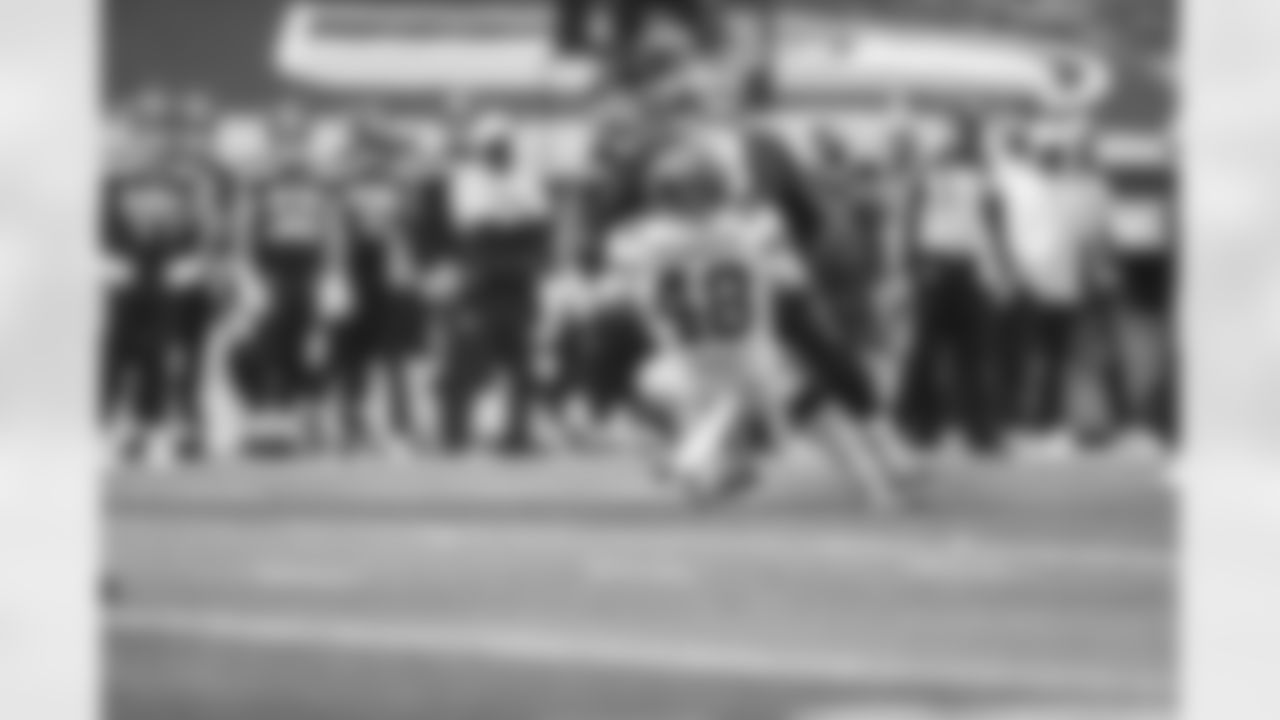
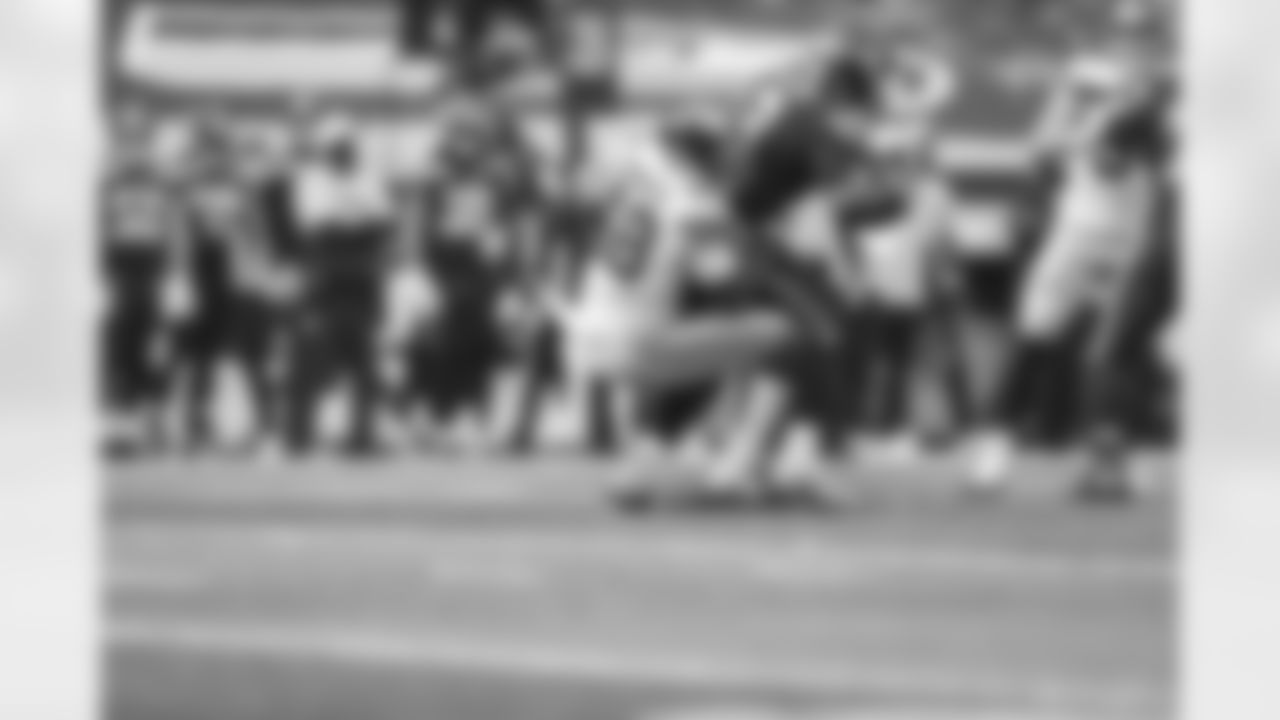
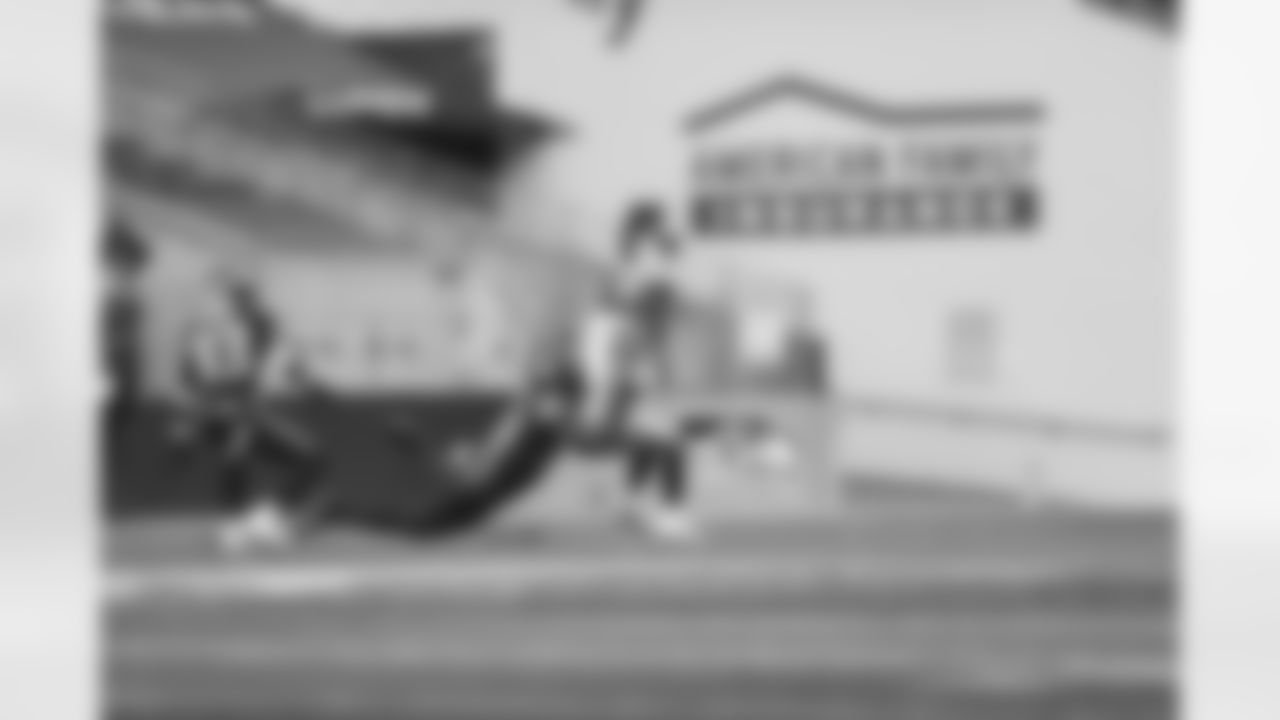
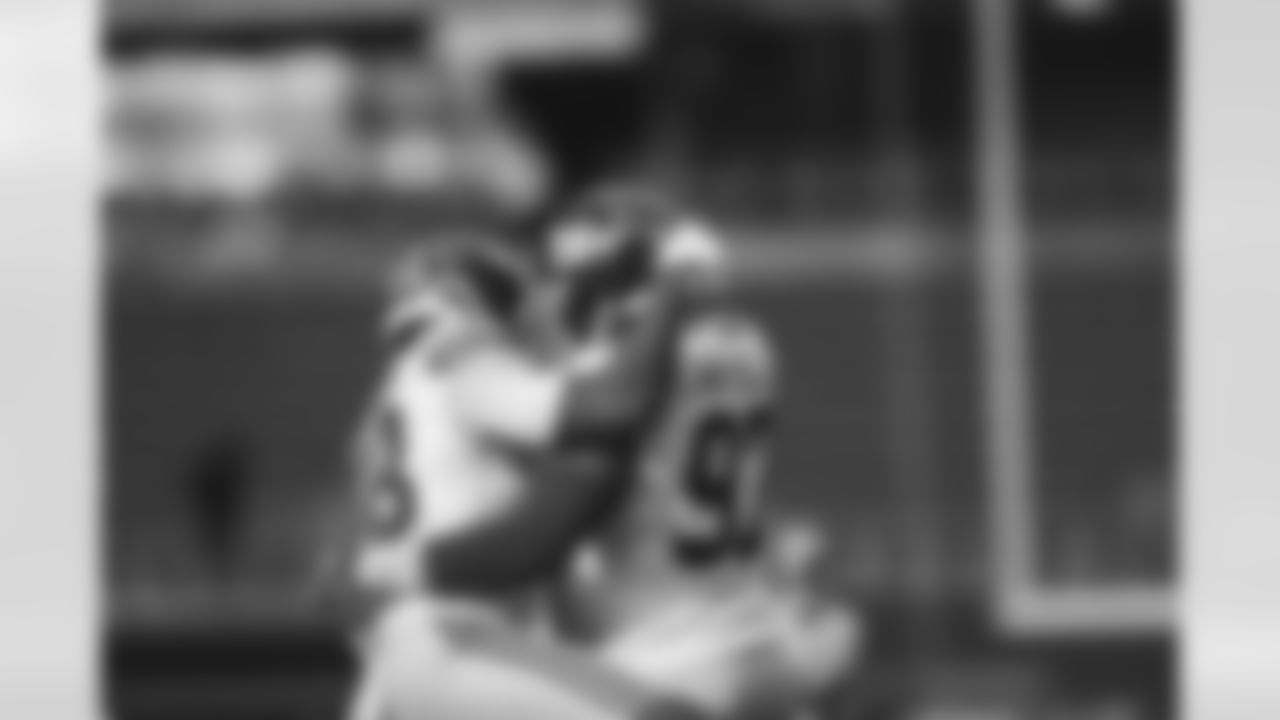
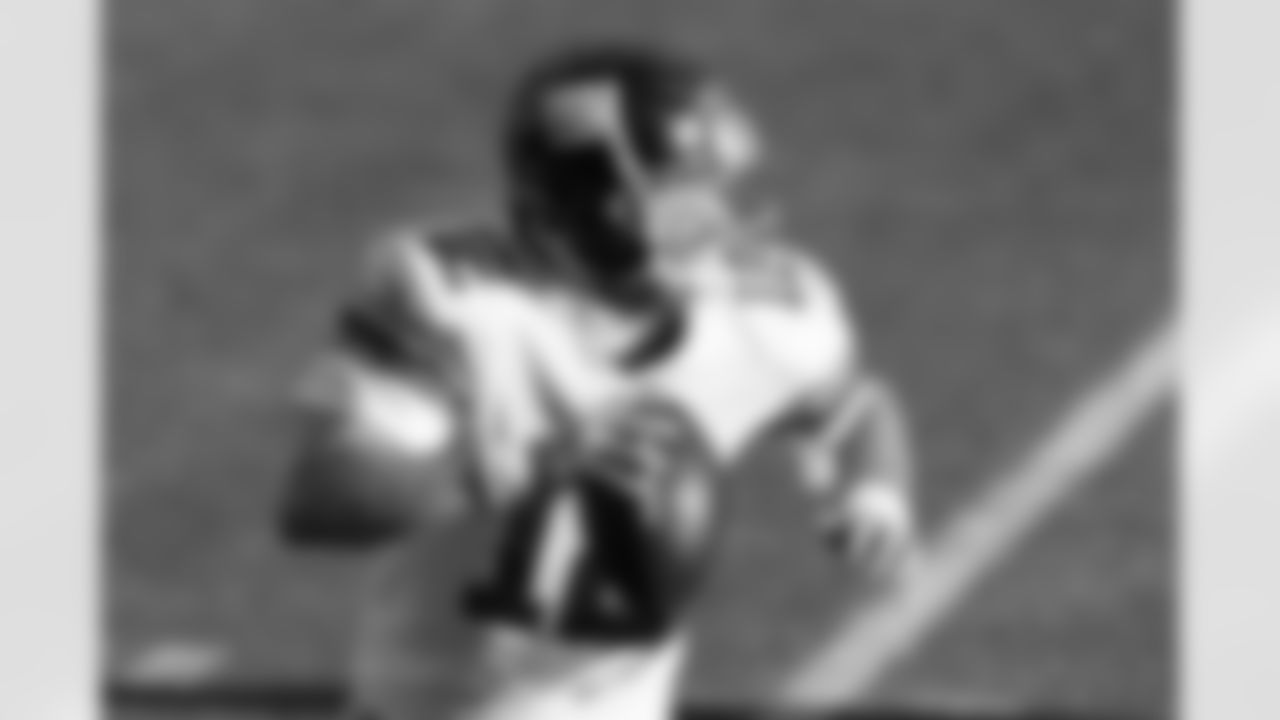
New York Giants quarterback Colt McCoy drops to pass during the first half of an NFL football game against the Seattle Seahawks, Sunday, Dec. 6, 2020, in Seattle. (AP Photo/Elaine Thompson)
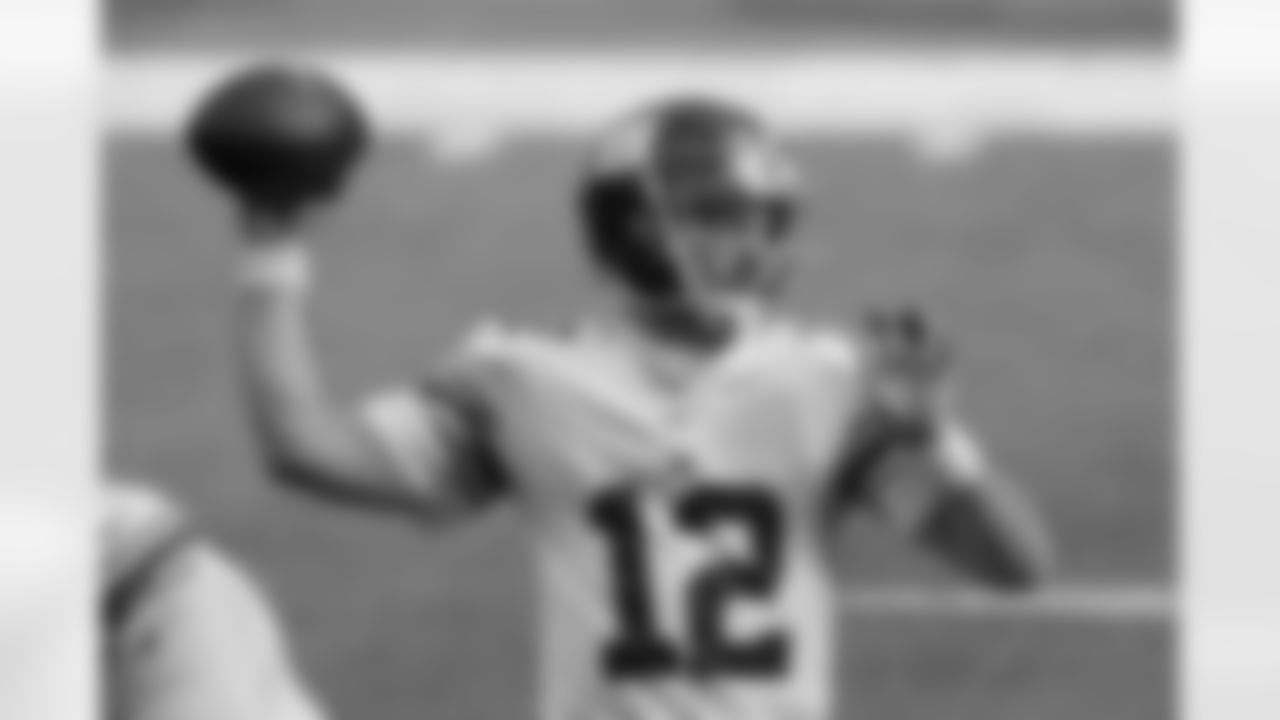
QB Colt McCoy picked up his first win as a starter since 2014, throwing for 105 yards and a touchdown.
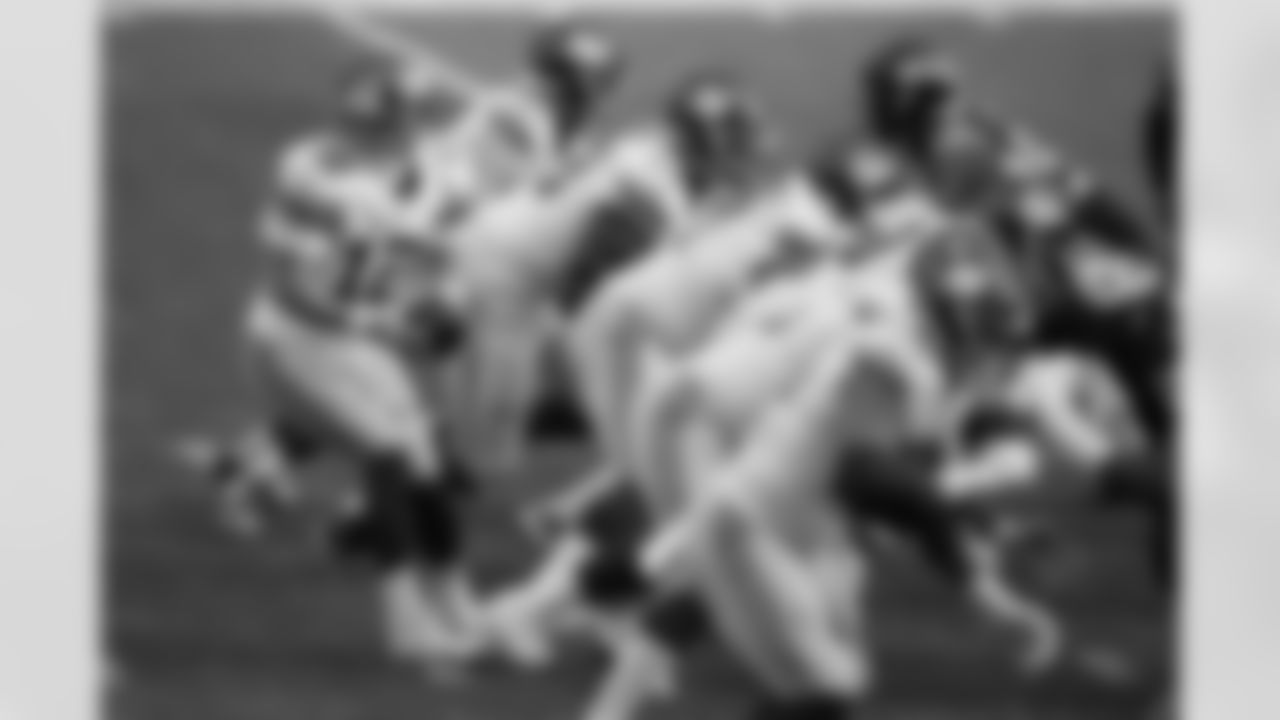
New York Giants quarterback Colt McCoy (12) takes a snap at the line of scrimmage during the first half of an NFL football game against the Seattle Seahawks, Sunday, Dec. 6, 2020, in Seattle. (AP Photo/Elaine Thompson)
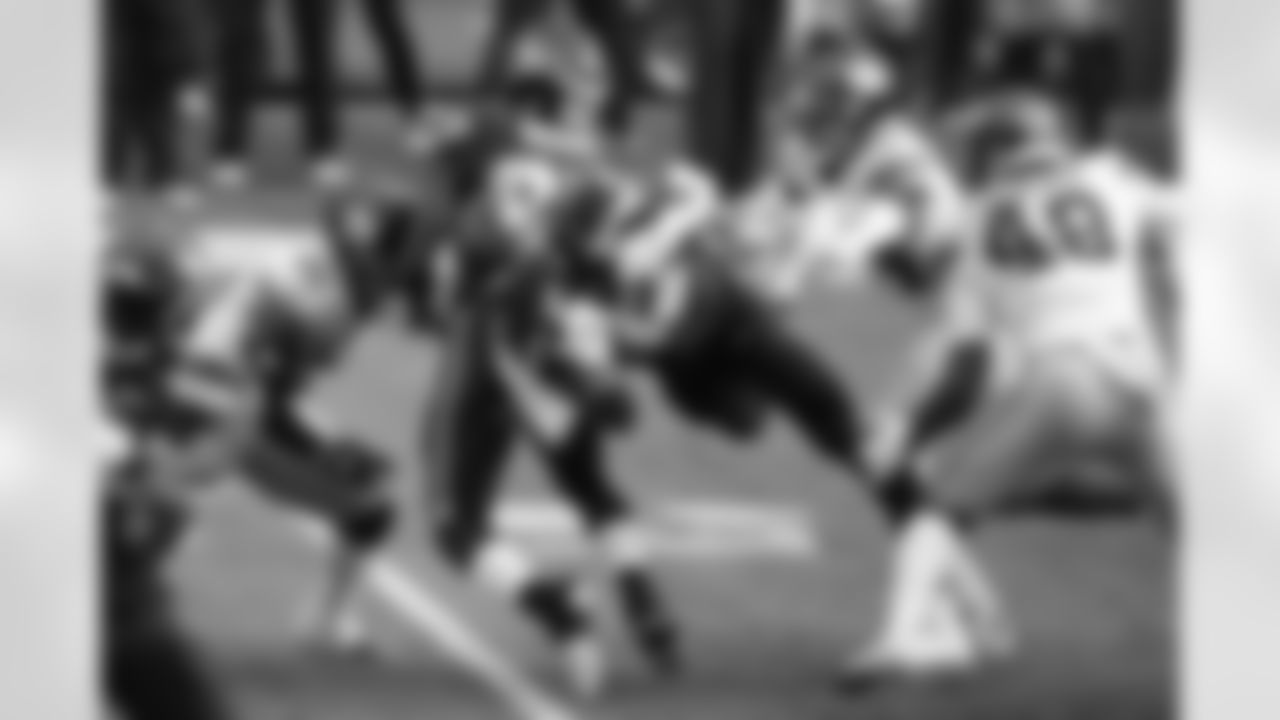
Seattle Seahawks running back Chris Carson (32) dives for yardage as New York Giants safety Jabrill Peppers (21) moves to tackle during the first half of an NFL football game, Sunday, Dec. 6, 2020, in Seattle. (AP Photo/Elaine Thompson)
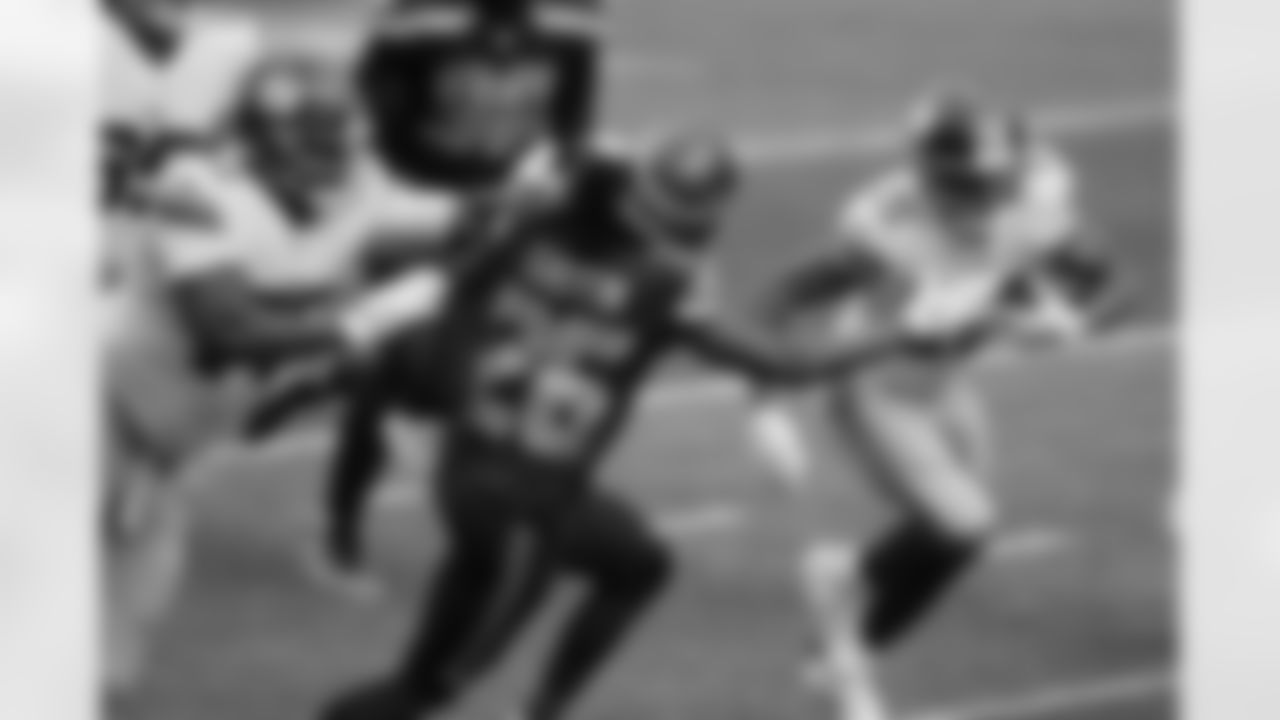
Seattle Seahawks cornerback Shaquill Griffin (26) moves to tackle New York Giants wide receiver Golden Tate (15) as New York Giants offensive tackle Cameron Fleming, left, moves in, during the first half of an NFL football game, Sunday, Dec. 6, 2020, in Seattle. (AP Photo/Elaine Thompson)
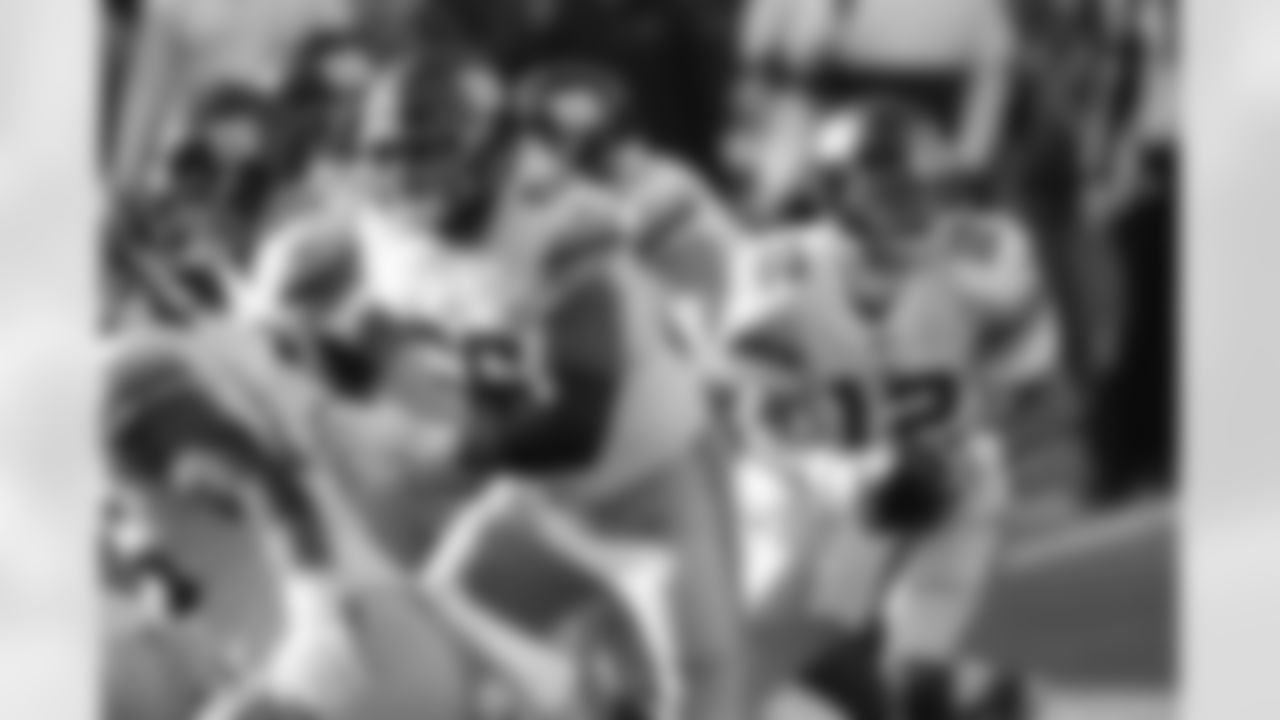
New York Giants quarterback Colt McCoy (12) drops to pass as offensive guard Shane Lemieux (66) blocks during the first half of an NFL football game against the Seattle Seahawks, Sunday, Dec. 6, 2020, in Seattle. (AP Photo/Larry Maurer)
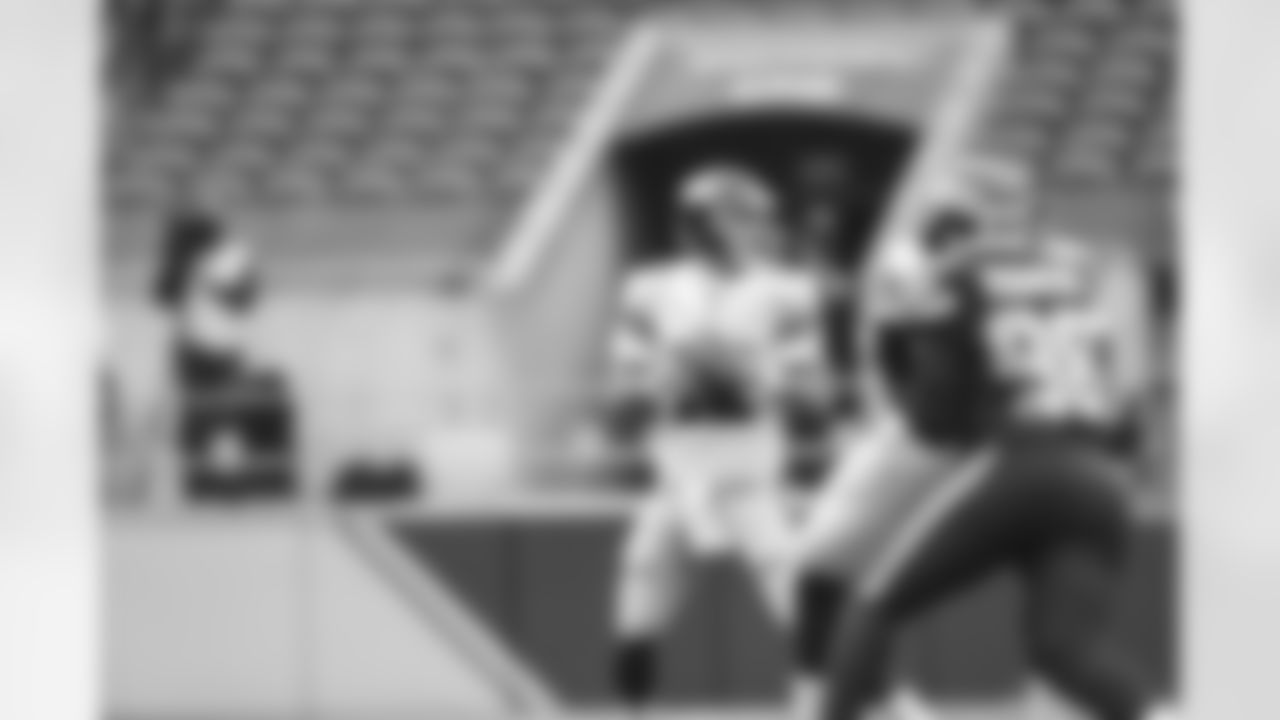
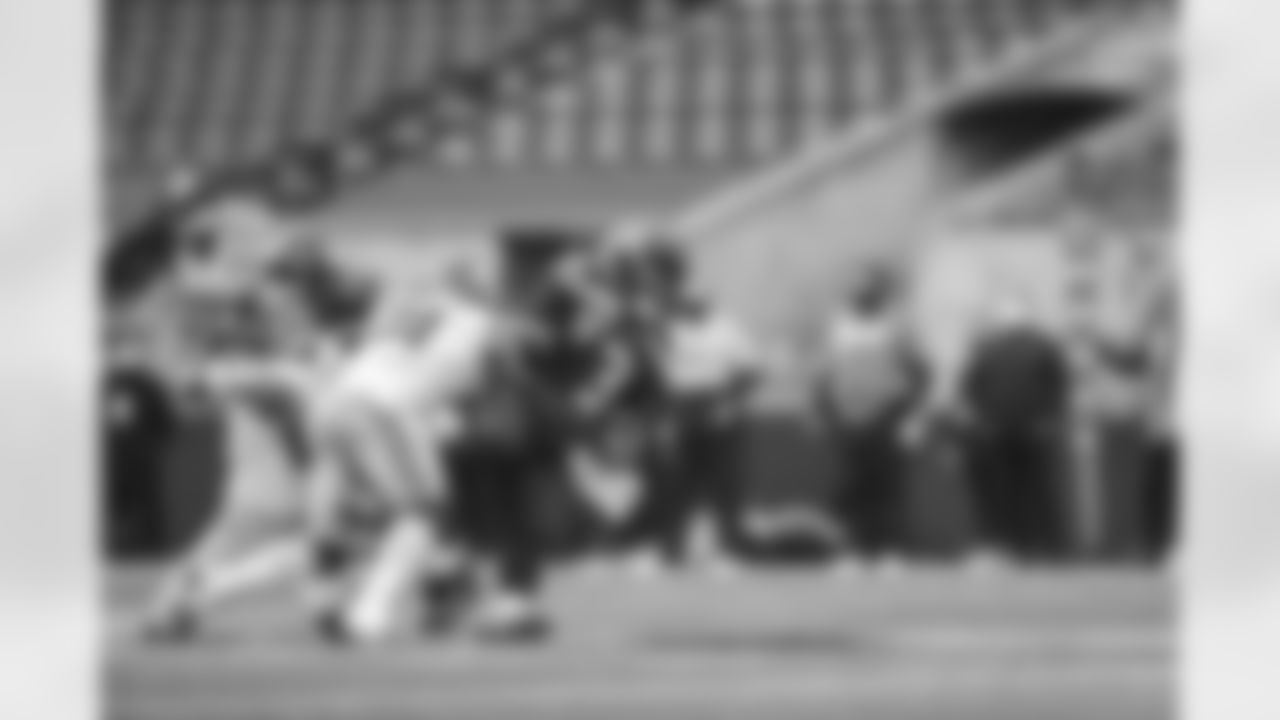
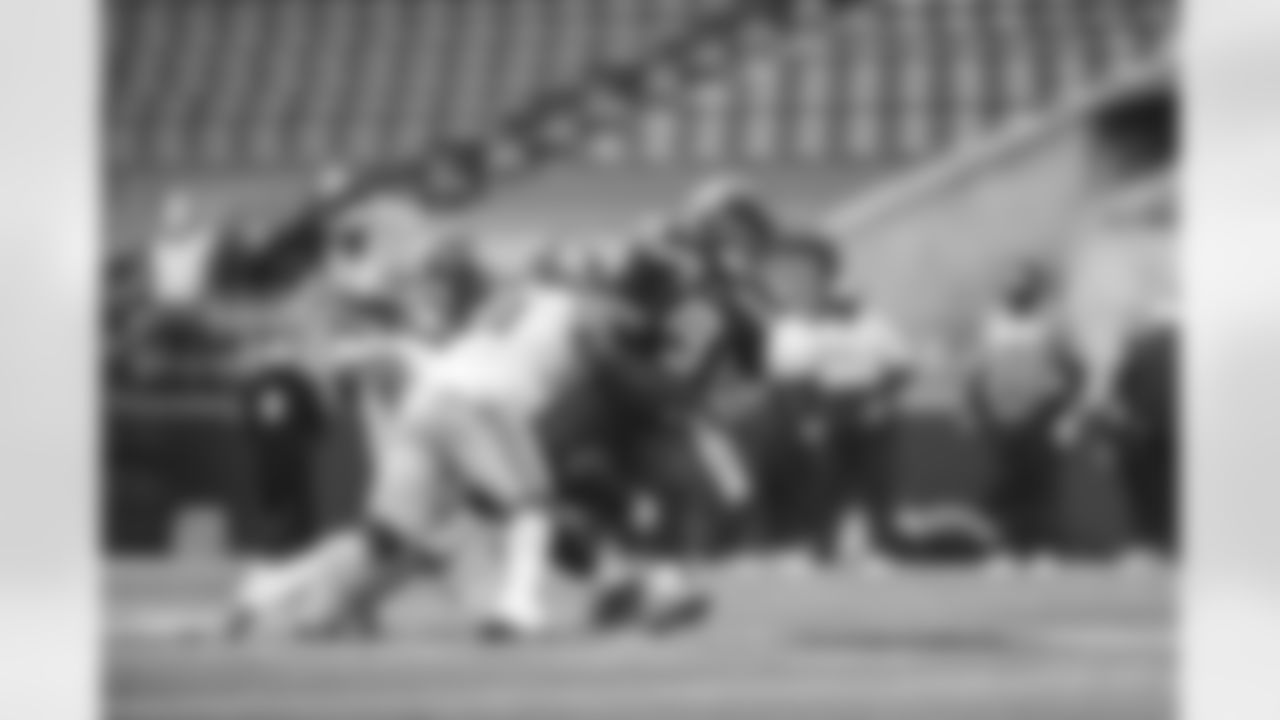
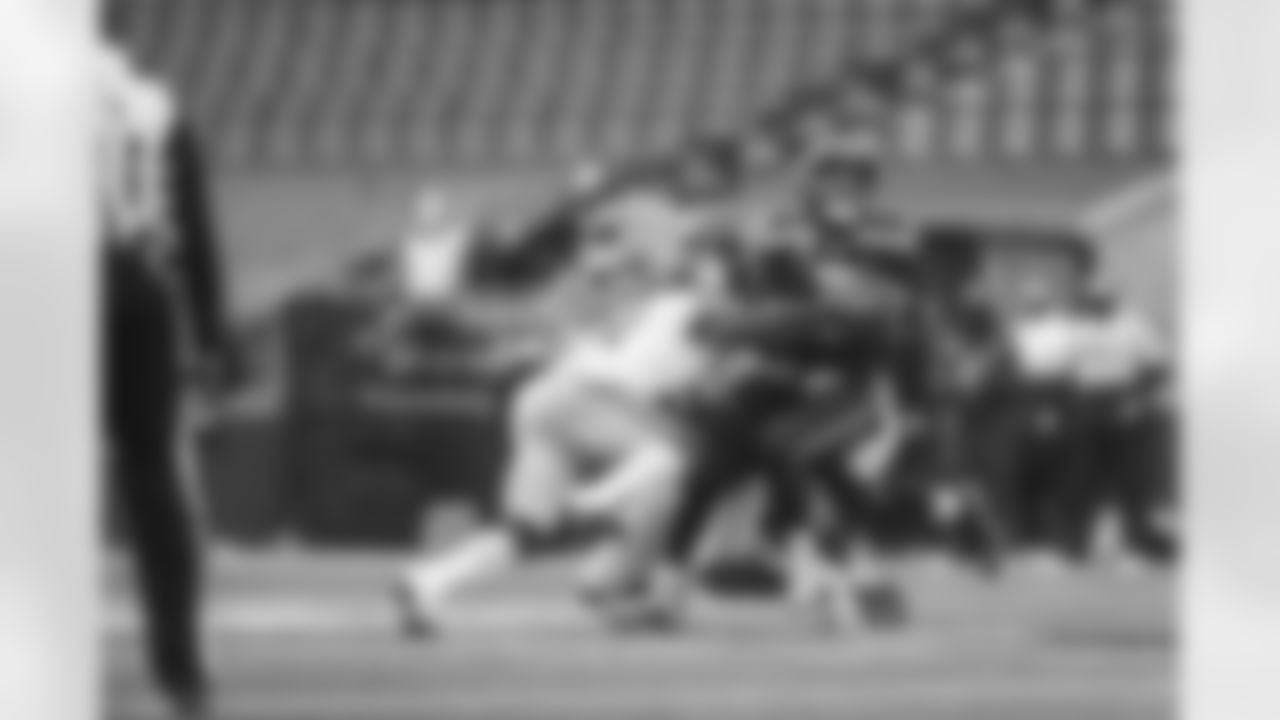
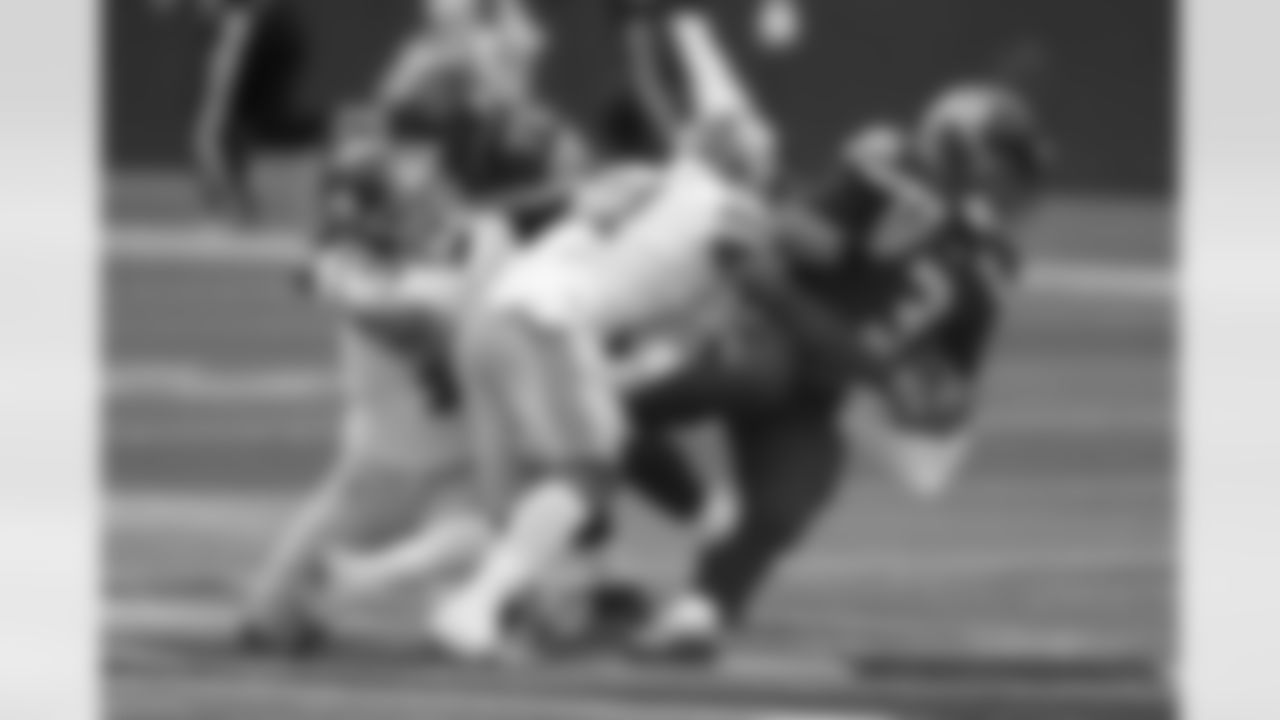
Seattle Seahawks quarterback Russell Wilson (3) is sacked by New York Giants safety Jabrill Peppers (21), during the first half of an NFL football game, Sunday, Dec. 6, 2020, in Seattle. (AP Photo/Larry Maurer)
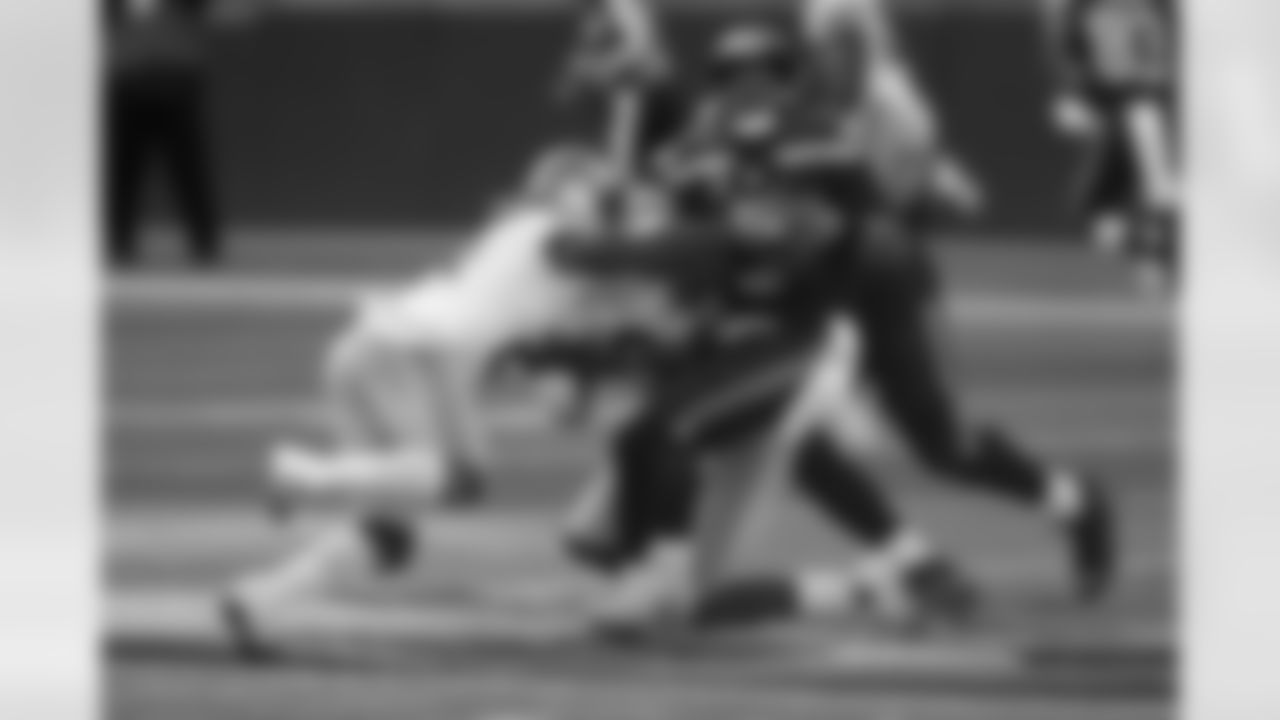
Seattle Seahawks quarterback Russell Wilson is sacked by New York Giants safety Jabrill Peppers, left, during the first half of an NFL football game, Sunday, Dec. 6, 2020, in Seattle. (AP Photo/Larry Maurer)
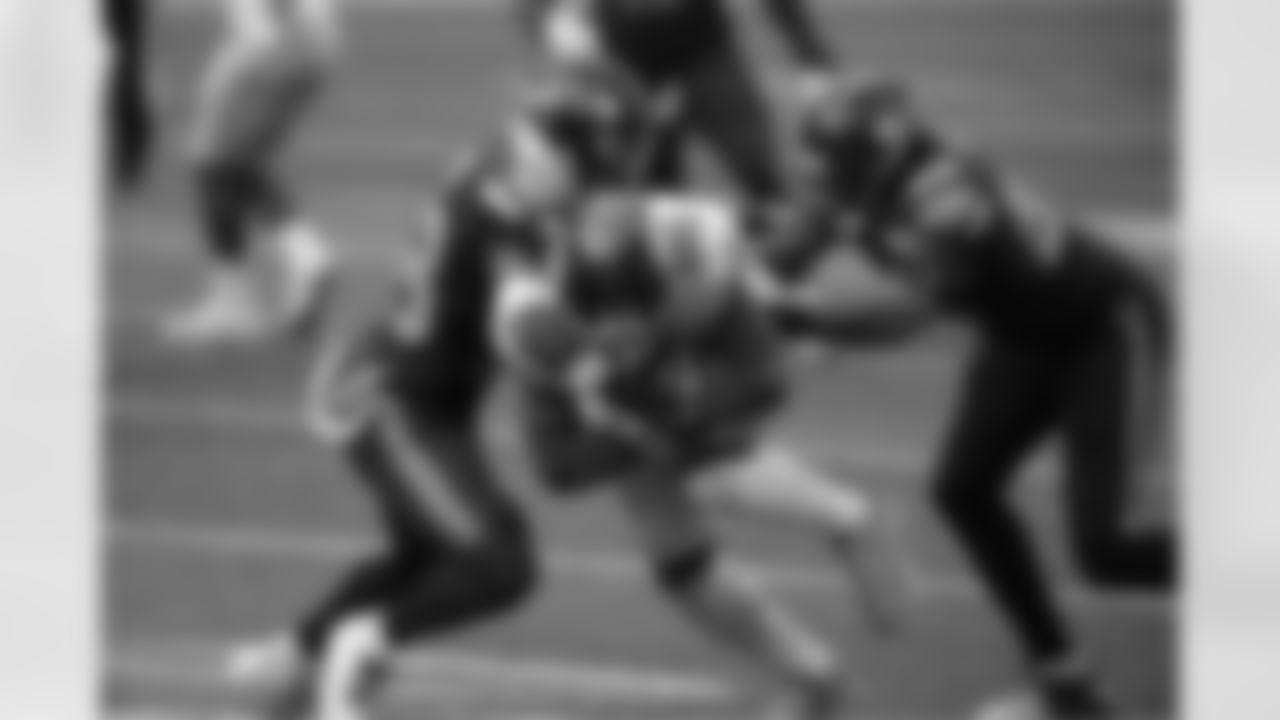
New York Giants tight end Evan Engram (88) carries the ball as Seattle Seahawks strong safety Jamal Adams, left, and linebacker K.J. Wright (50) move to tackle during the first half of an NFL football game, Sunday, Dec. 6, 2020, in Seattle. (AP Photo/Larry Maurer)
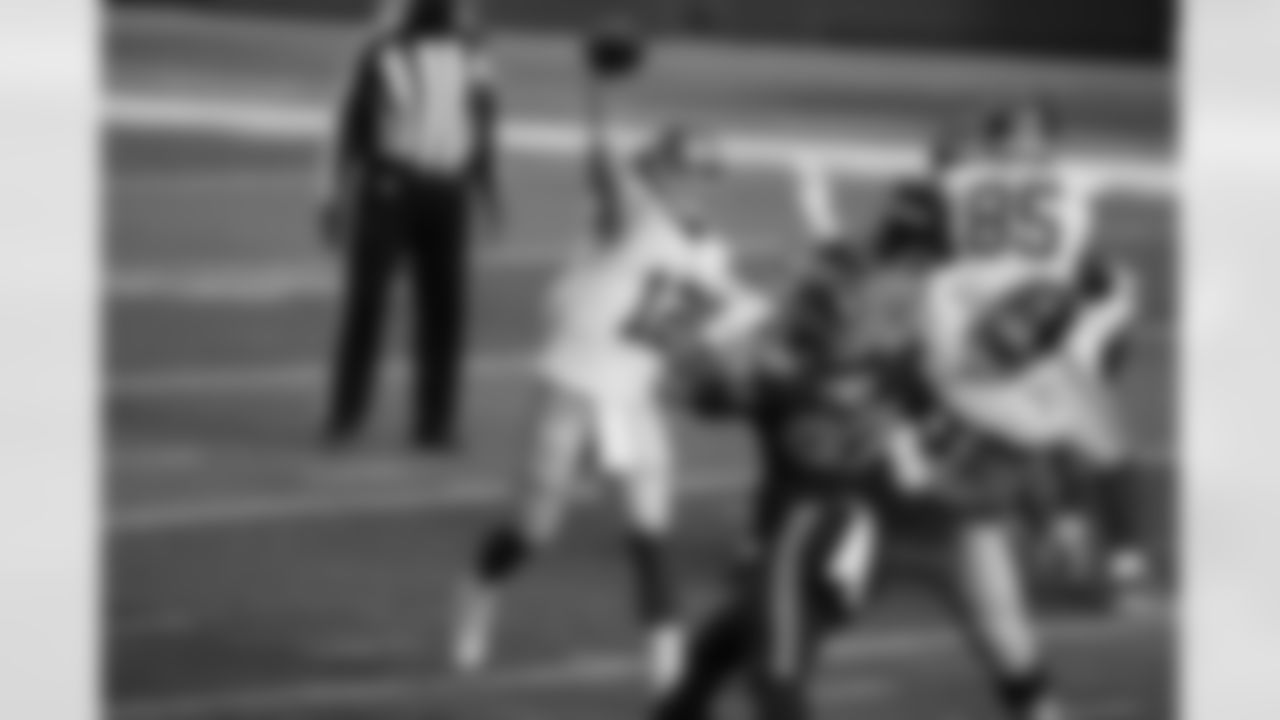
New York Giants quarterback Colt McCoy (12) passes as offensive guard Kevin Zeitler (70) blocks Seattle Seahawks defensive tackle Poona Ford (97) during the first half of an NFL football game, Sunday, Dec. 6, 2020, in Seattle. (AP Photo/Elaine Thompson)
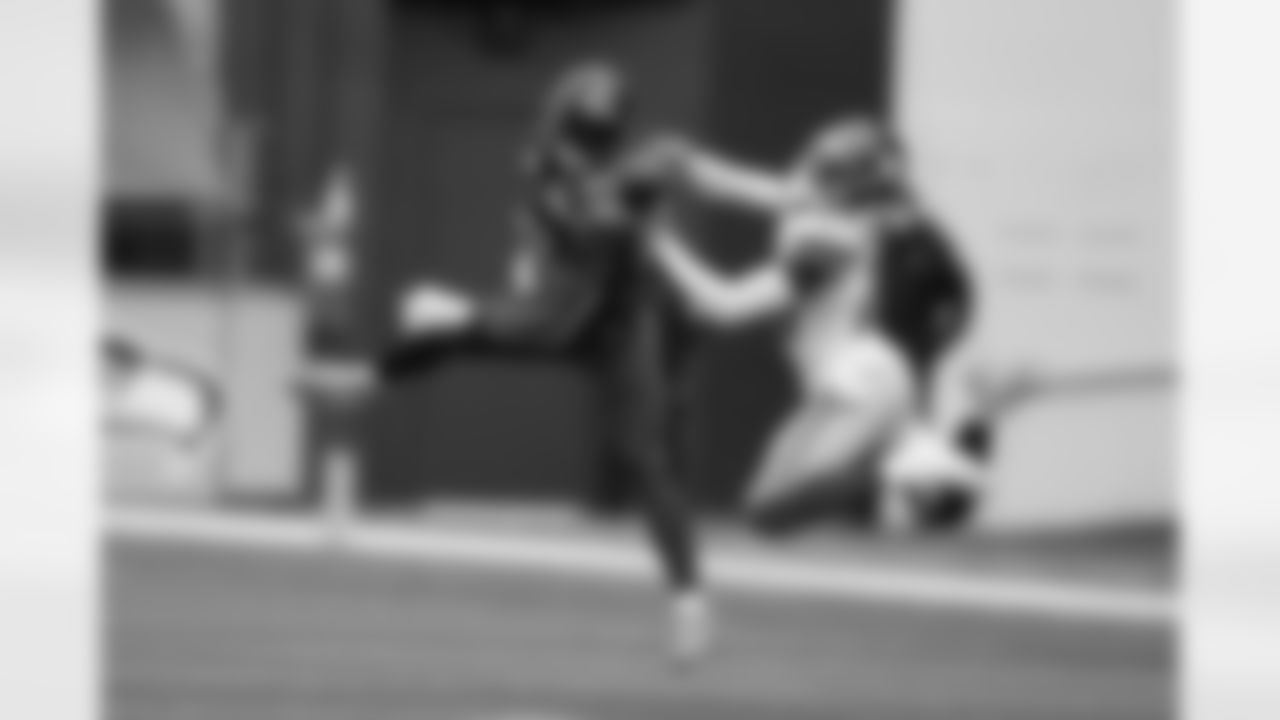
New York Giants cornerback James Bradberry, right, breaks up a pass intended for Seattle Seahawks wide receiver DK Metcalf, left, during the first half of an NFL football game, Sunday, Dec. 6, 2020, in Seattle. (AP Photo/Elaine Thompson)
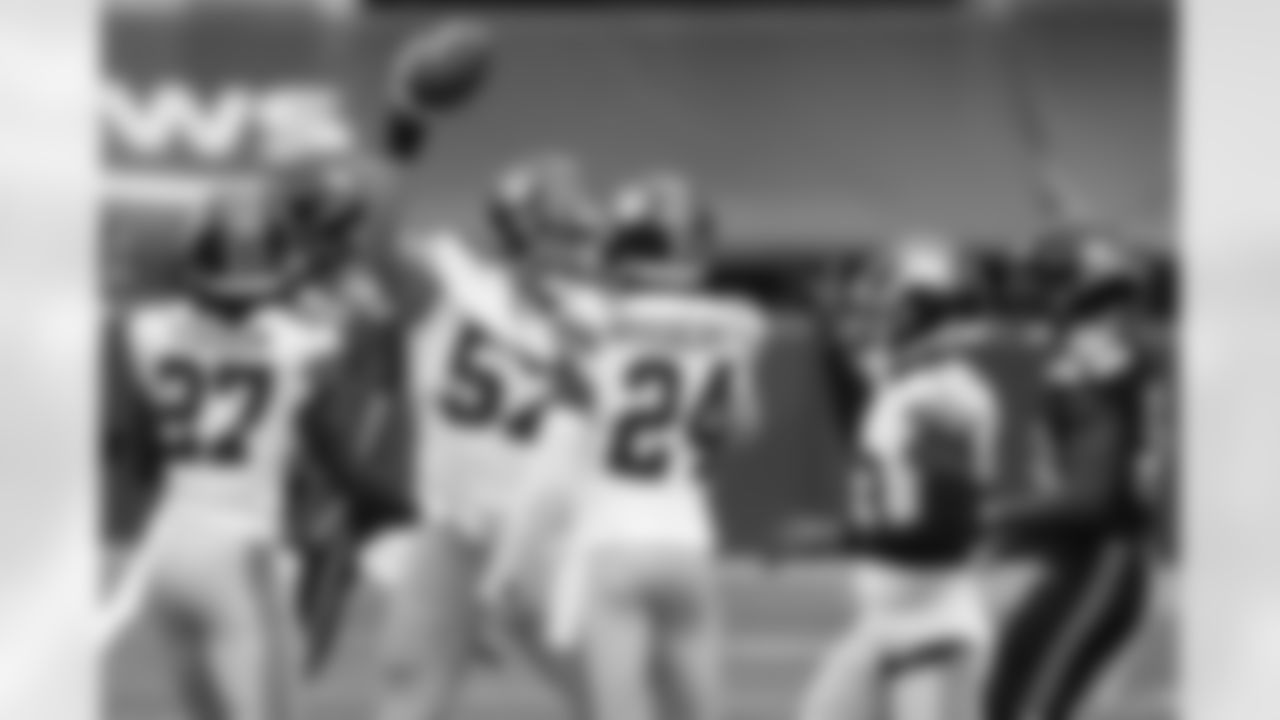
New York Giants defensive end Niko Lalos (57) celebrates with teammates after he recovered a fumble by Seattle Seahawks quarterback Russell Wilson (not shown) during the first half of an NFL football game, Sunday, Dec. 6, 2020, in Seattle. (AP Photo/Elaine Thompson)
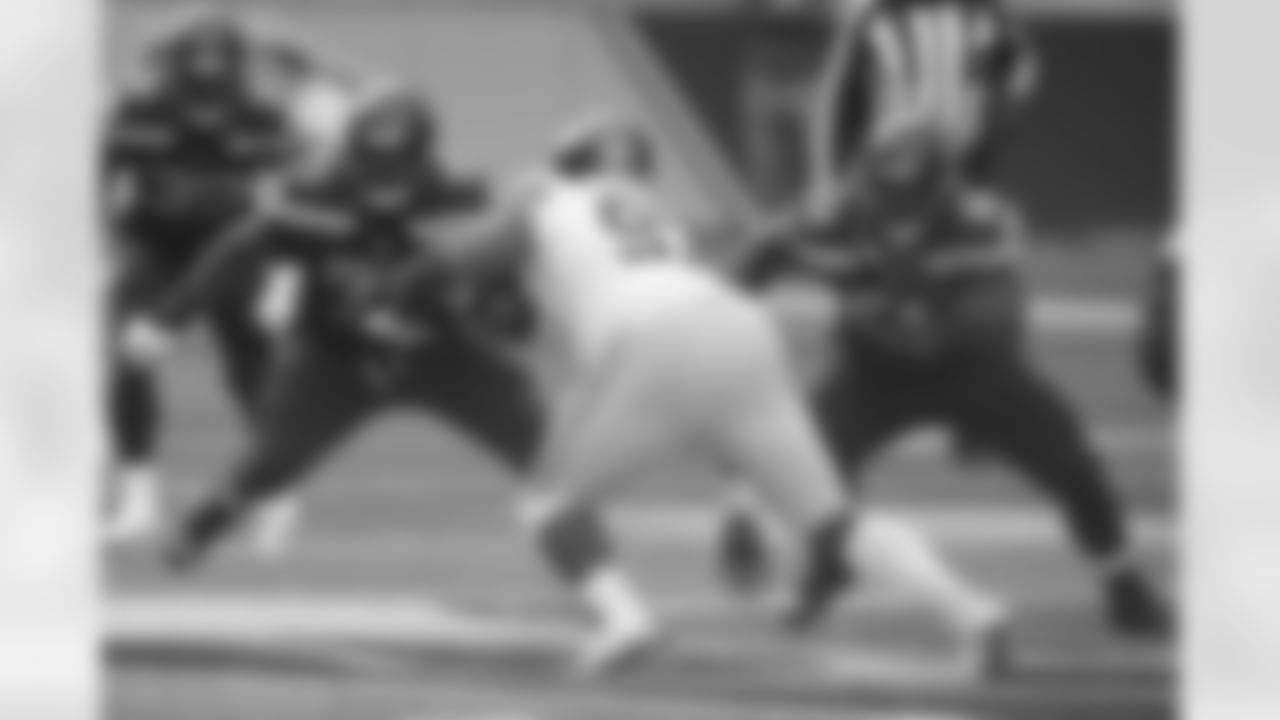
Seattle Seahawks offensive tackle Jamarco Jones (73) and offensive guard Damien Lewis (68) square off against New York Giants defensive tackle Dexter Lawrence (97) during the first half of an NFL football game, Sunday, Dec. 6, 2020, in Seattle. (AP Photo/Larry Maurer)
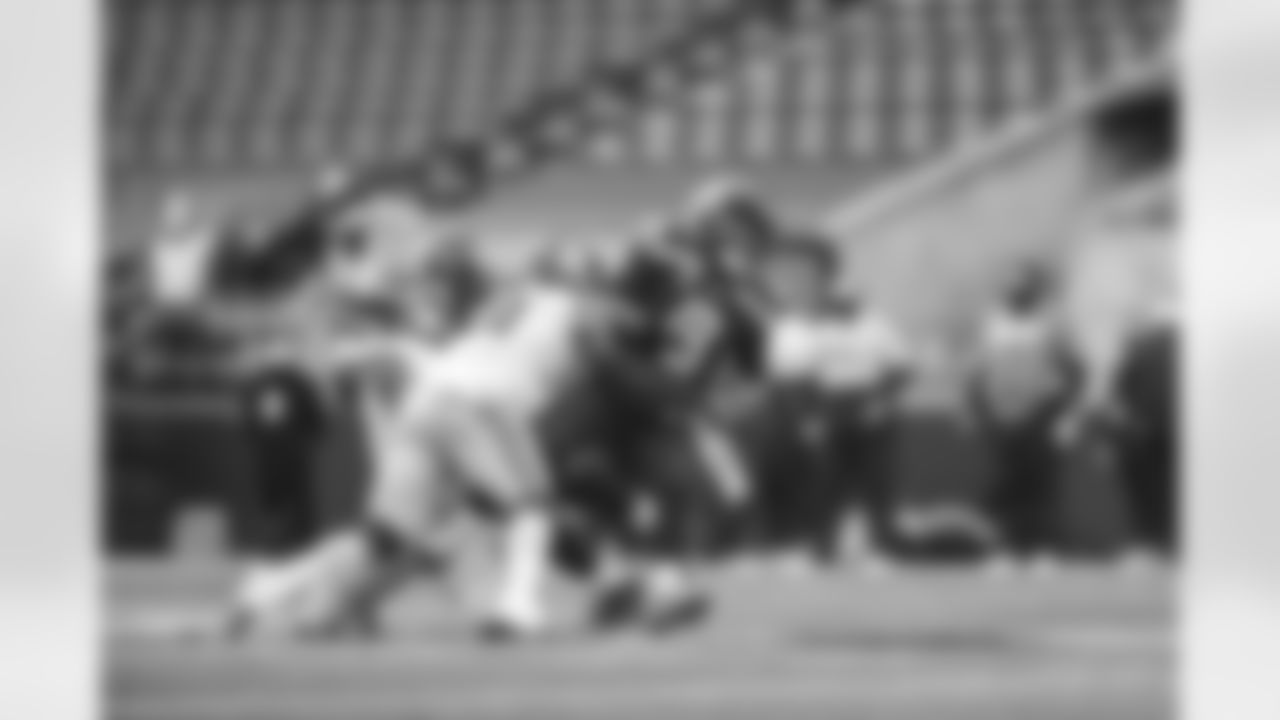
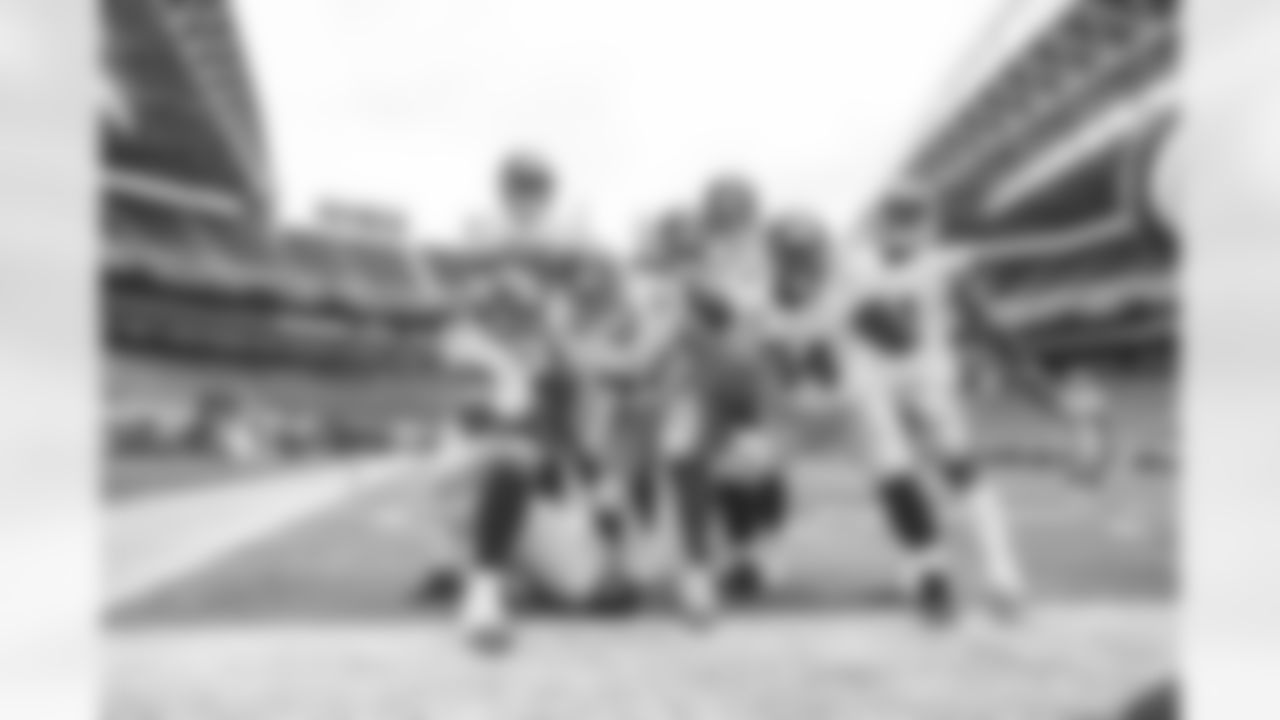
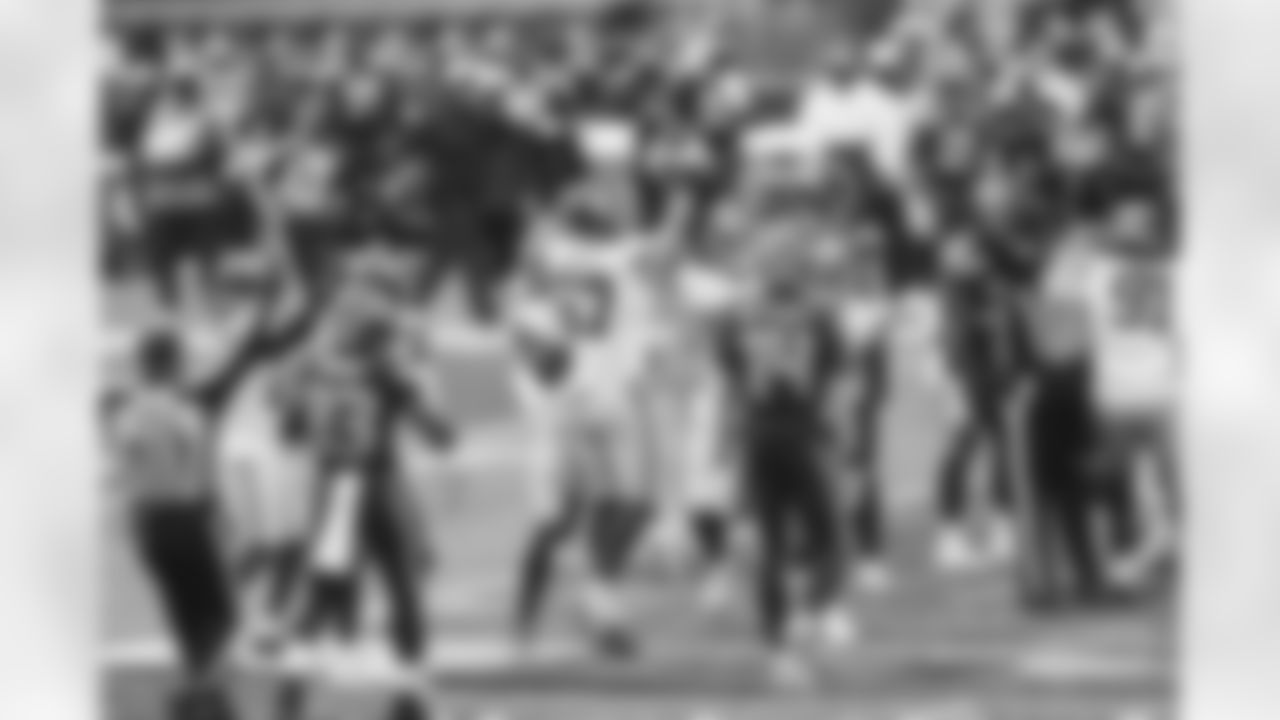
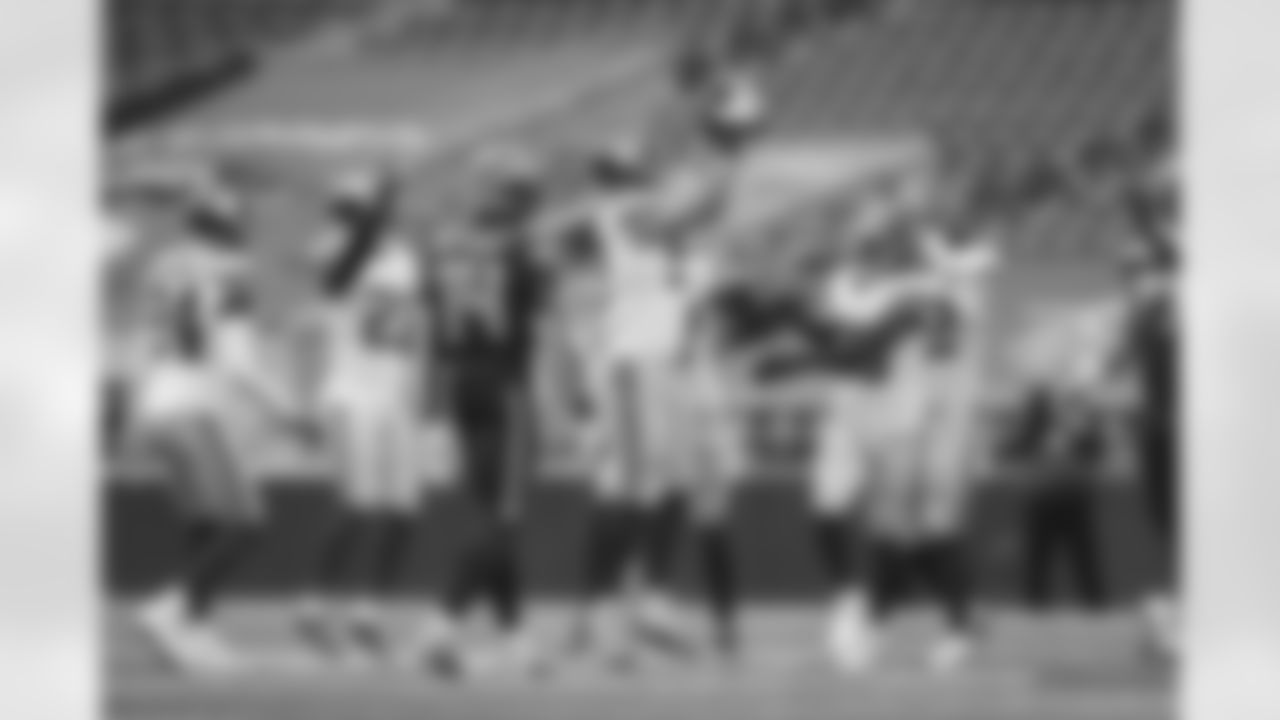
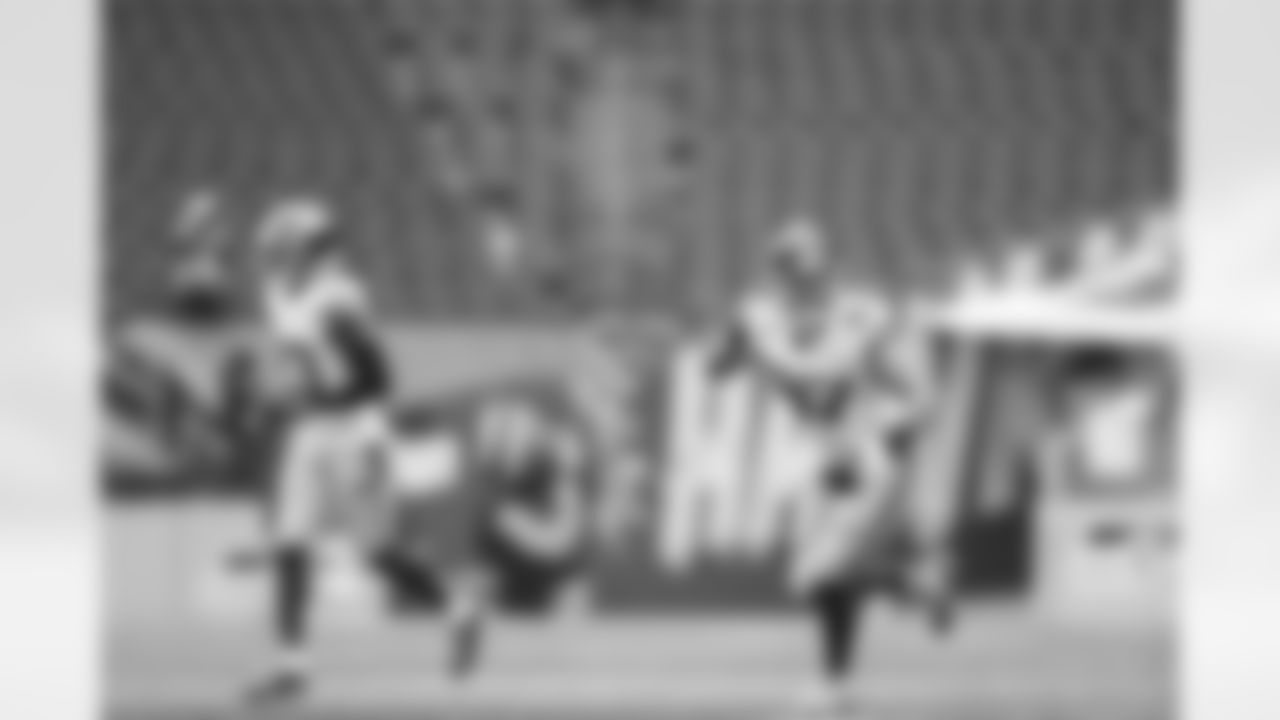
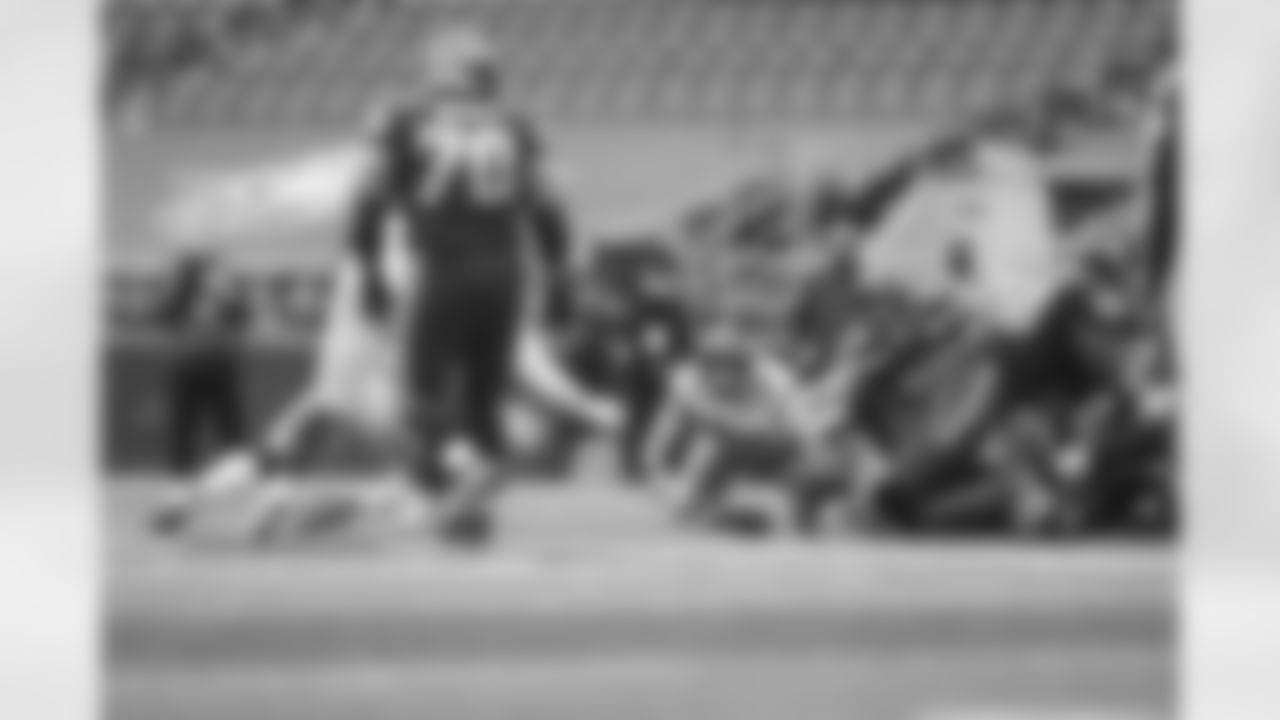
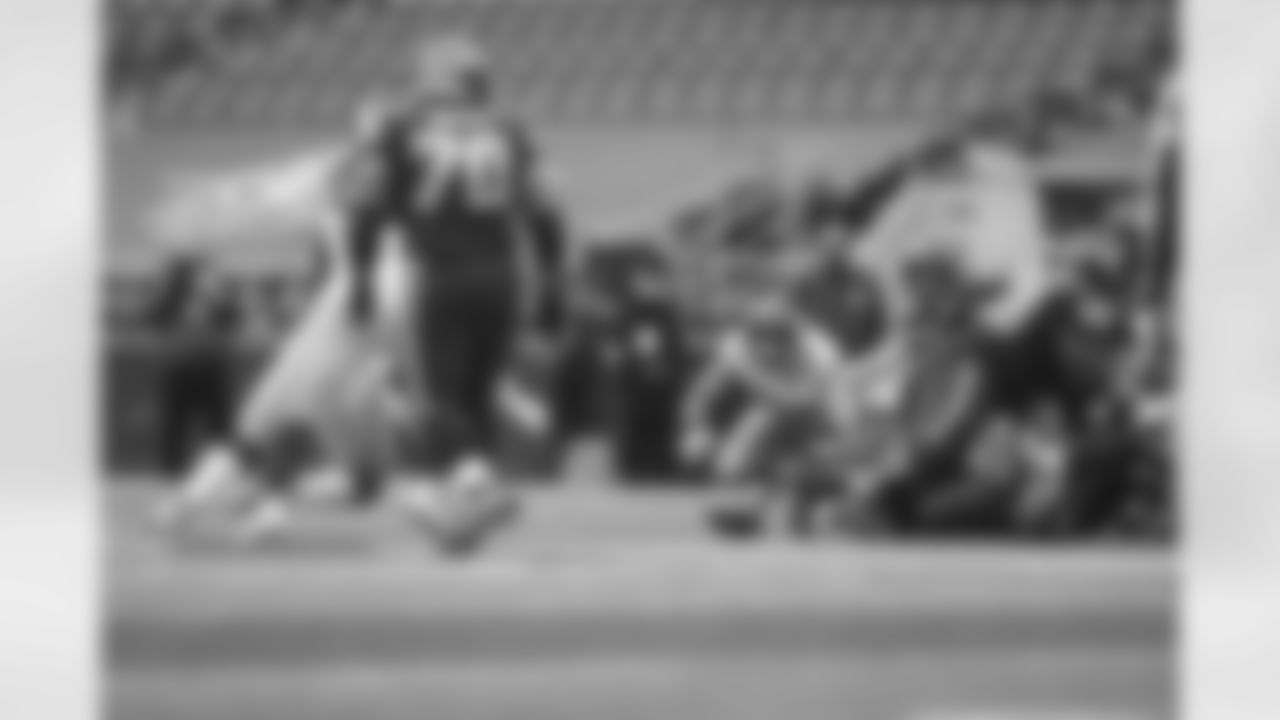
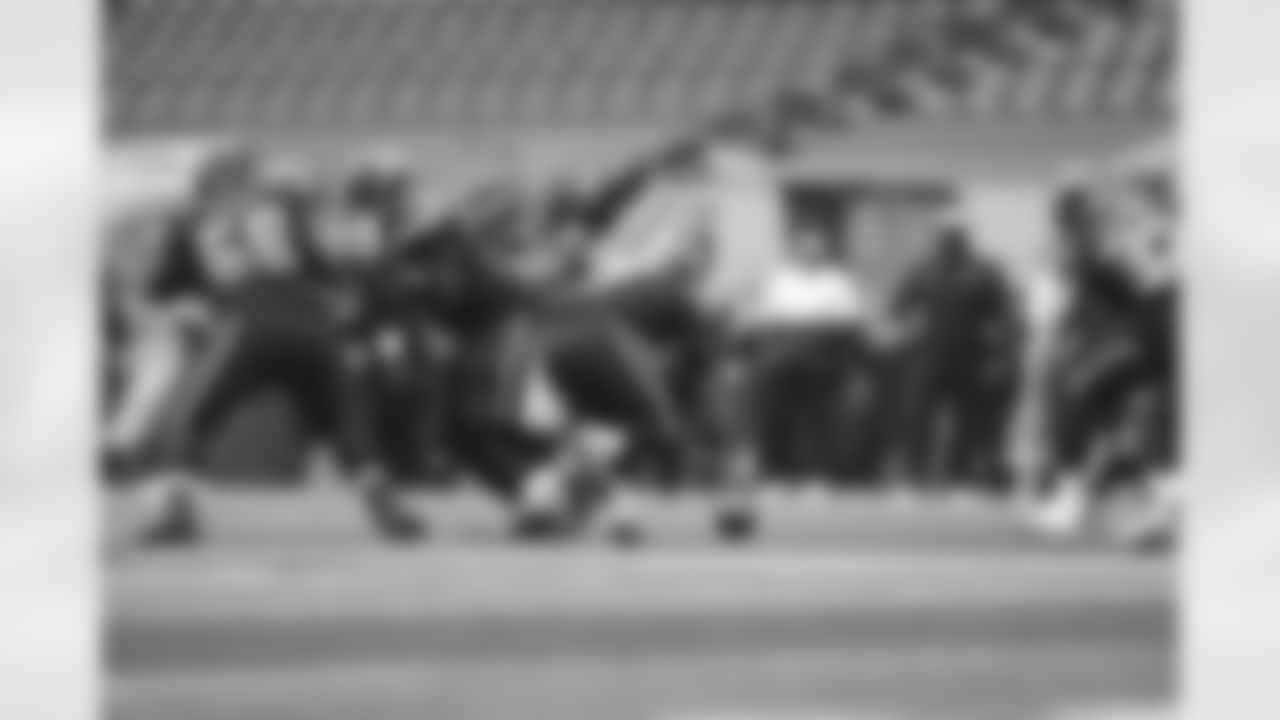
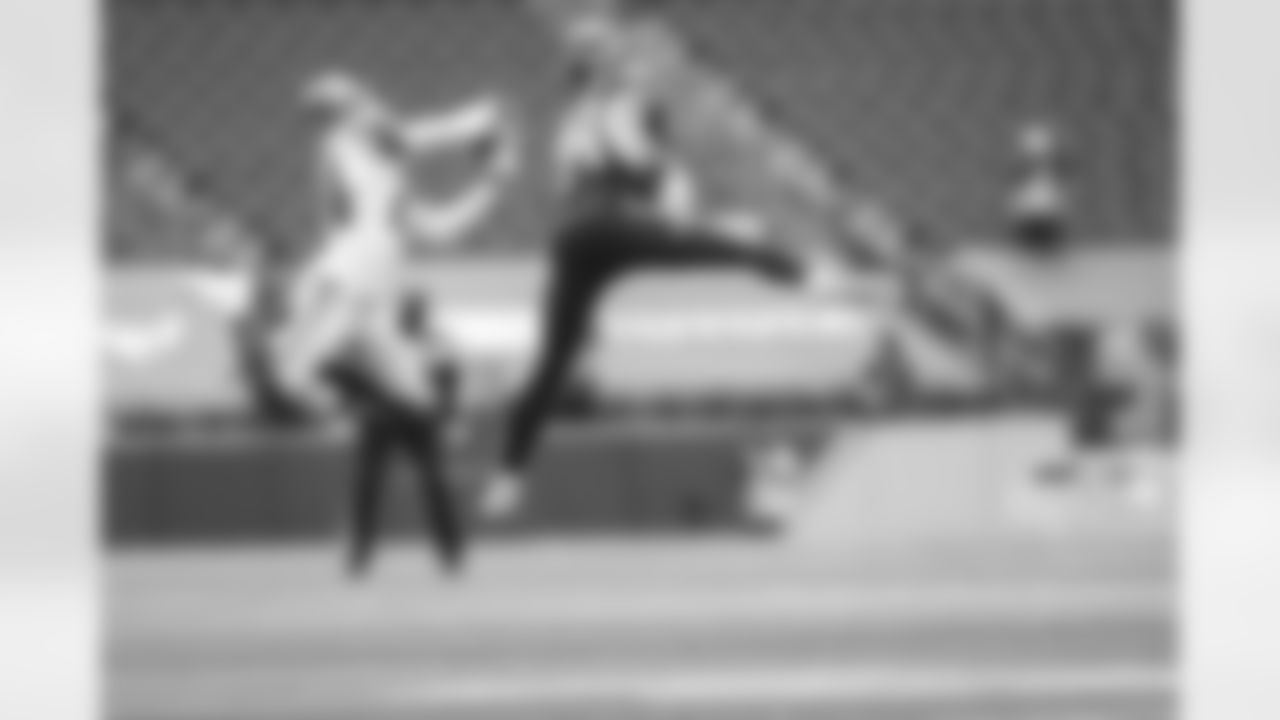
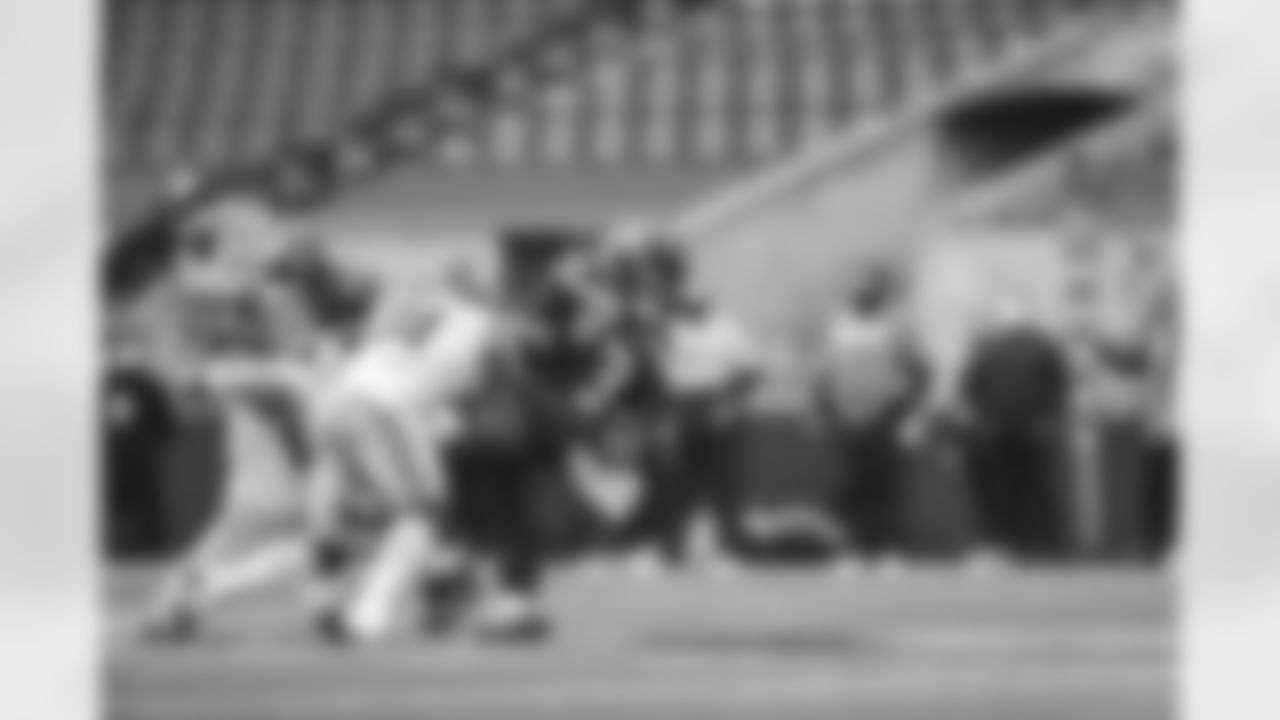
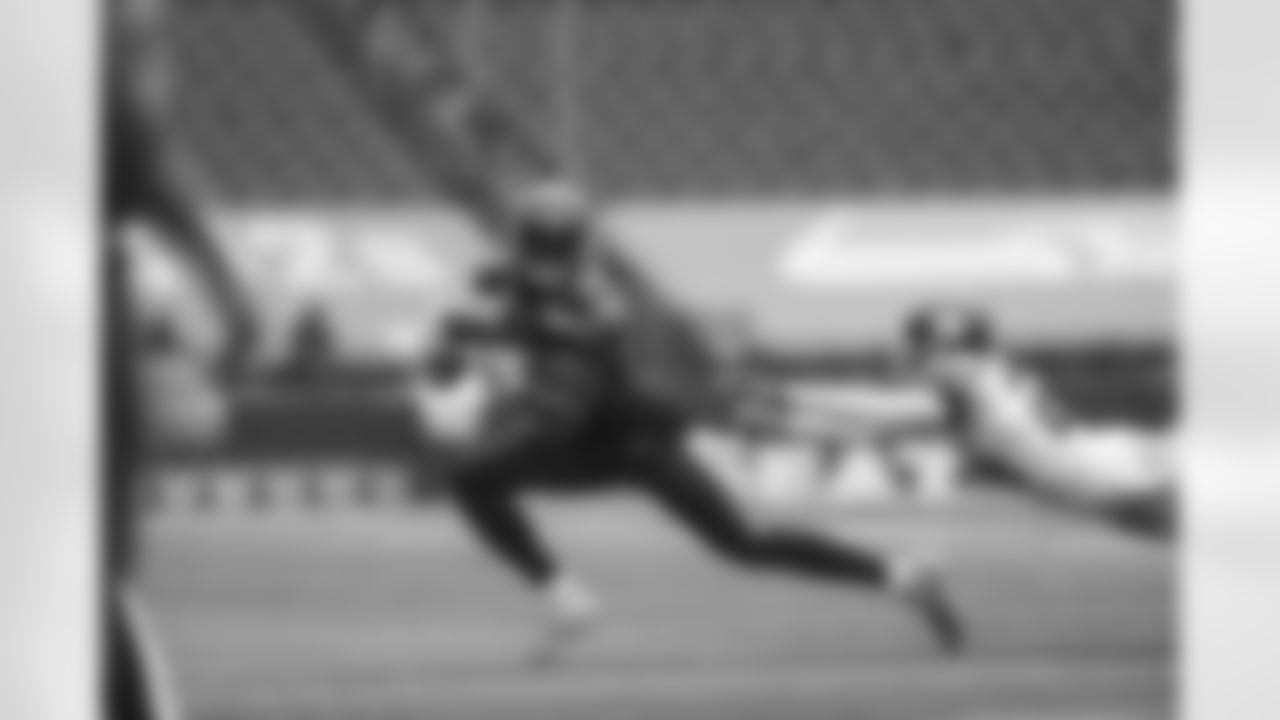
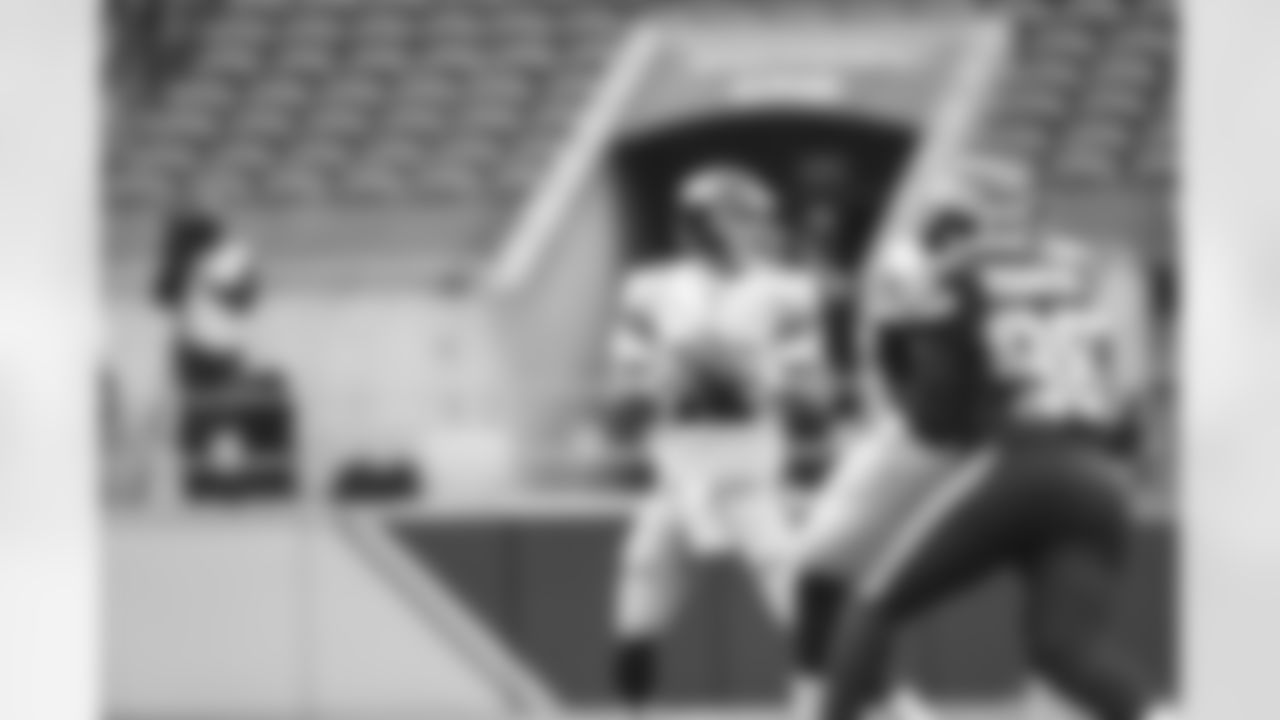
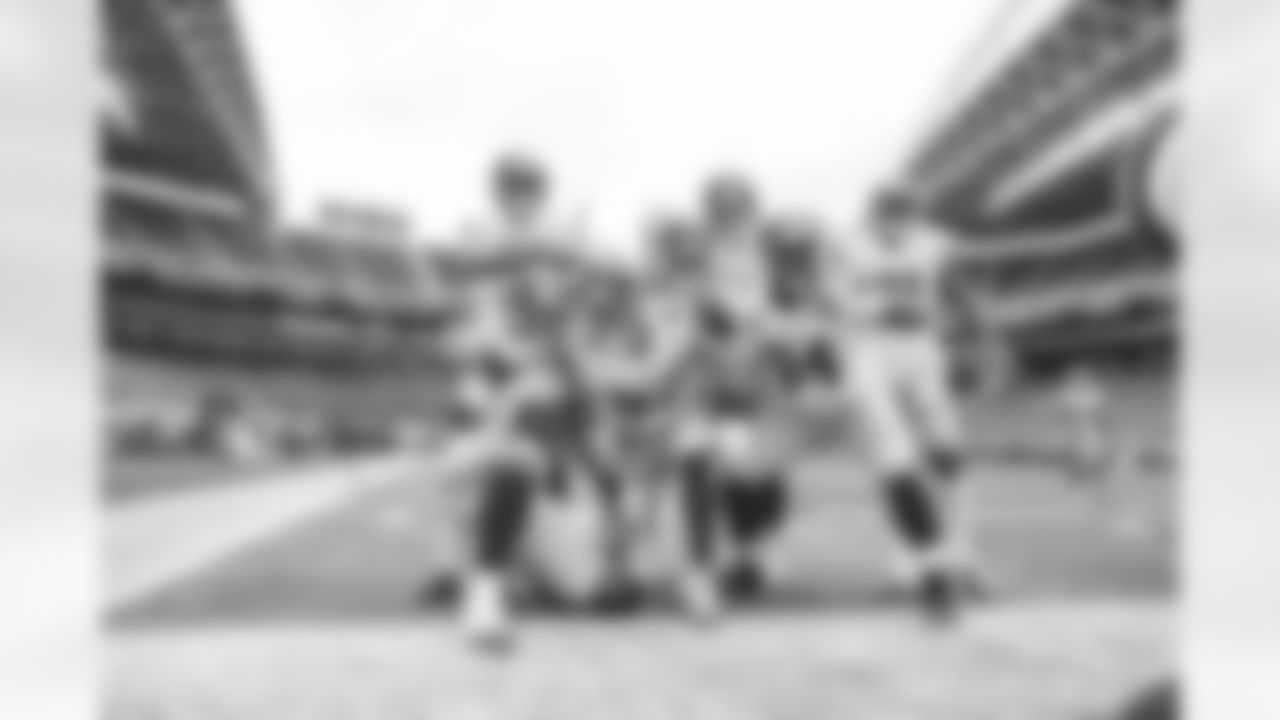
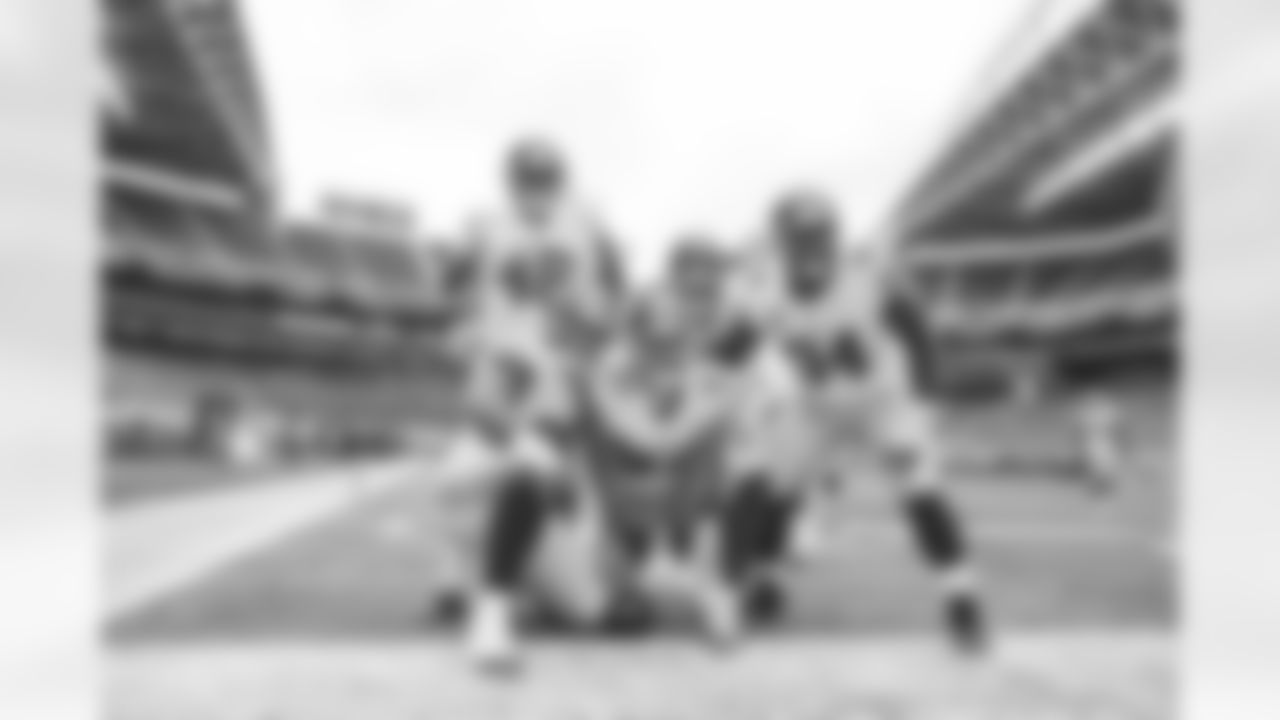
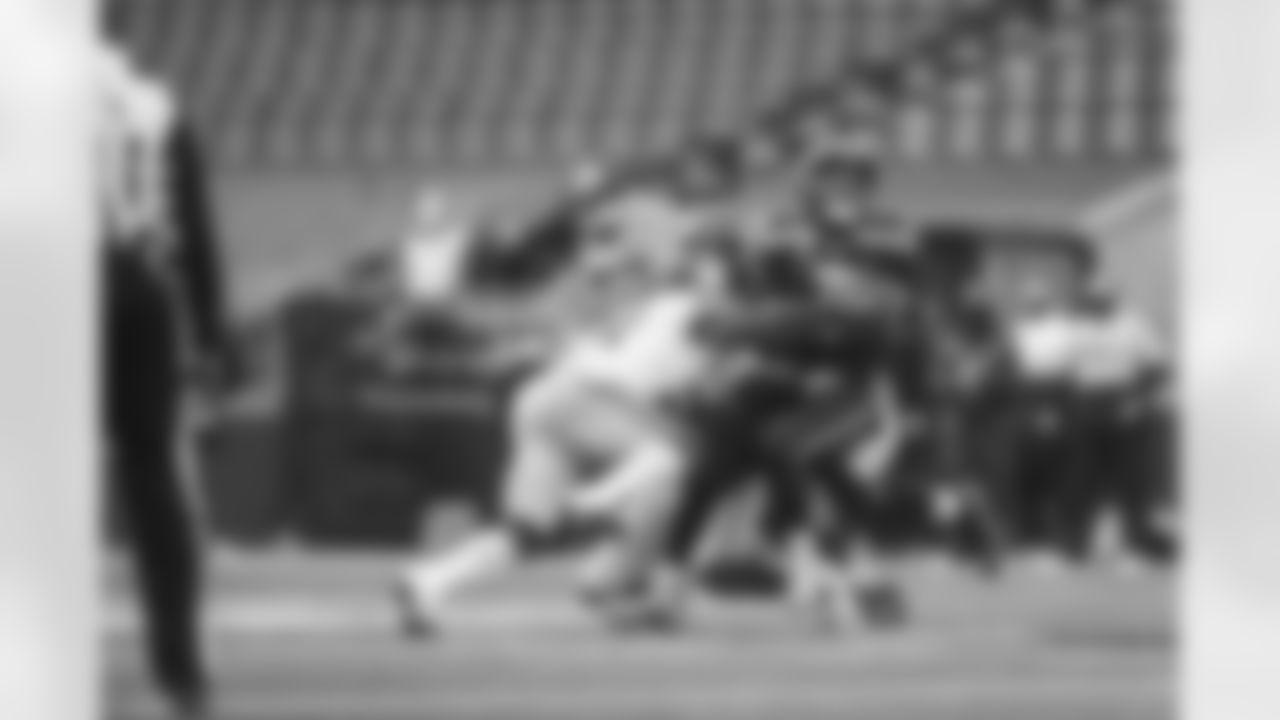
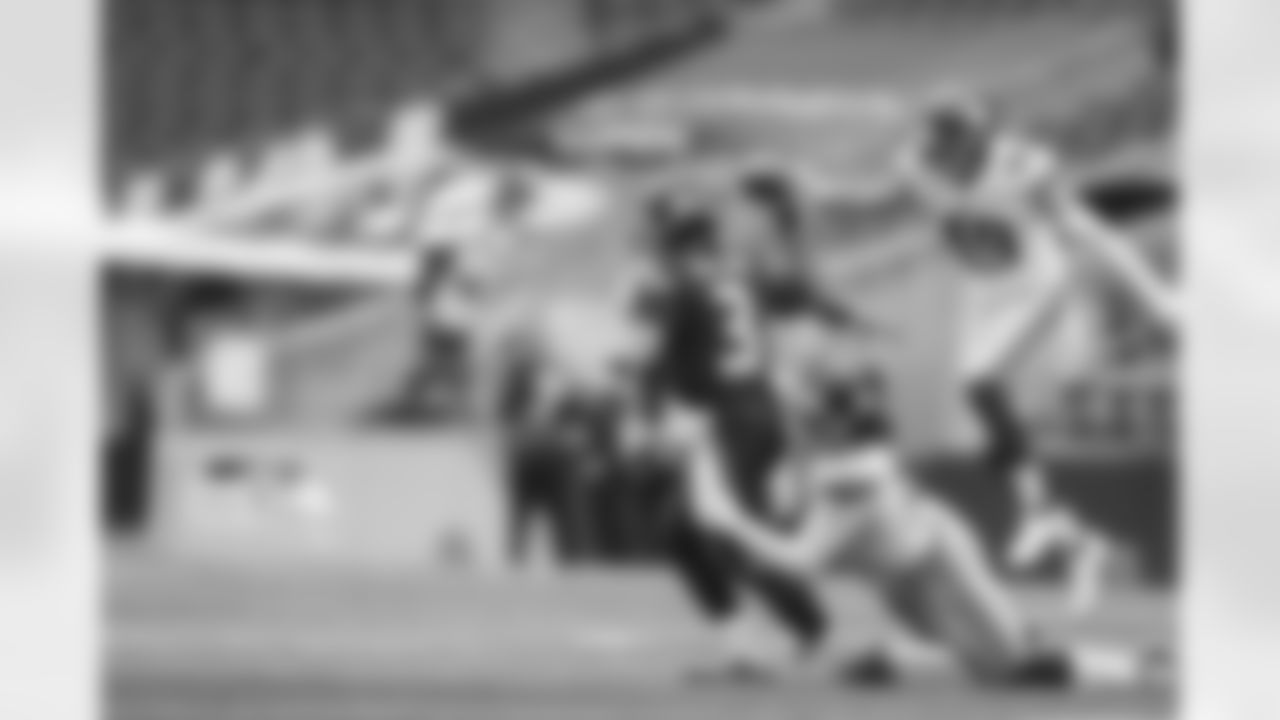
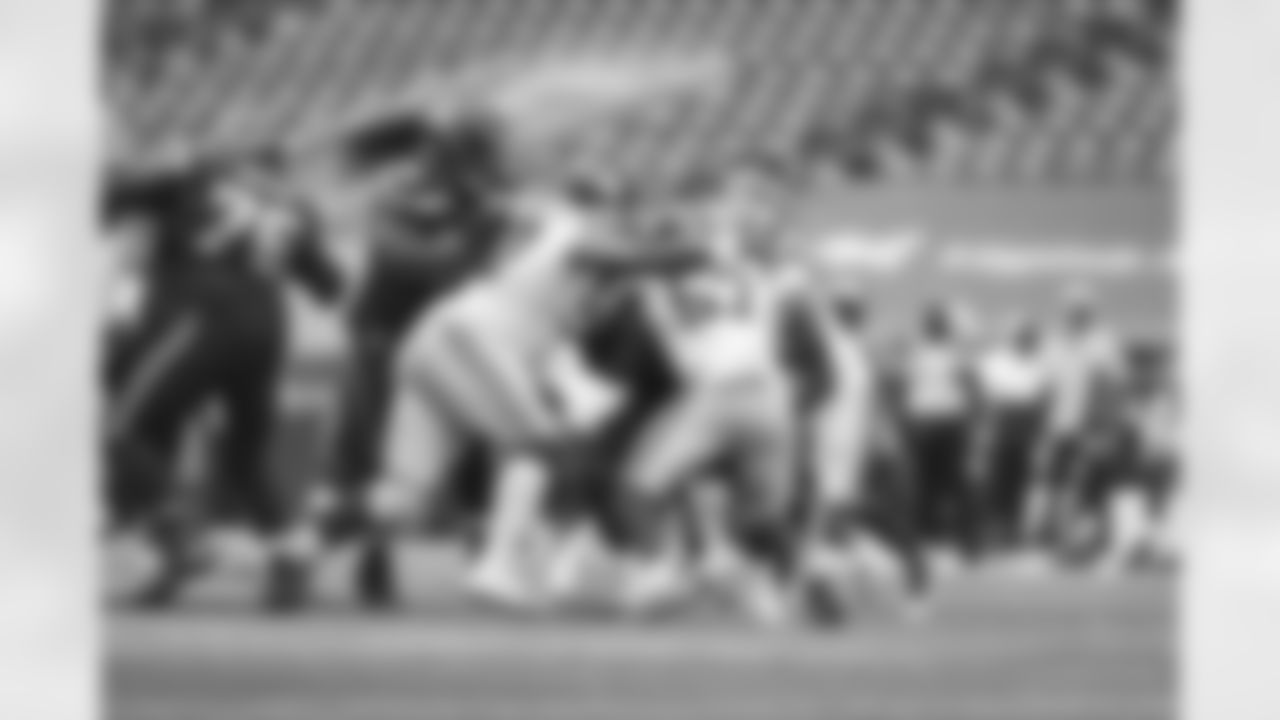
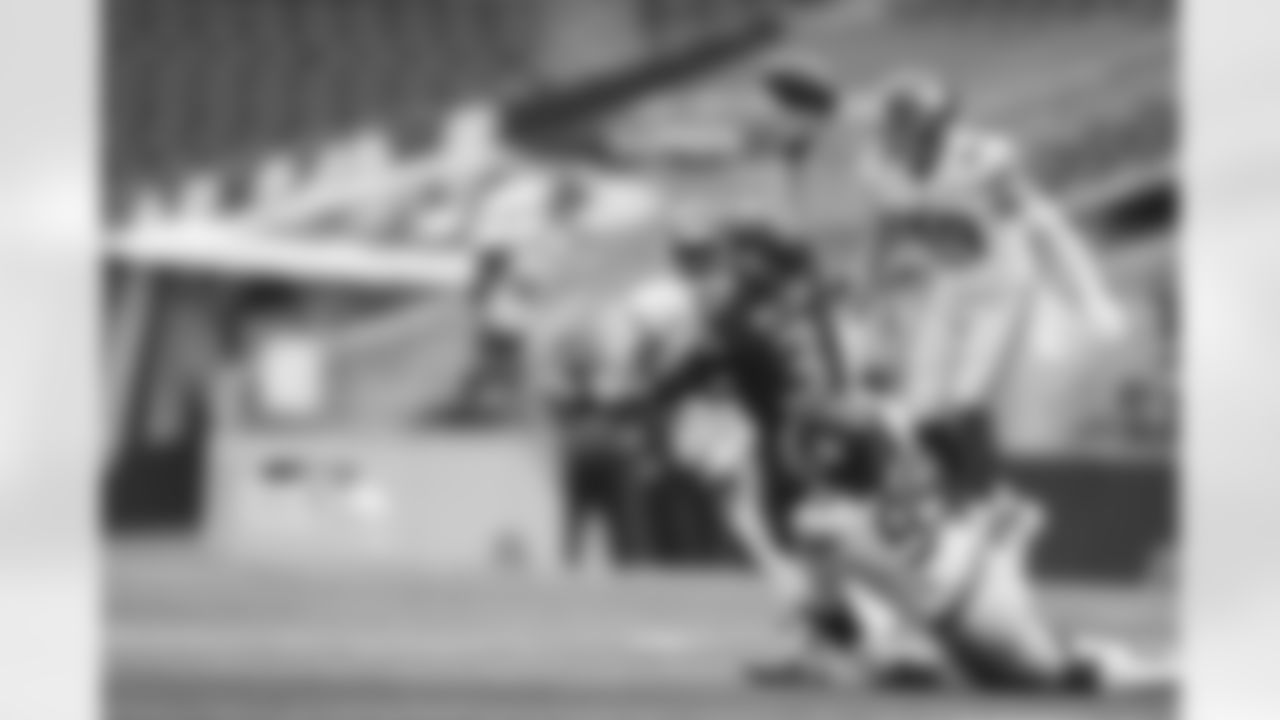
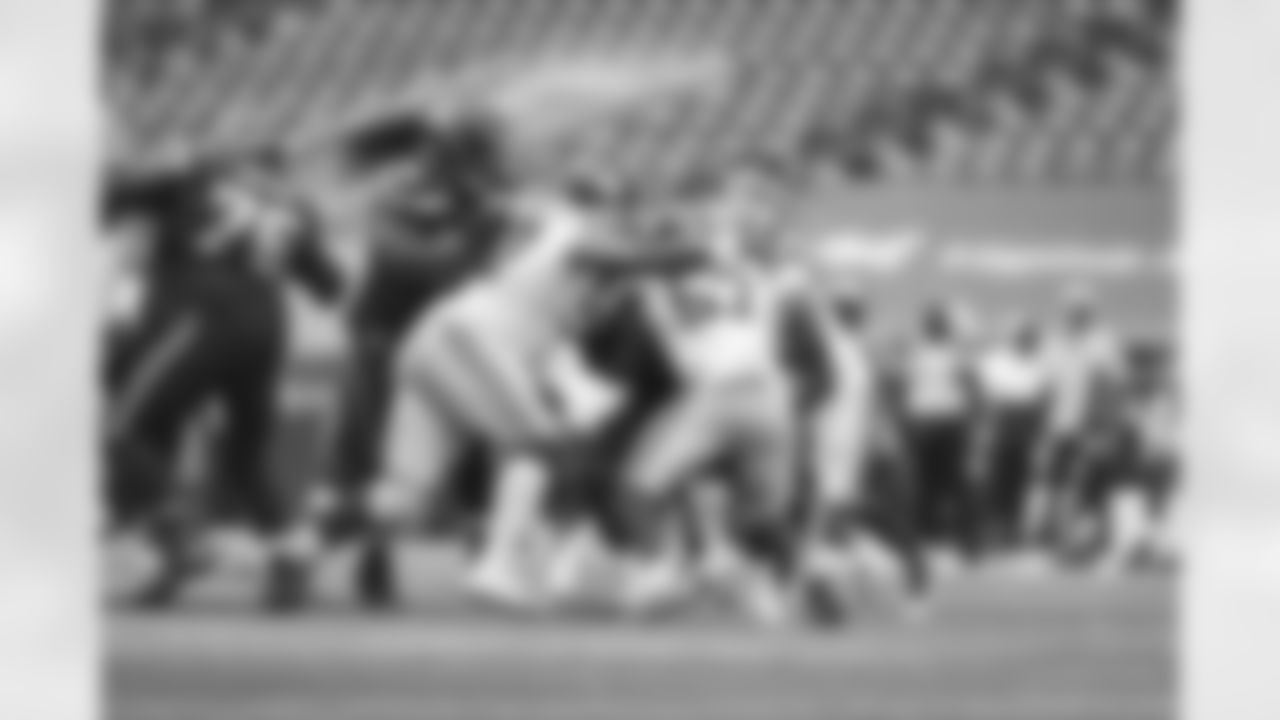
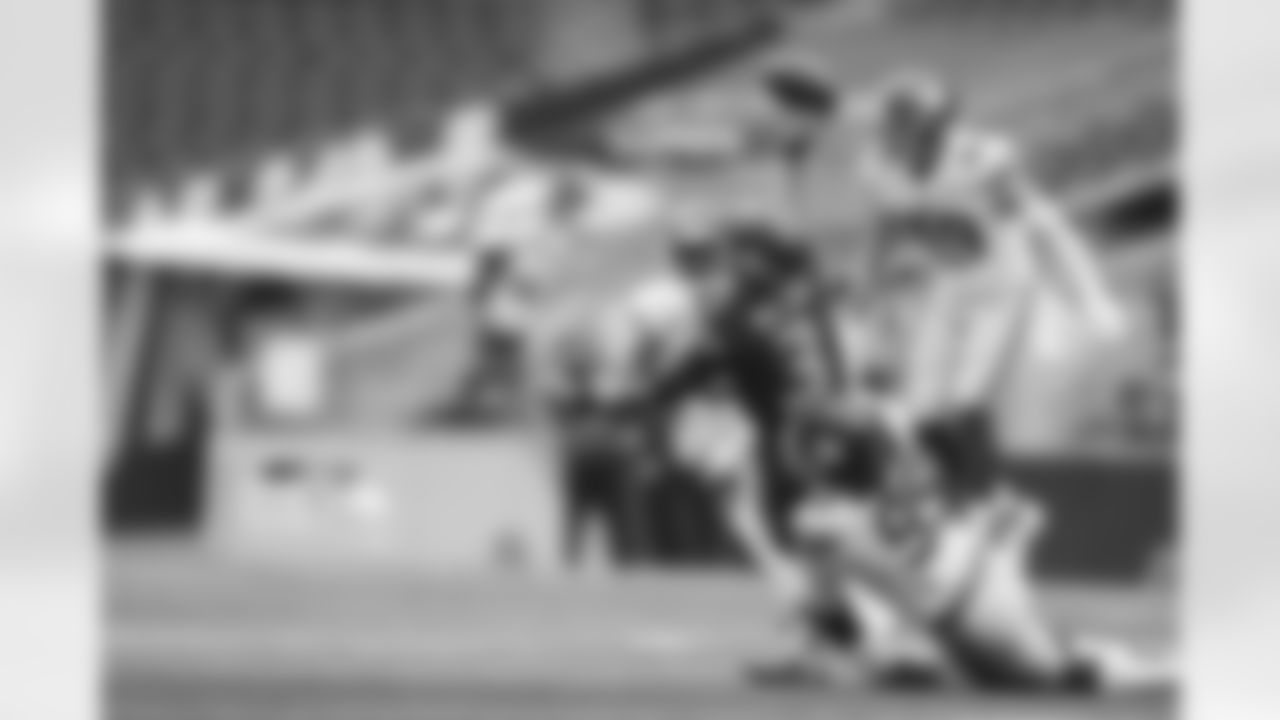

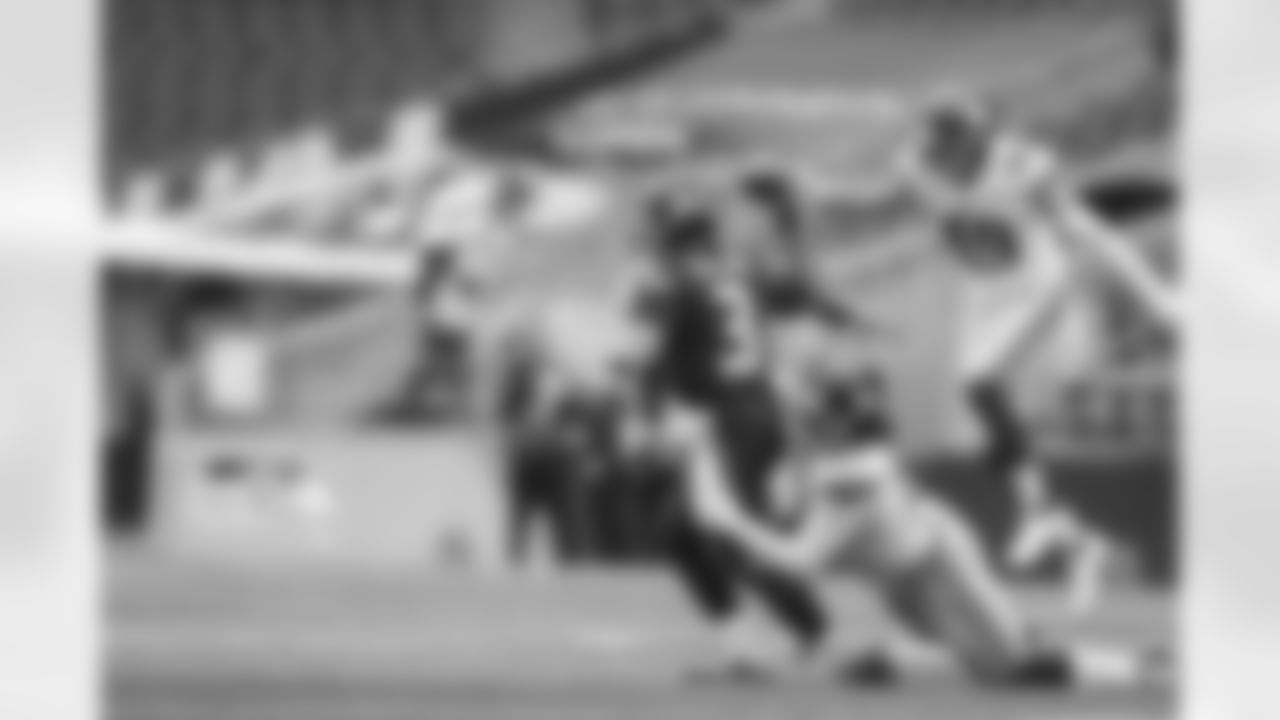
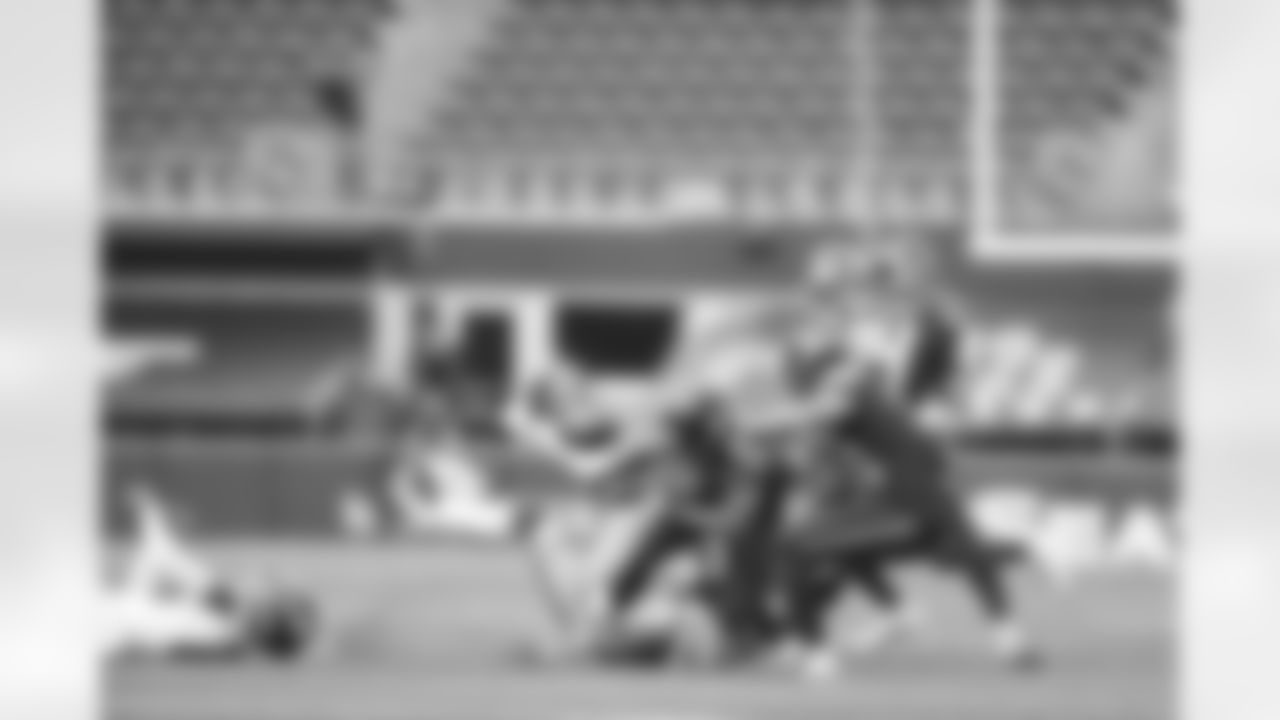
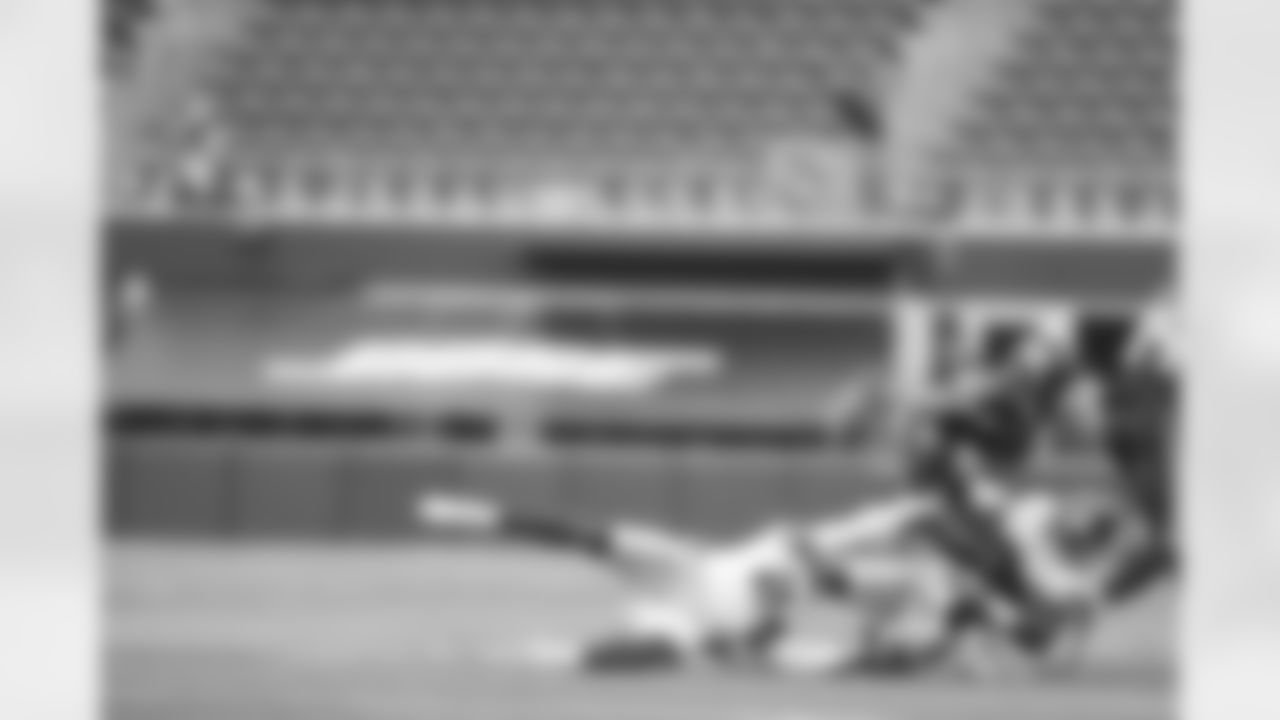
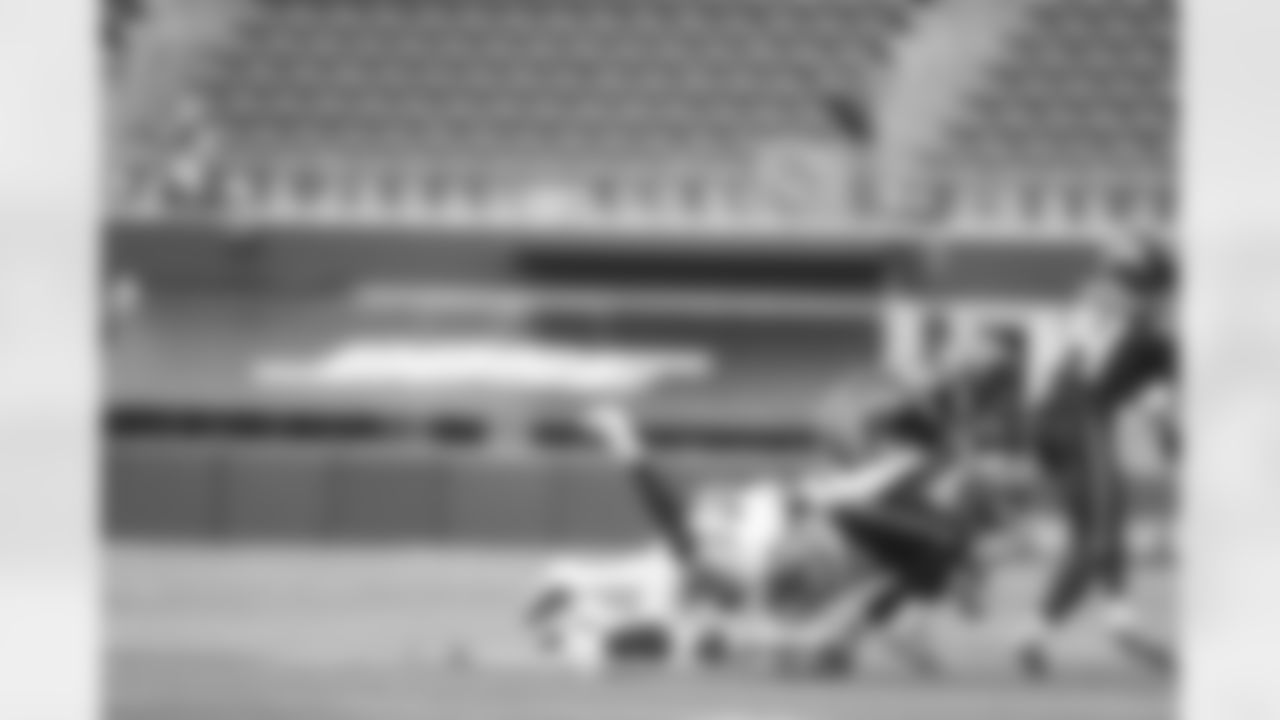
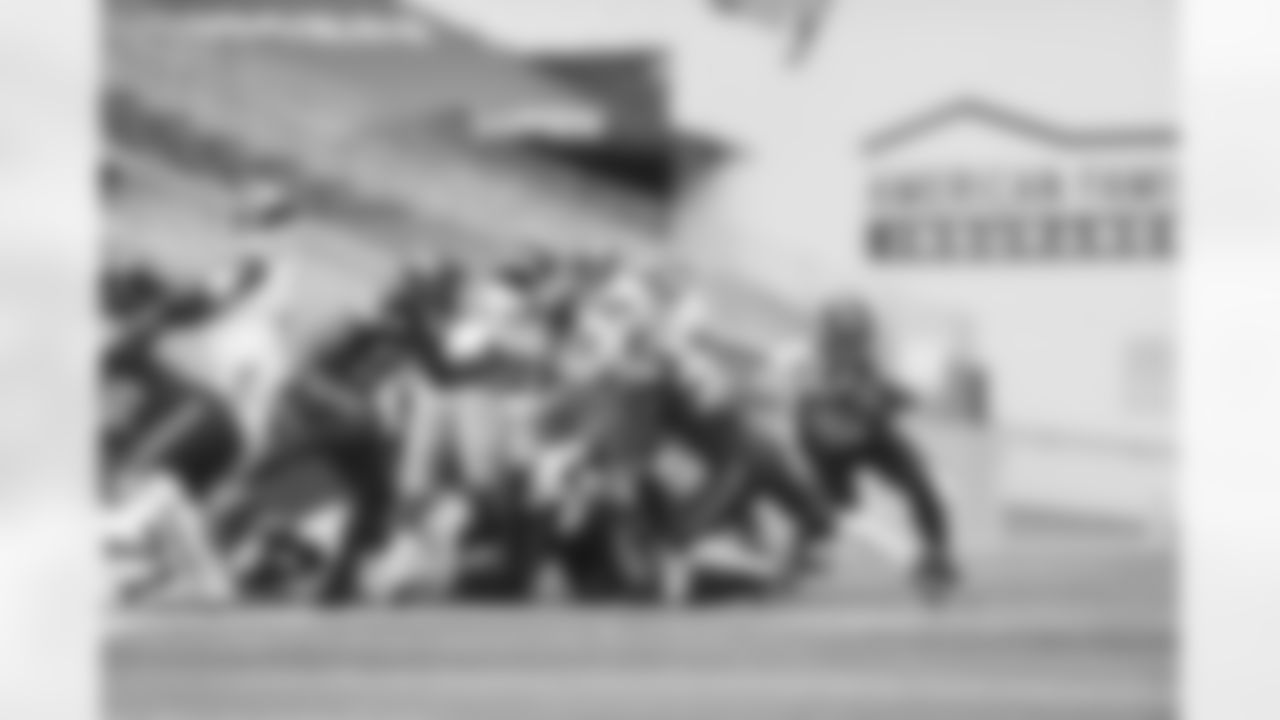
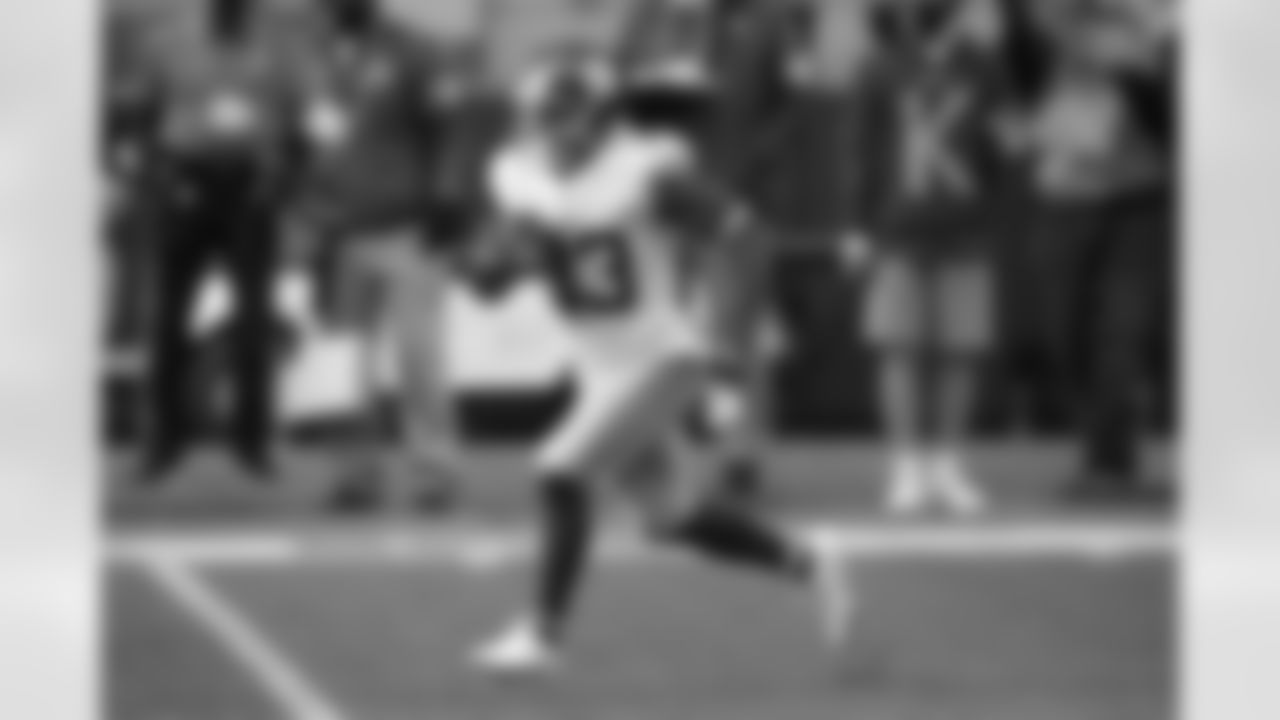
New York Giants running back Dion Lewis runs the ball during the first half of an NFL football game against the Seattle Seahawks, Sunday, Dec. 6, 2020, in Seattle. (AP Photo/Larry Maurer)
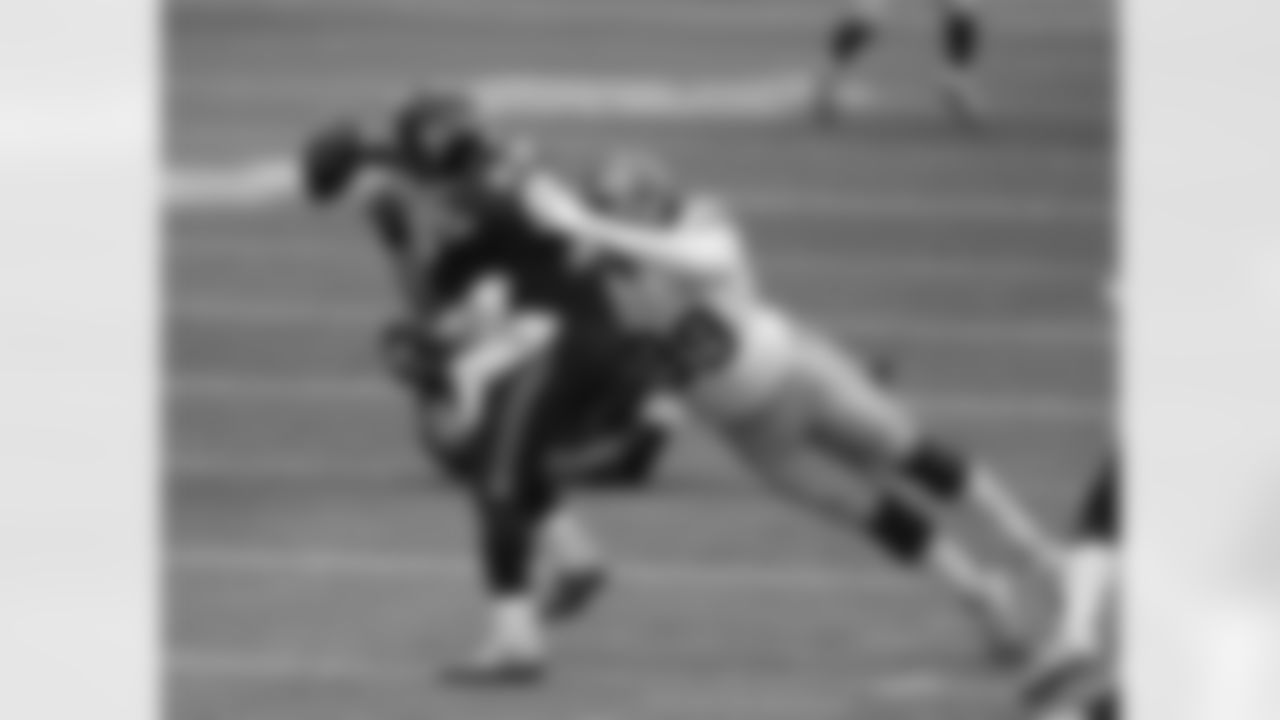
Seattle Seahawks quarterback Russell Wilson (3) is sacked by New York Giants defensive end Leonard Williams (99) during the first half of an NFL football game, Sunday, Dec. 6, 2020, in Seattle. (AP Photo/Elaine Thompson)
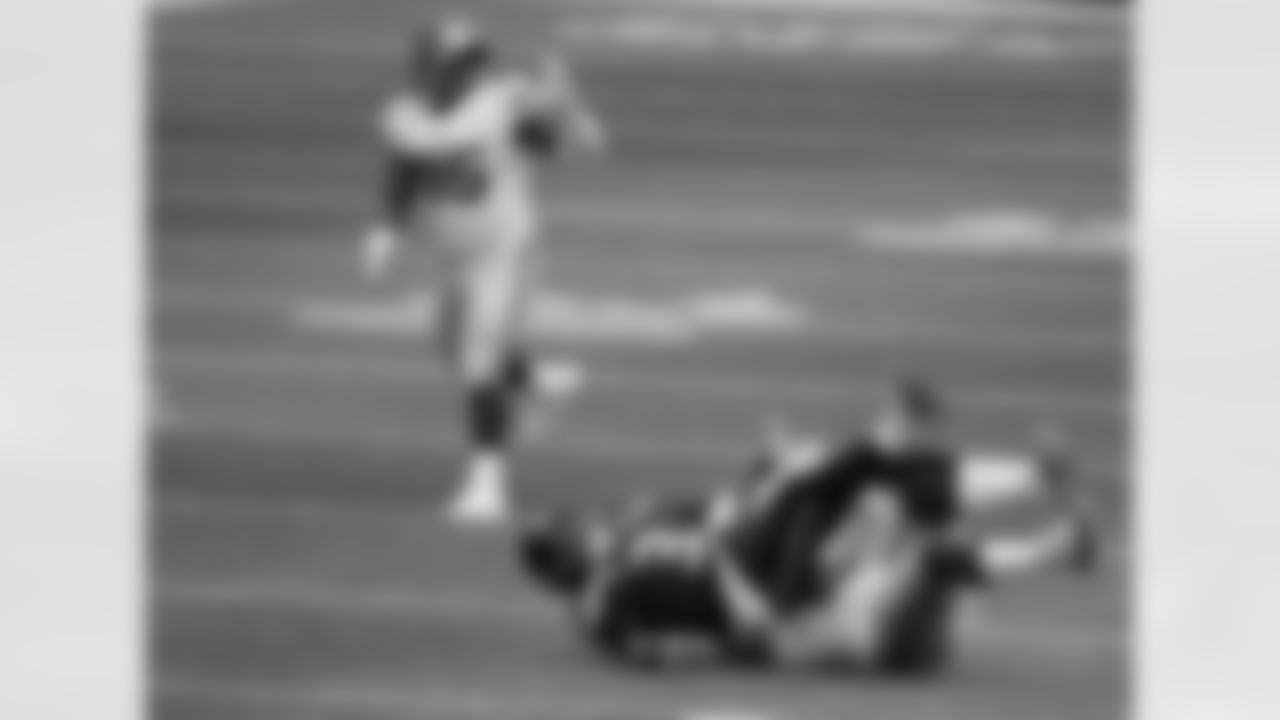
Seattle Seahawks quarterback Russell Wilson (3) is sacked by New York Giants defensive end Leonard Williams, right, during the first half of an NFL football game, Sunday, Dec. 6, 2020, in Seattle. (AP Photo/Elaine Thompson)
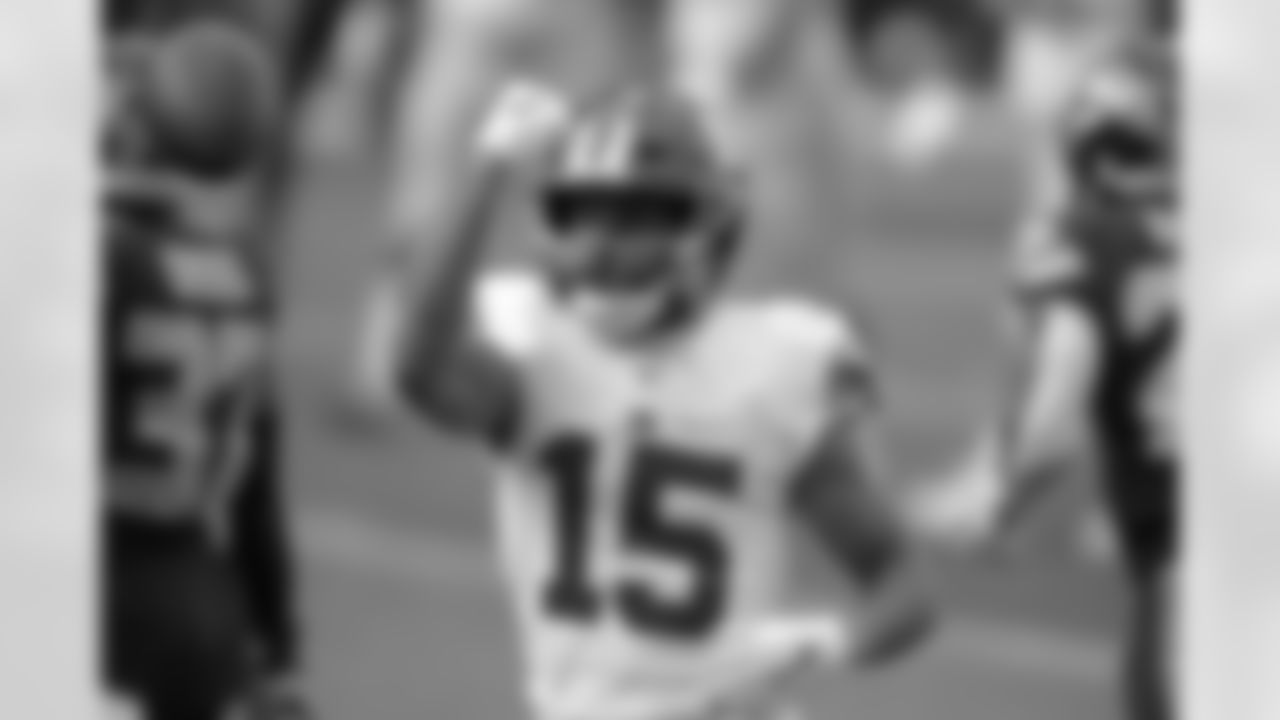
New York Giants wide receiver Golden Tate tosses the ball after a play against the Seattle Seahawks during the first half of an NFL football game, Sunday, Dec. 6, 2020, in Seattle. (AP Photo/Larry Maurer)

New York Giants running back Alfred Morris (41) gets past Seattle Seahawks free safety D.J. Reed (29) to rush for a touchdown during the second half of an NFL football game, Sunday, Dec. 6, 2020, in Seattle. (AP Photo/Larry Maurer)
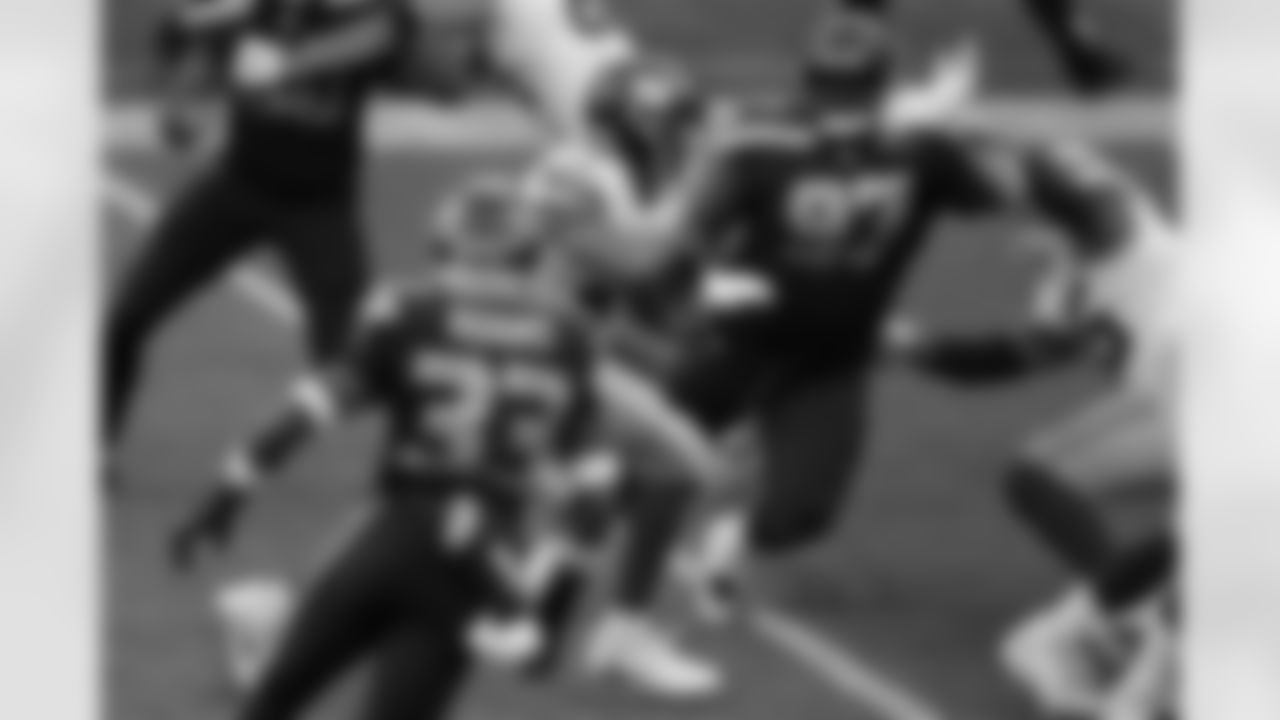
New York Giants running back Alfred Morris, center-left, gets past Seattle Seahawks Seattle Seahawks defensive tackle Poona Ford (97) to rush for a touchdown during the second half of an NFL football game, Sunday, Dec. 6, 2020, in Seattle. (AP Photo/Elaine Thompson)
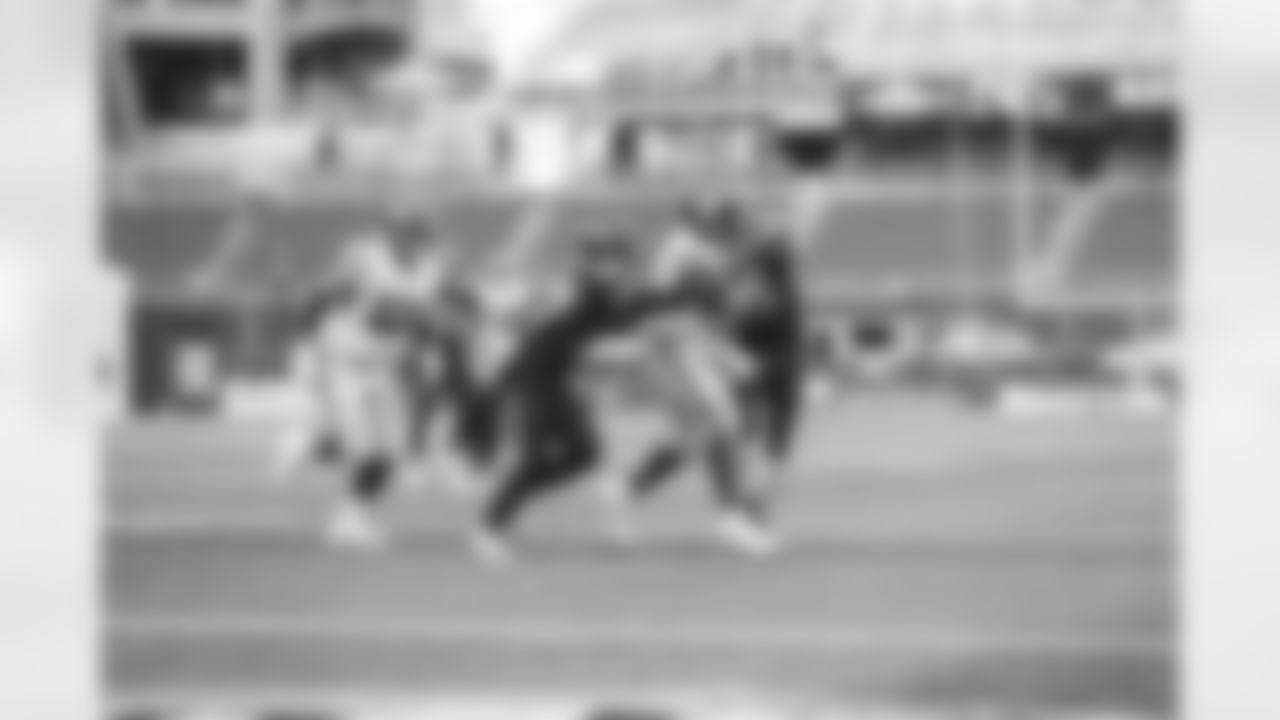
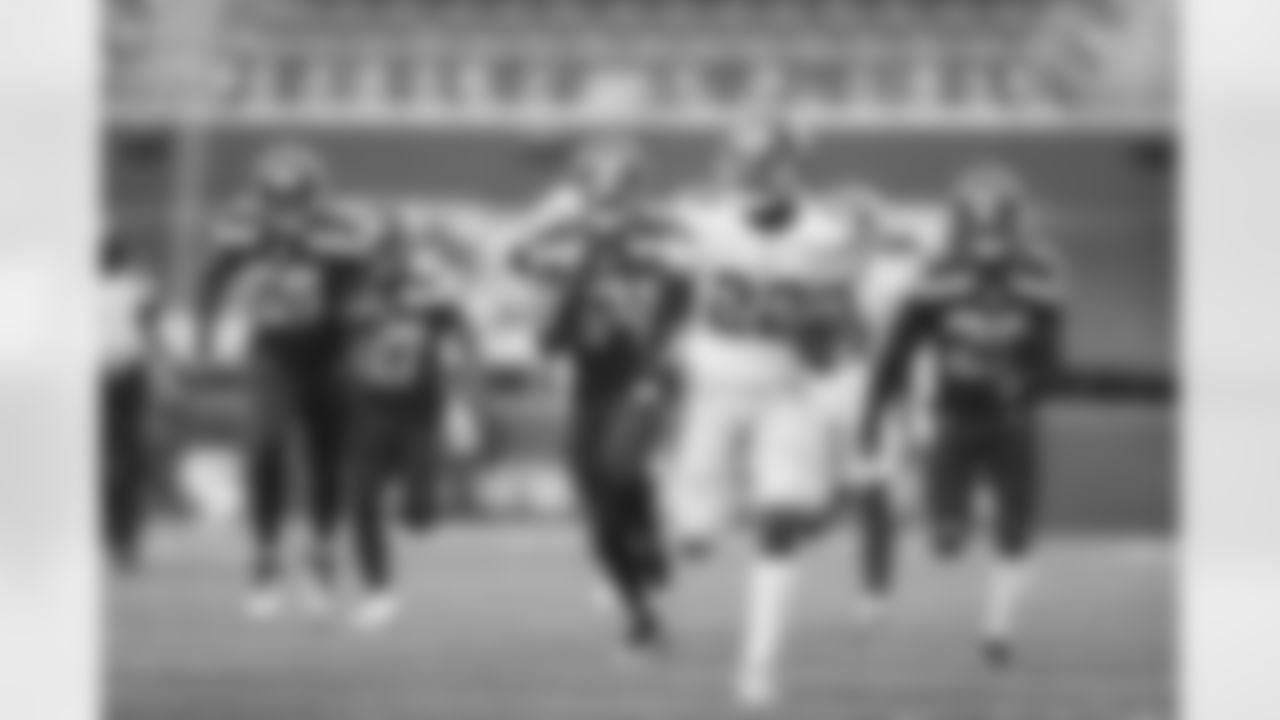
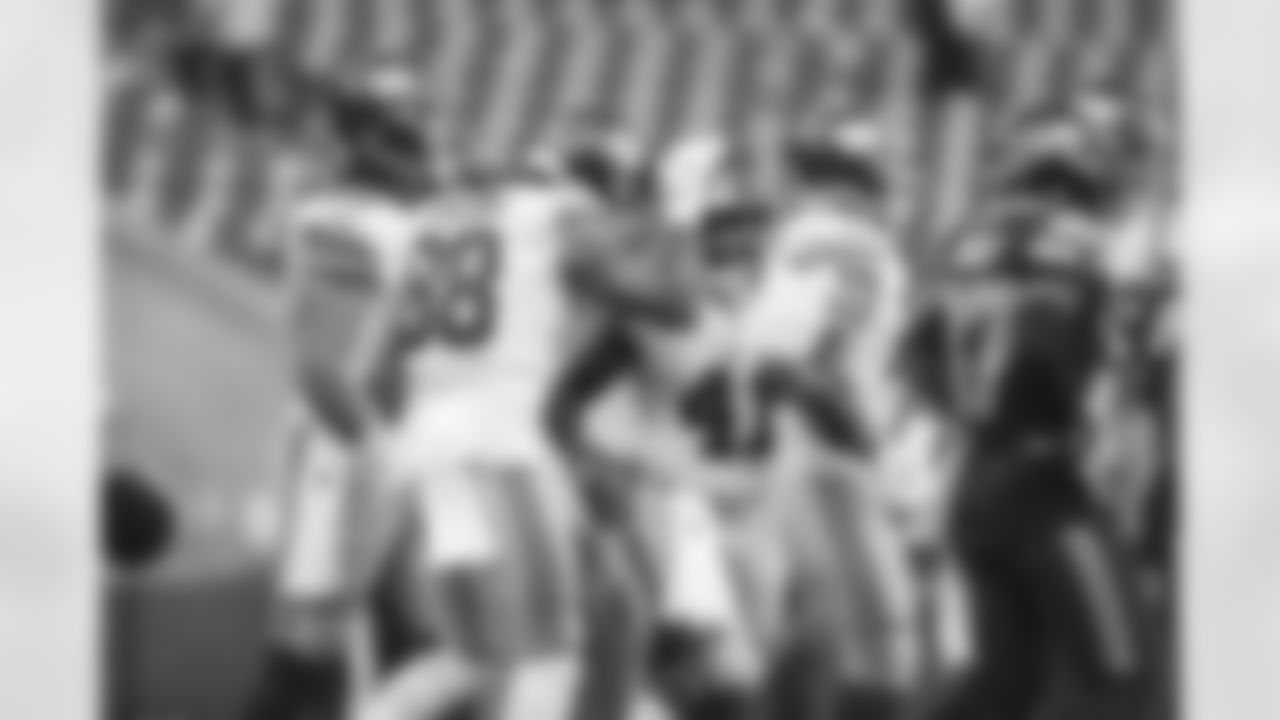
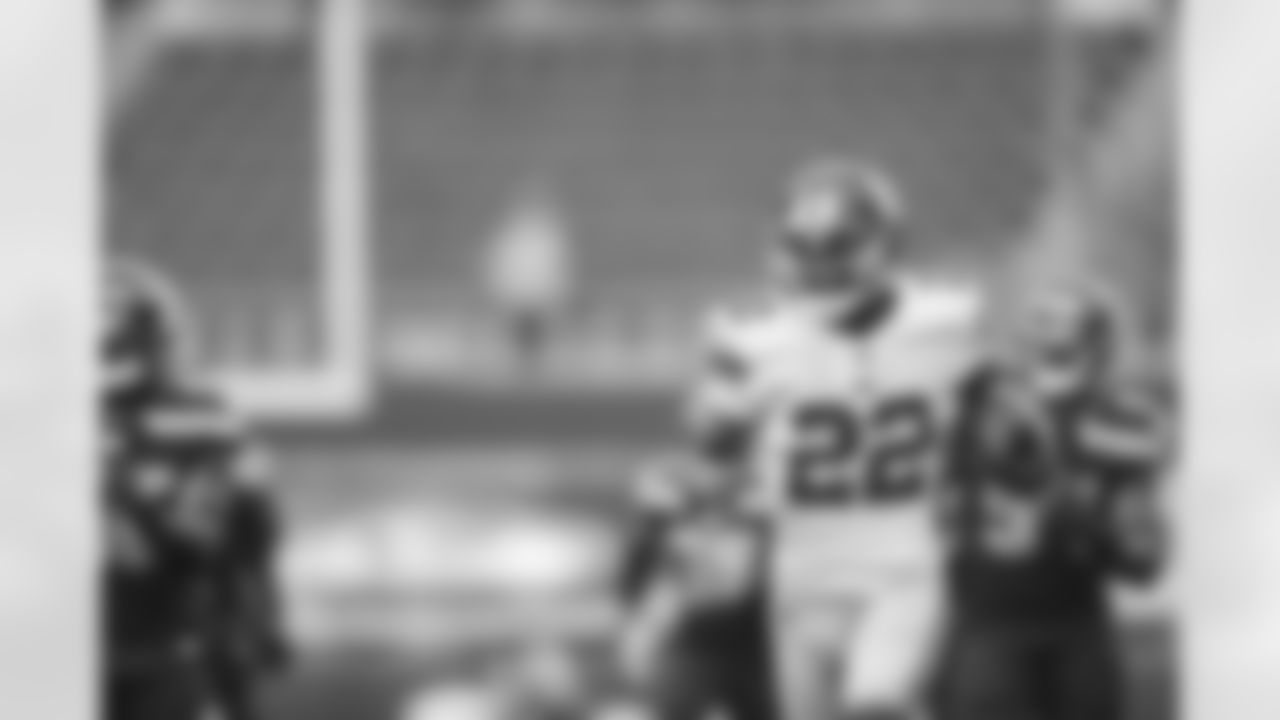
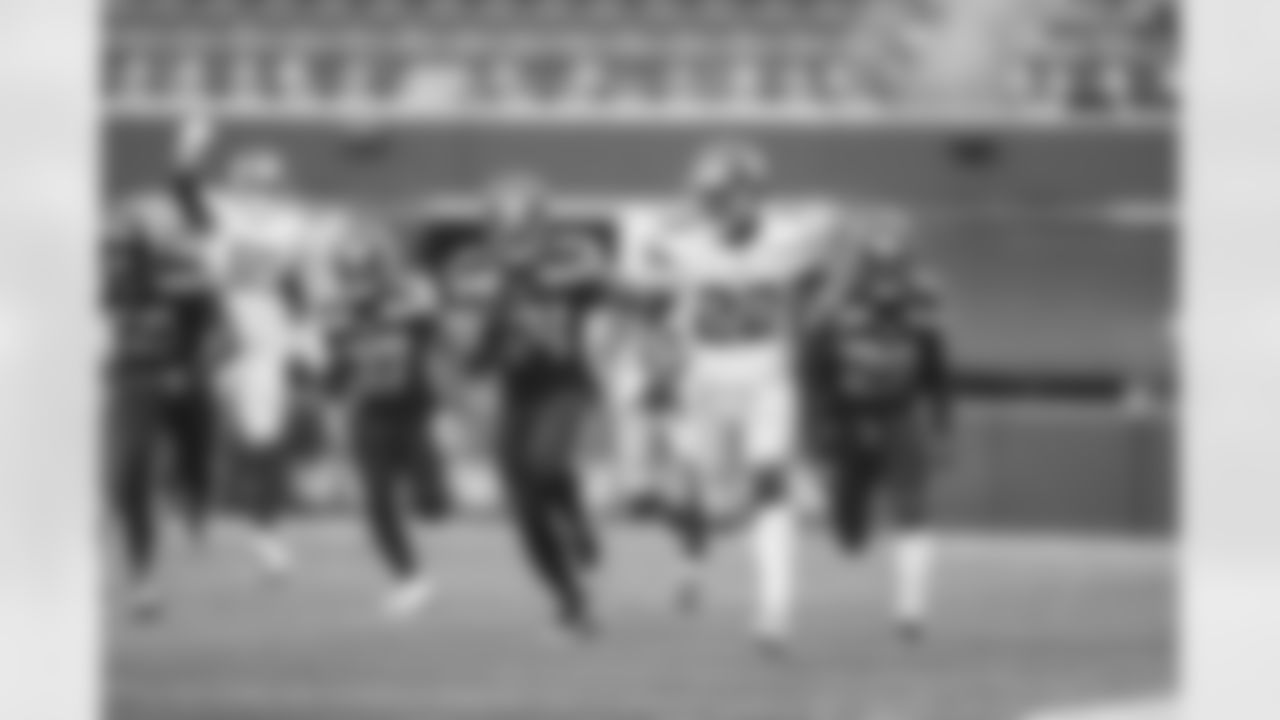
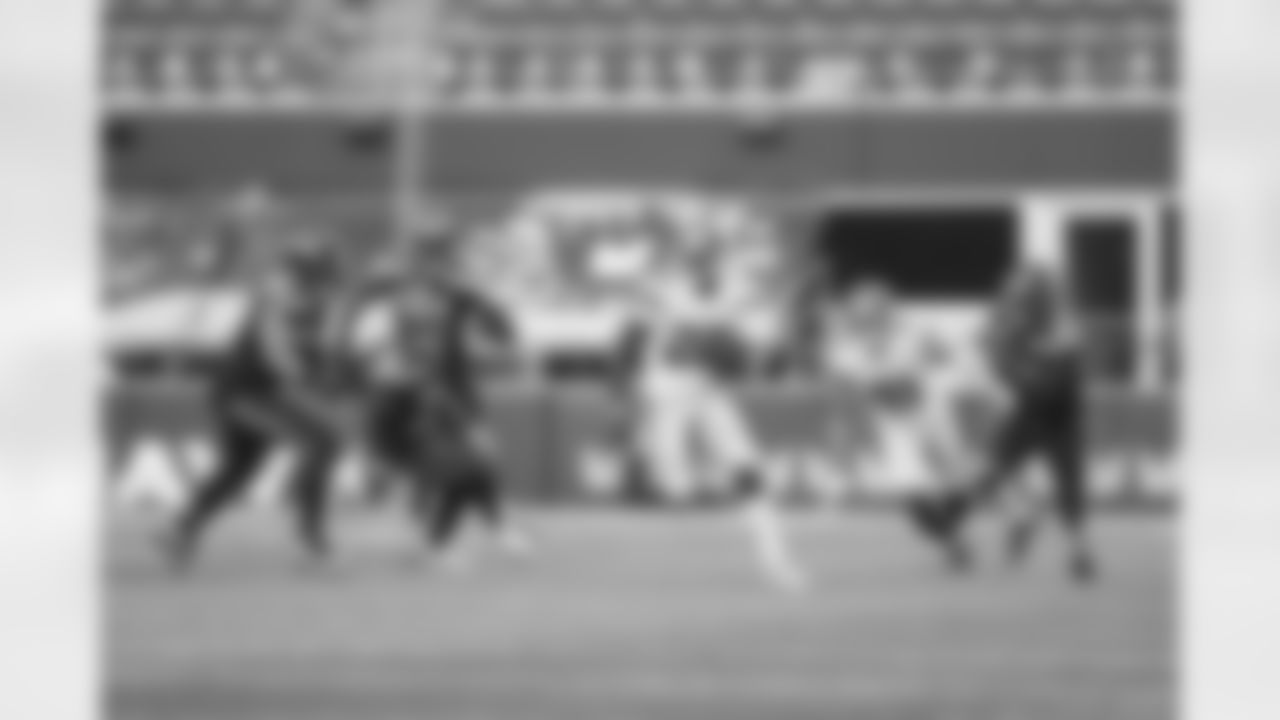
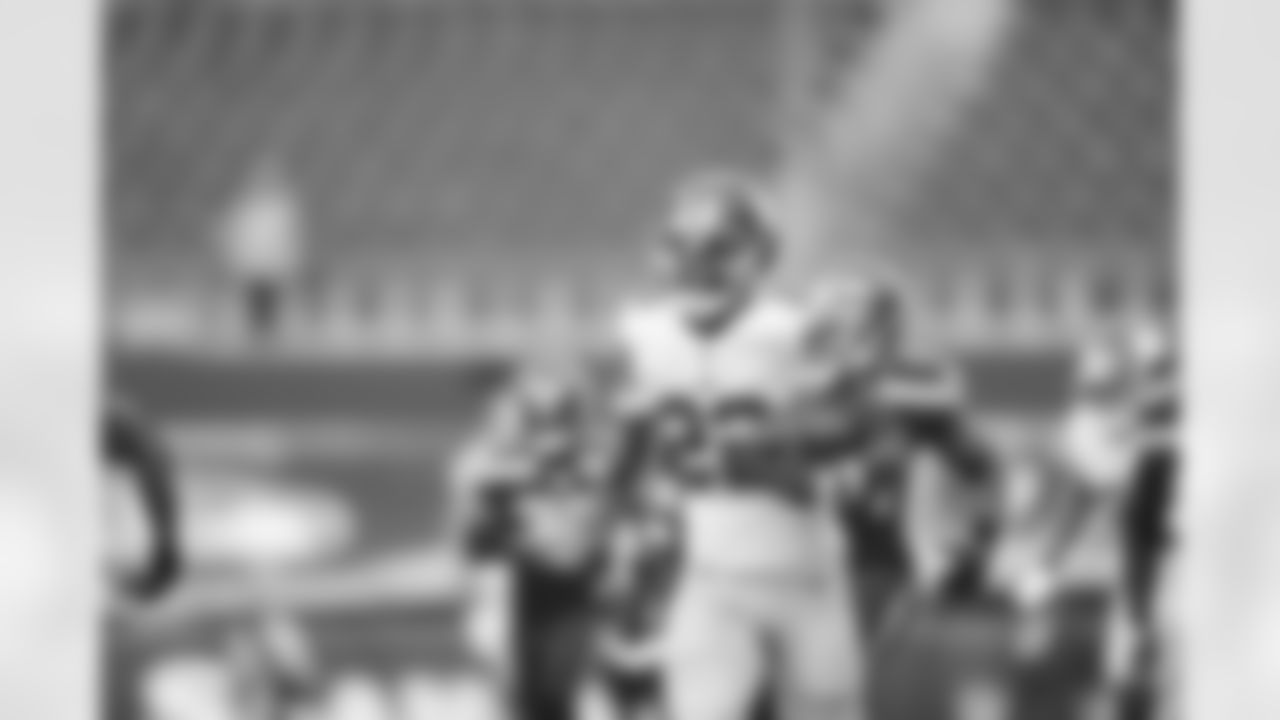
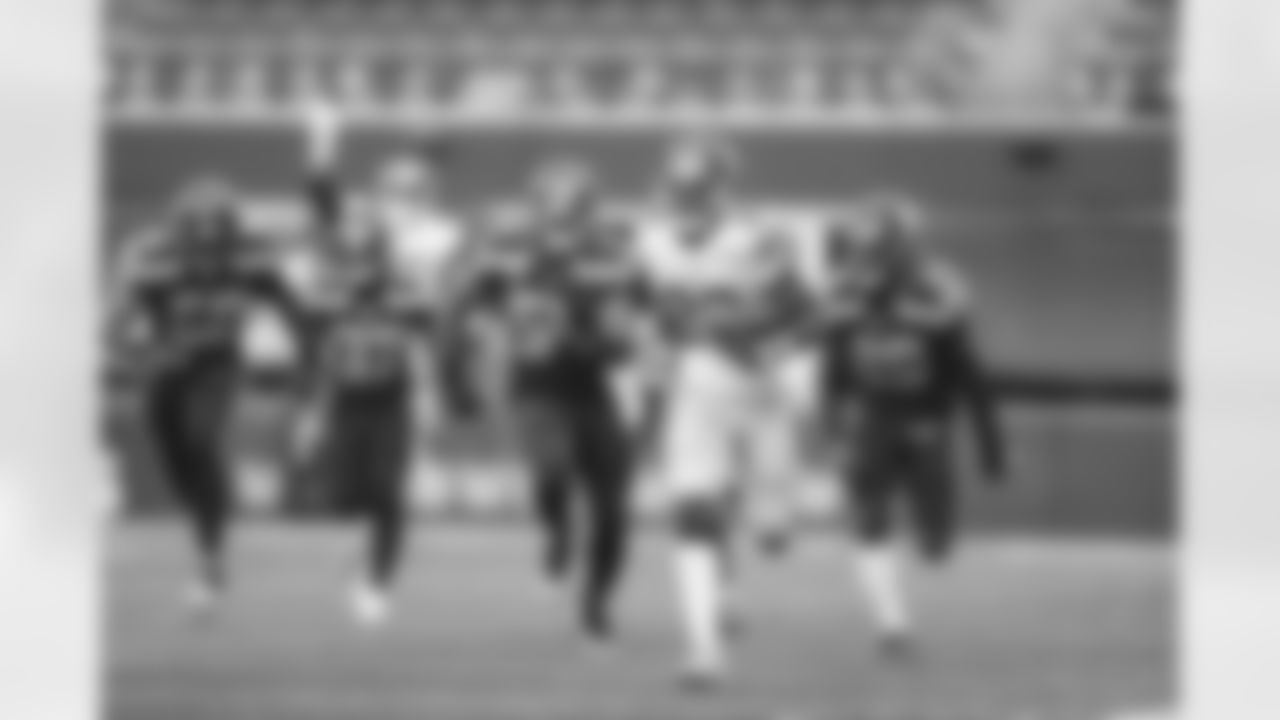
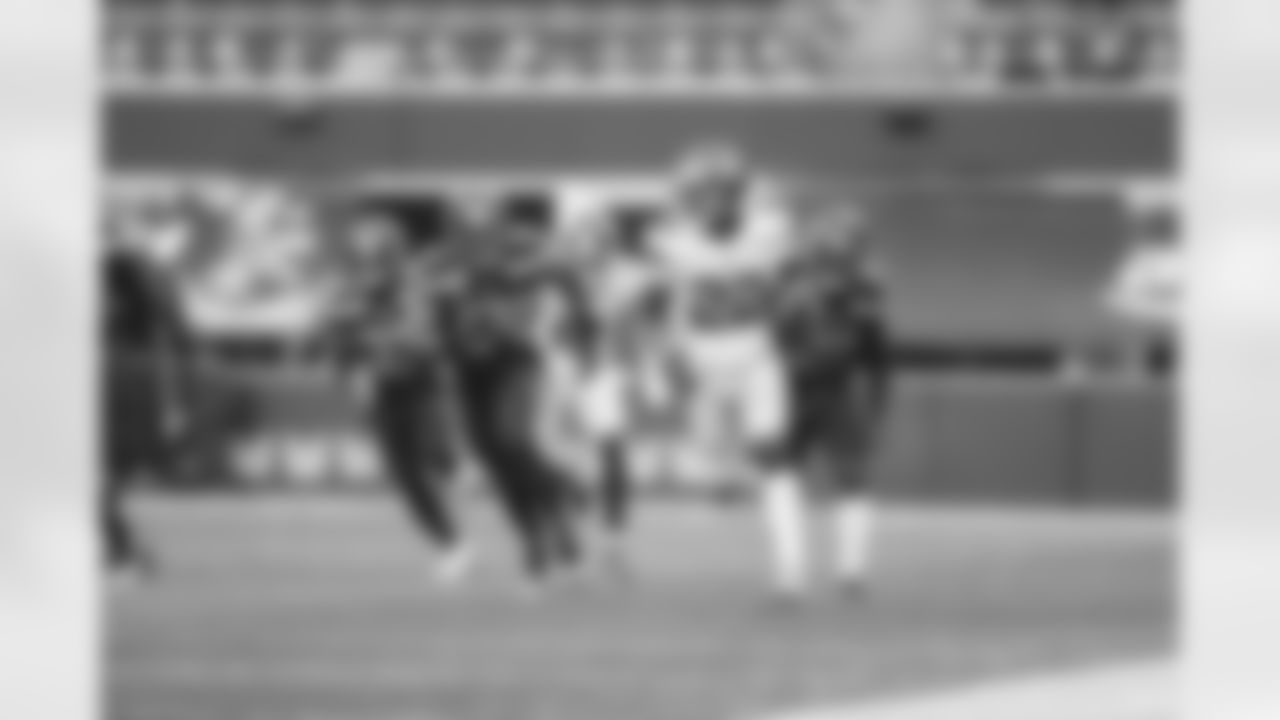
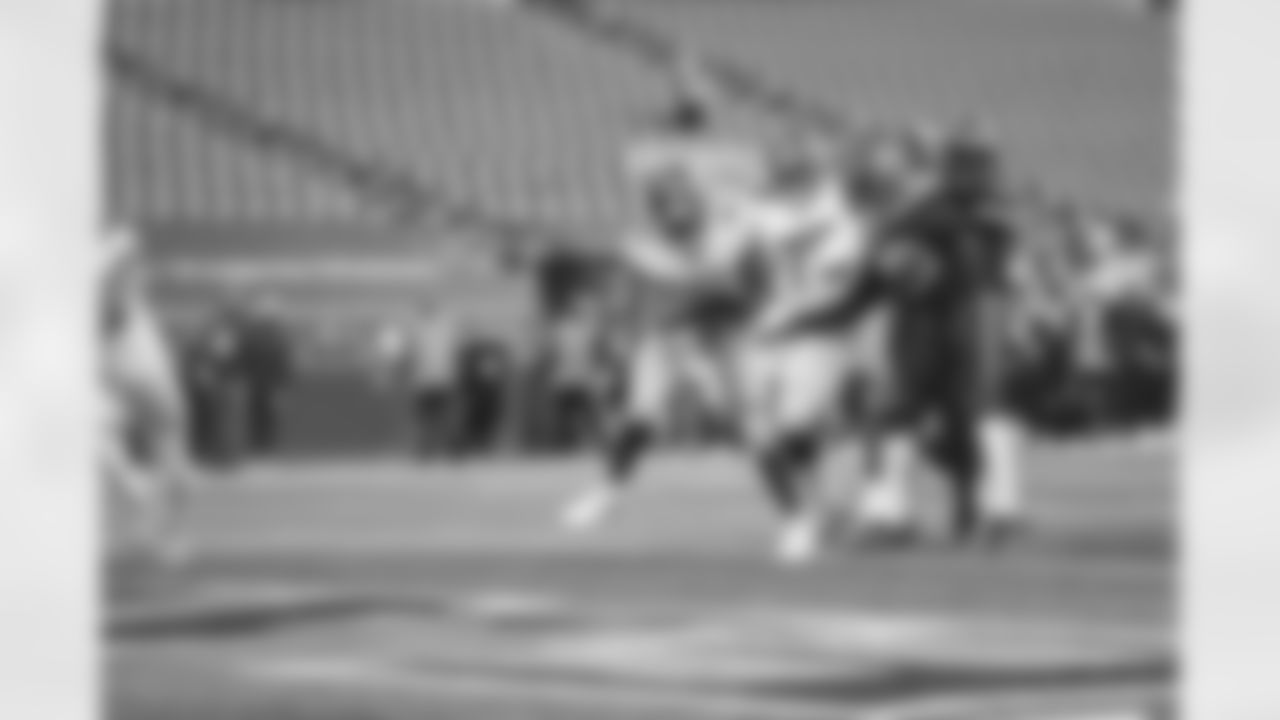
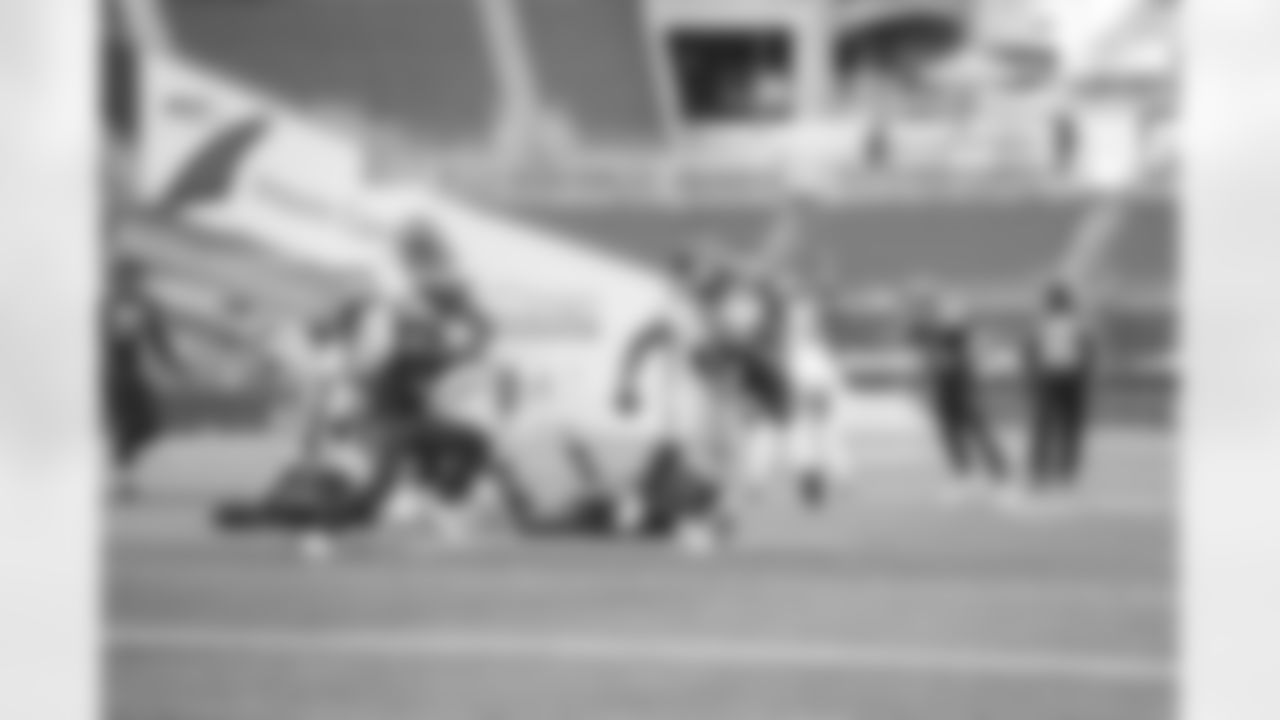
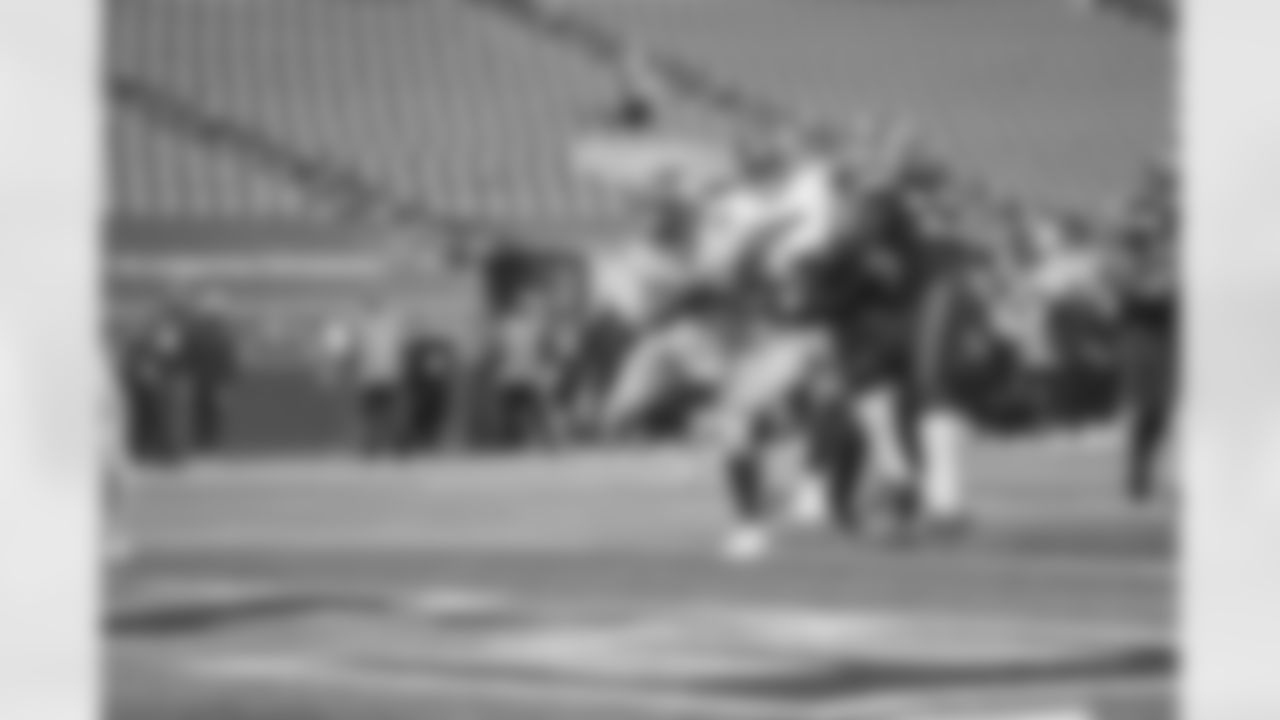
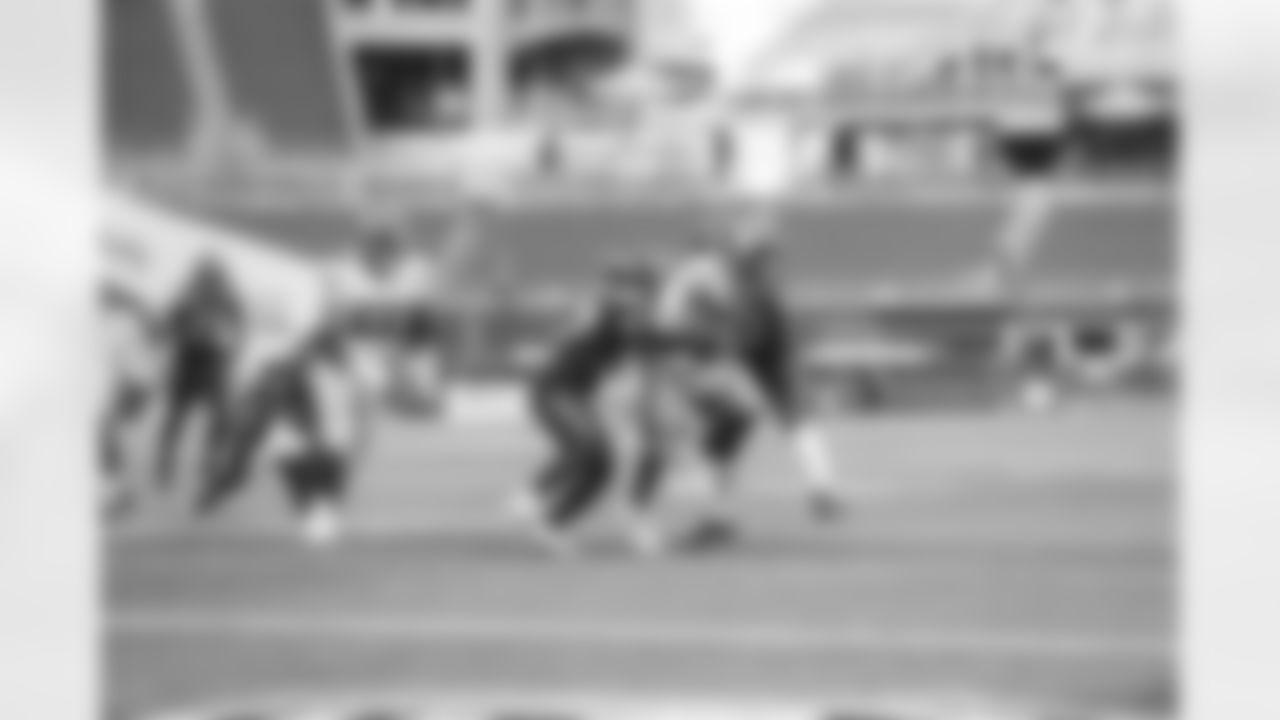
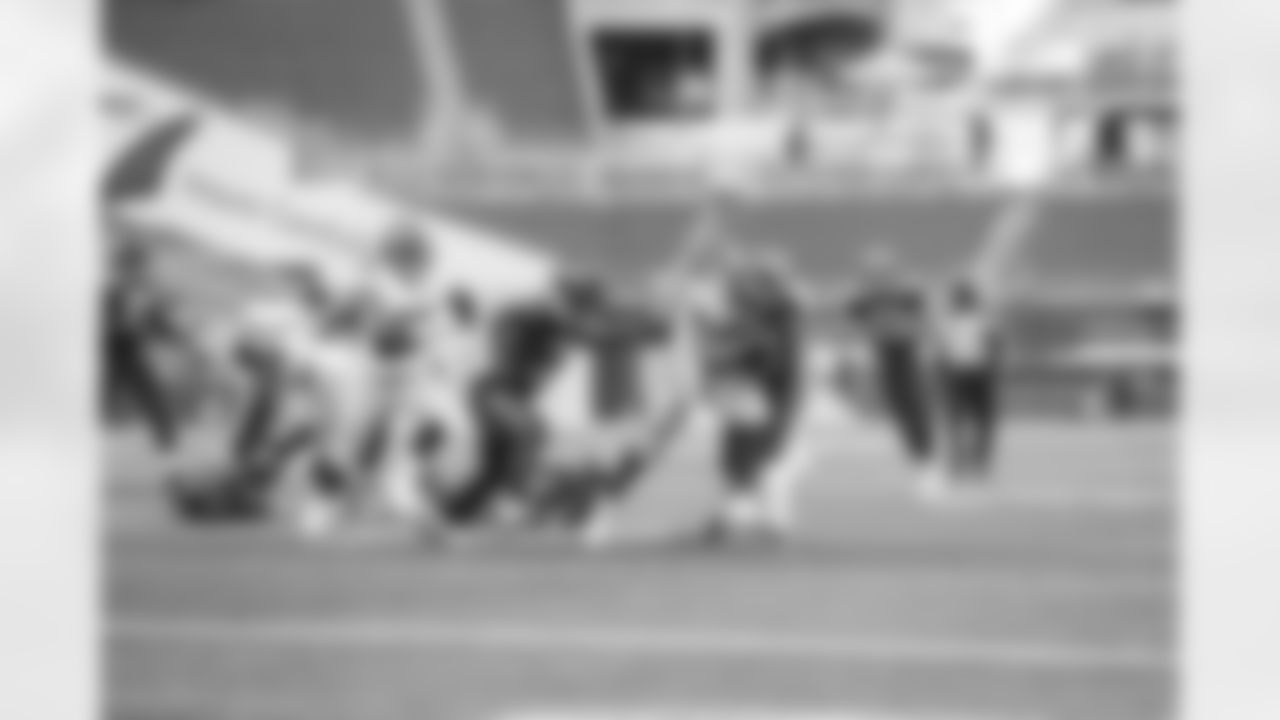
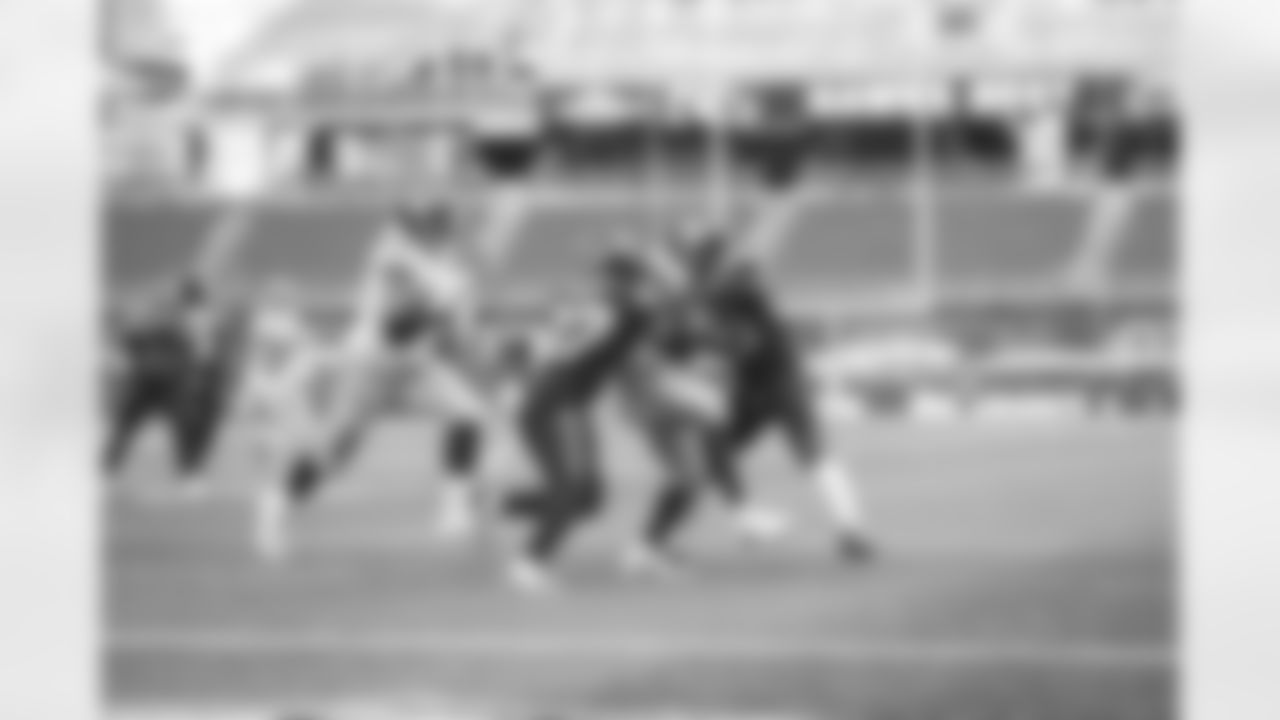
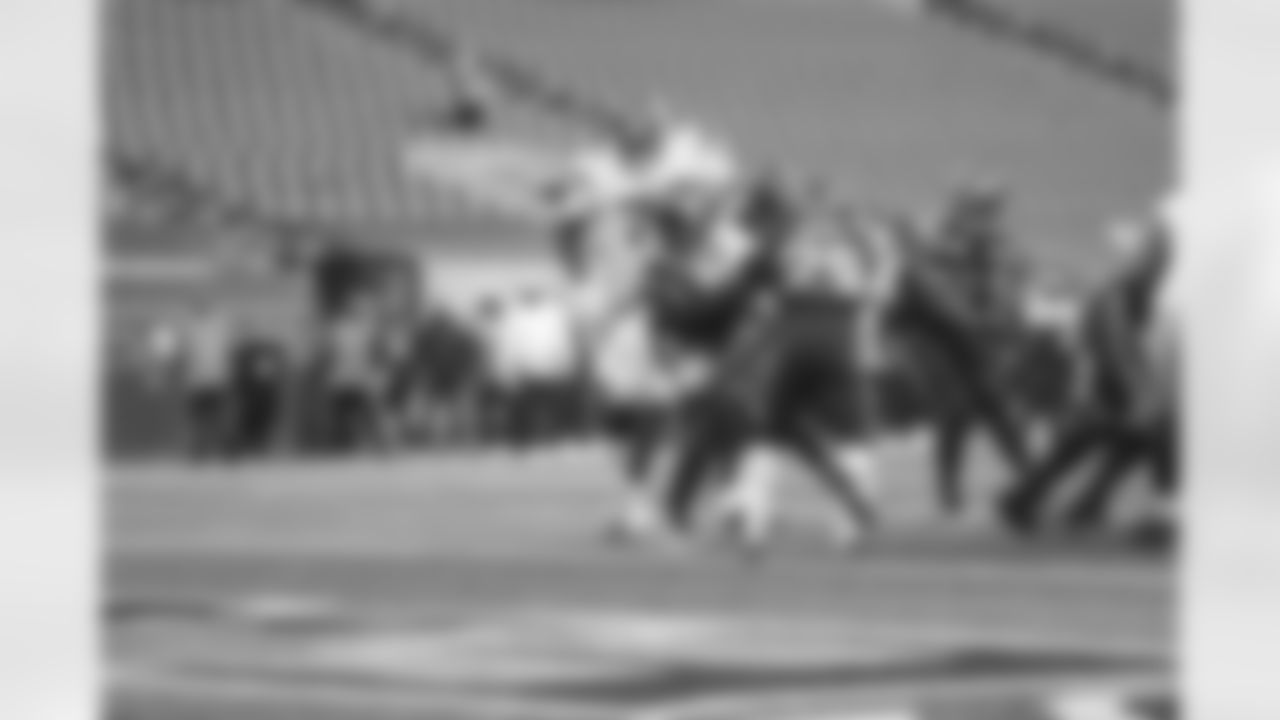
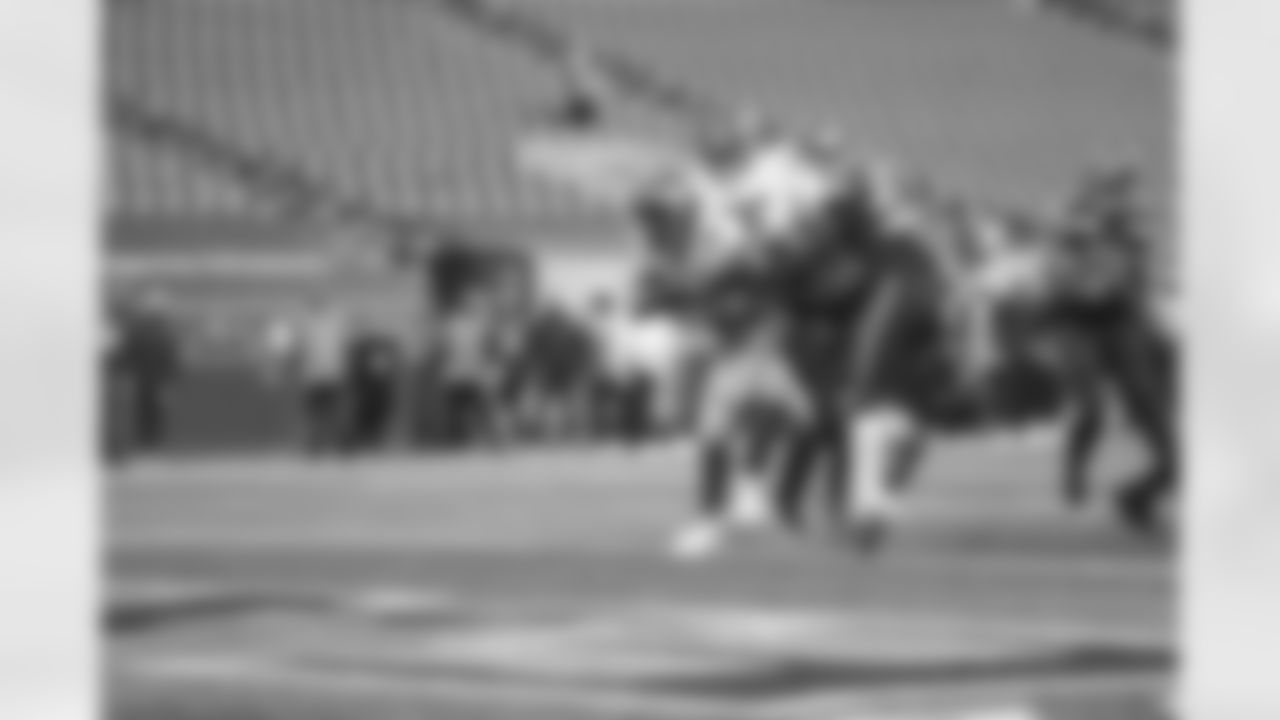
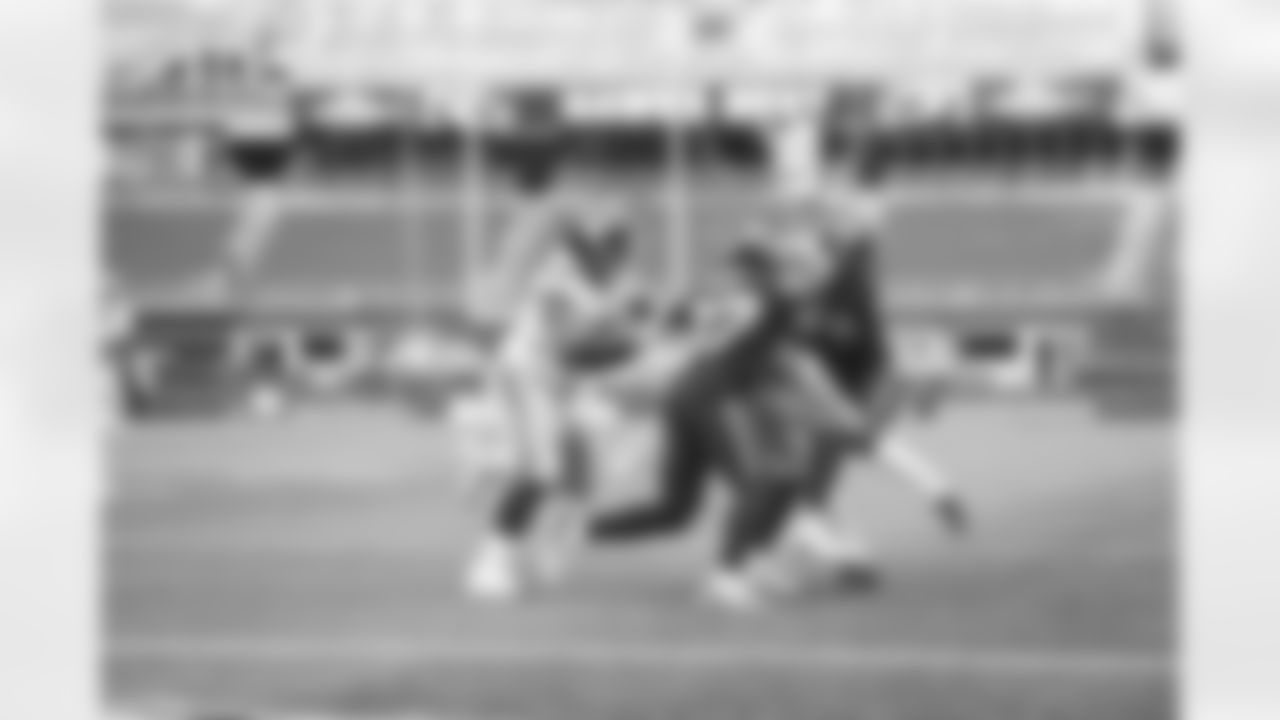
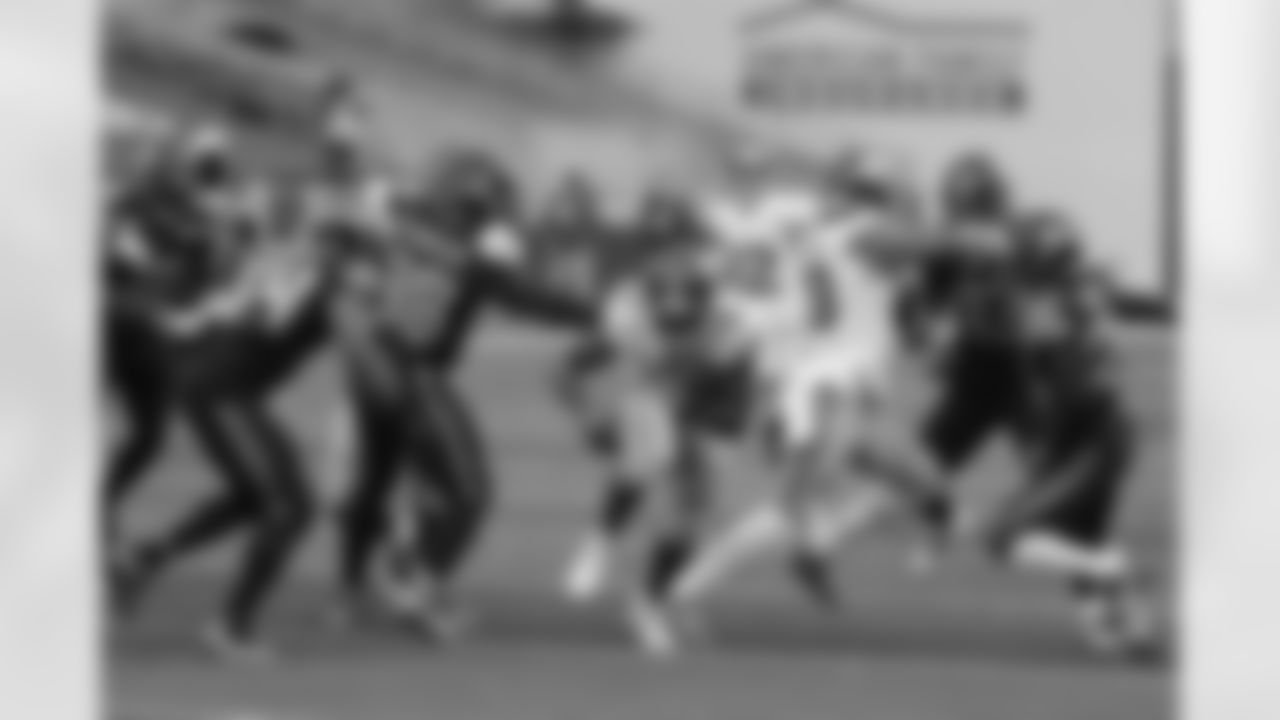
New York Giants running back Alfred Morris rushes against the Seattle Seahawks during the second half of an NFL football game, Sunday, Dec. 6, 2020, in Seattle. (AP Photo/Larry Maurer)
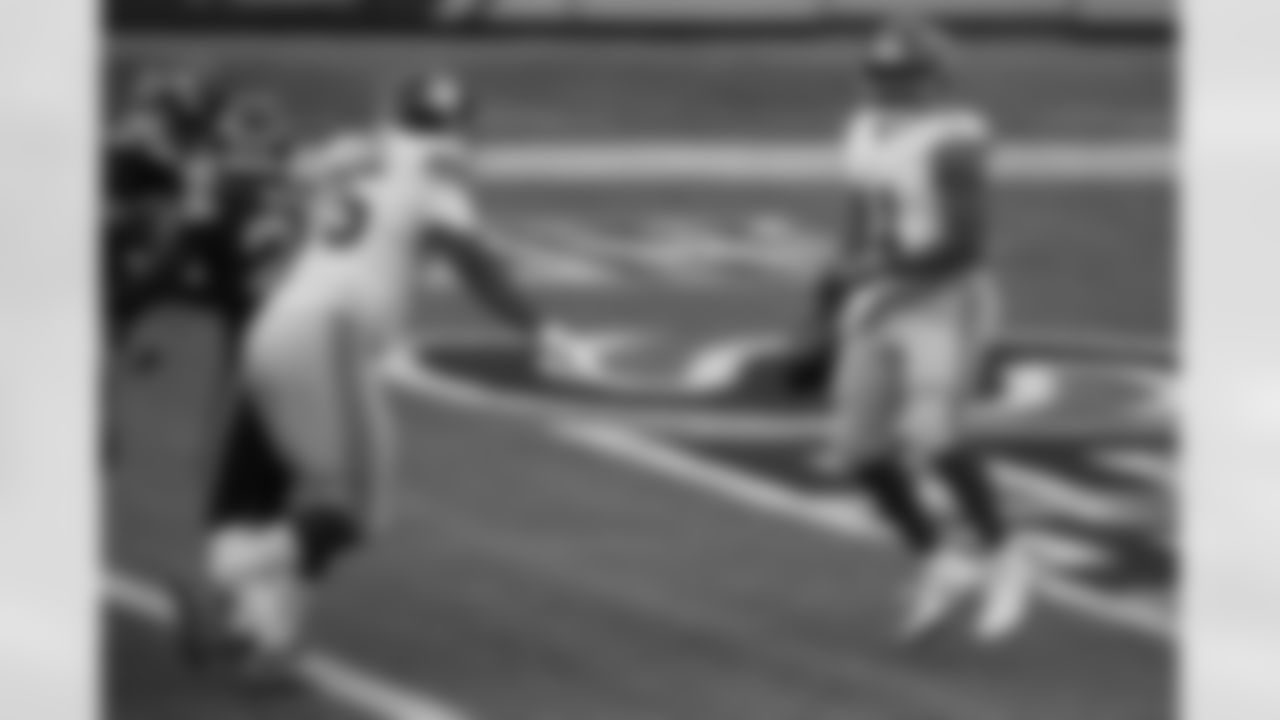
New York Giants running back Alfred Morris (41) reacts in the end zone after scoring his first touchdown of the second half against the Seattle Seahawks in an NFL football game, Sunday, Dec. 6, 2020, in Seattle. (AP Photo/Elaine Thompson)
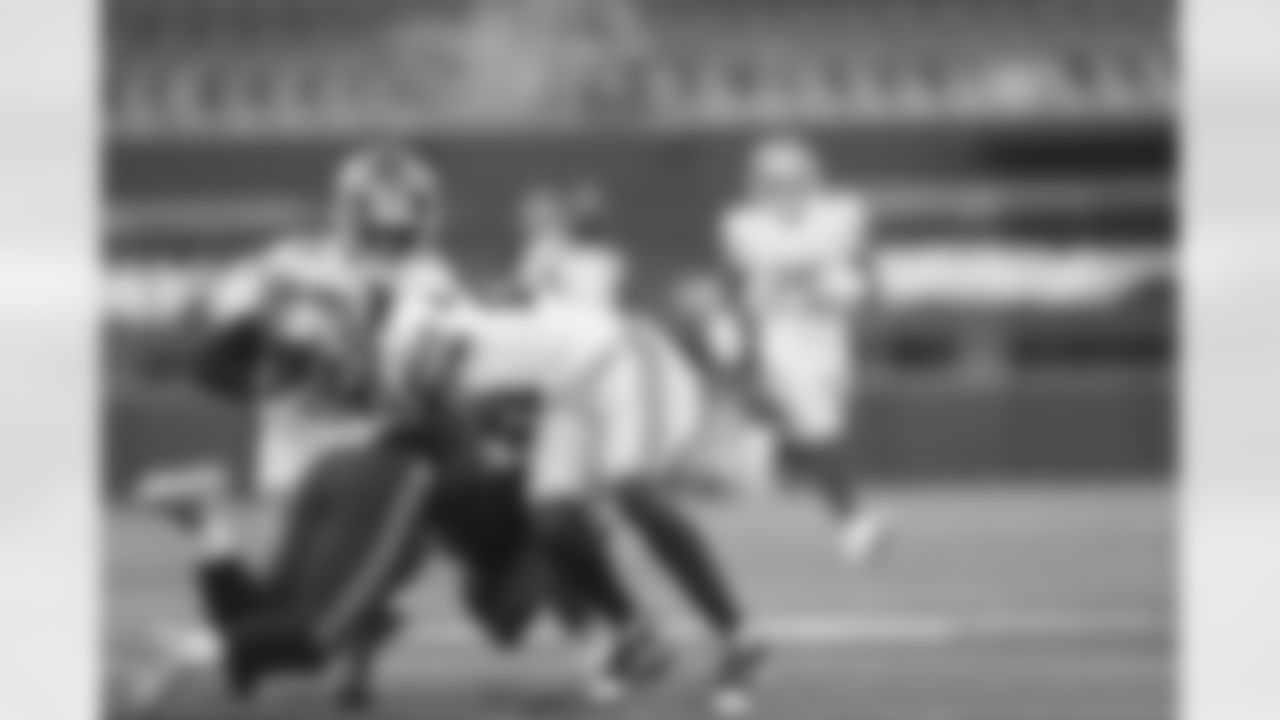
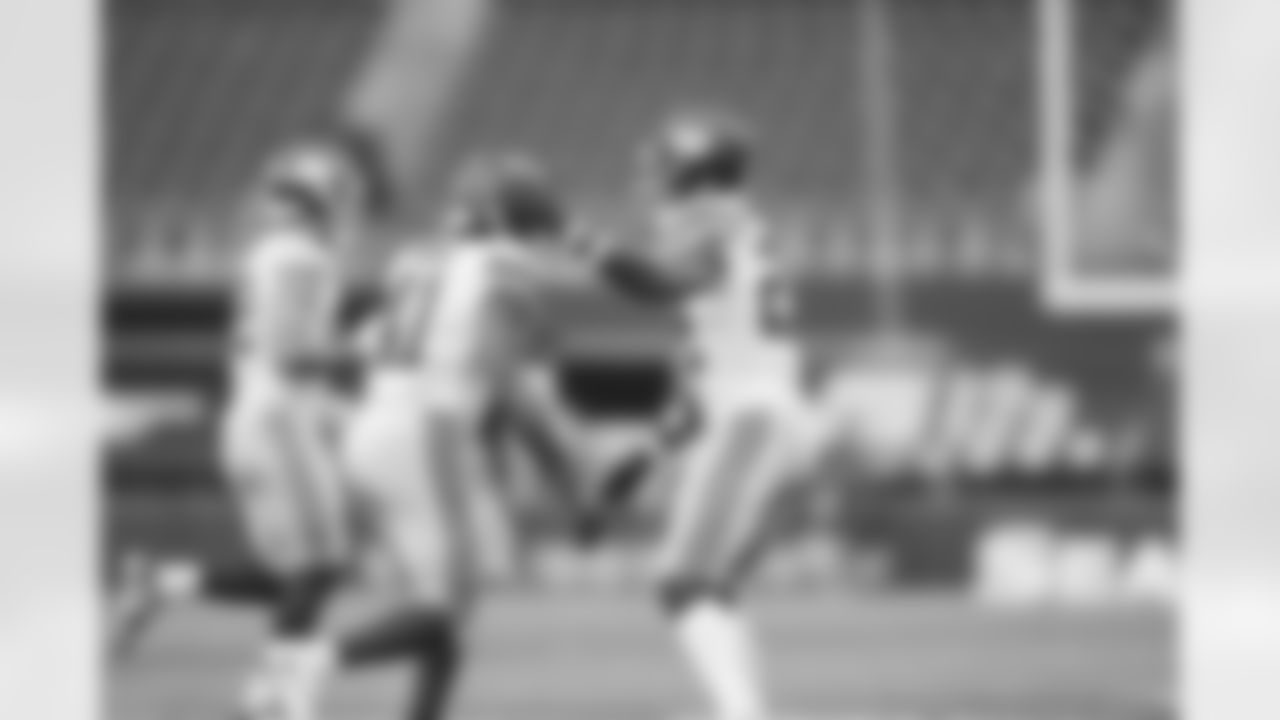
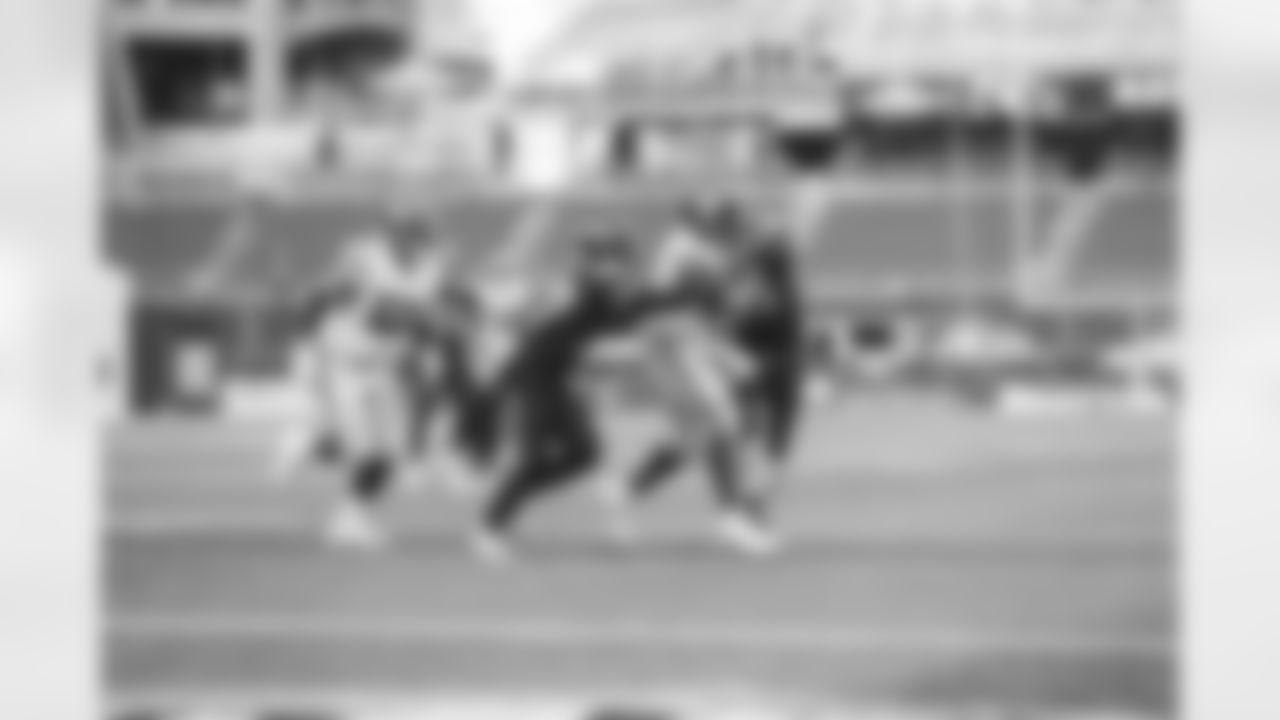
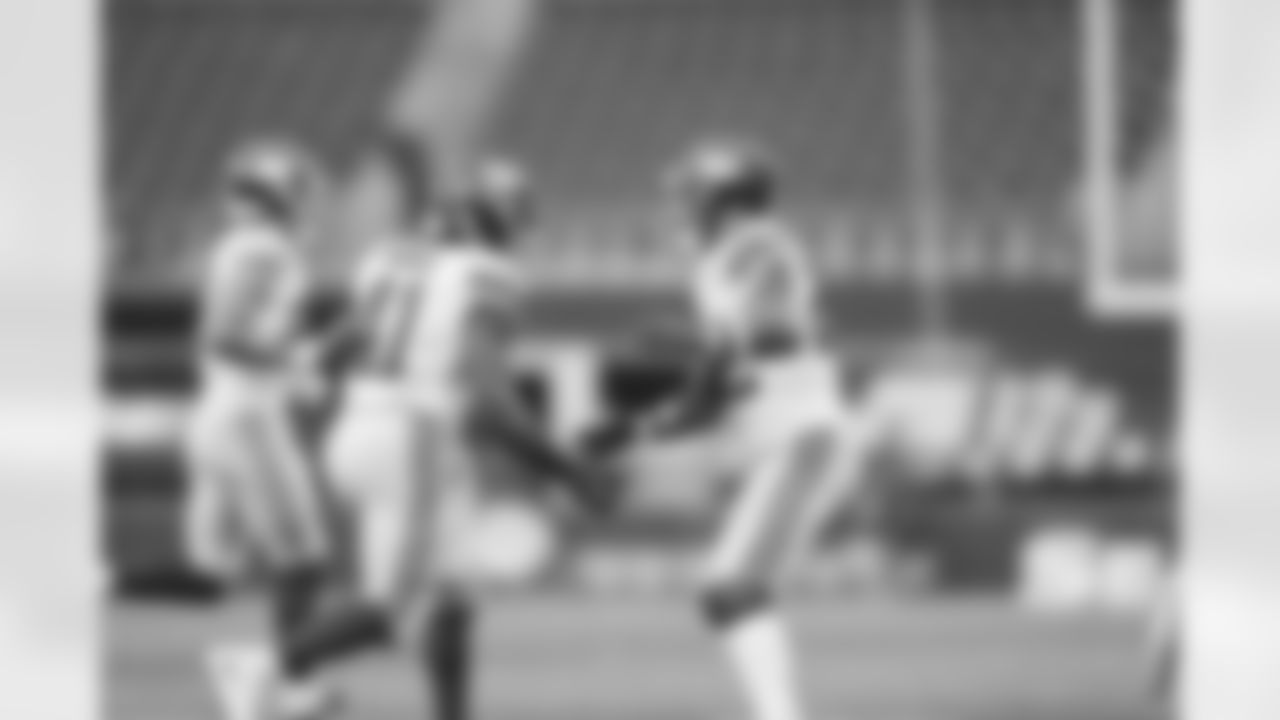
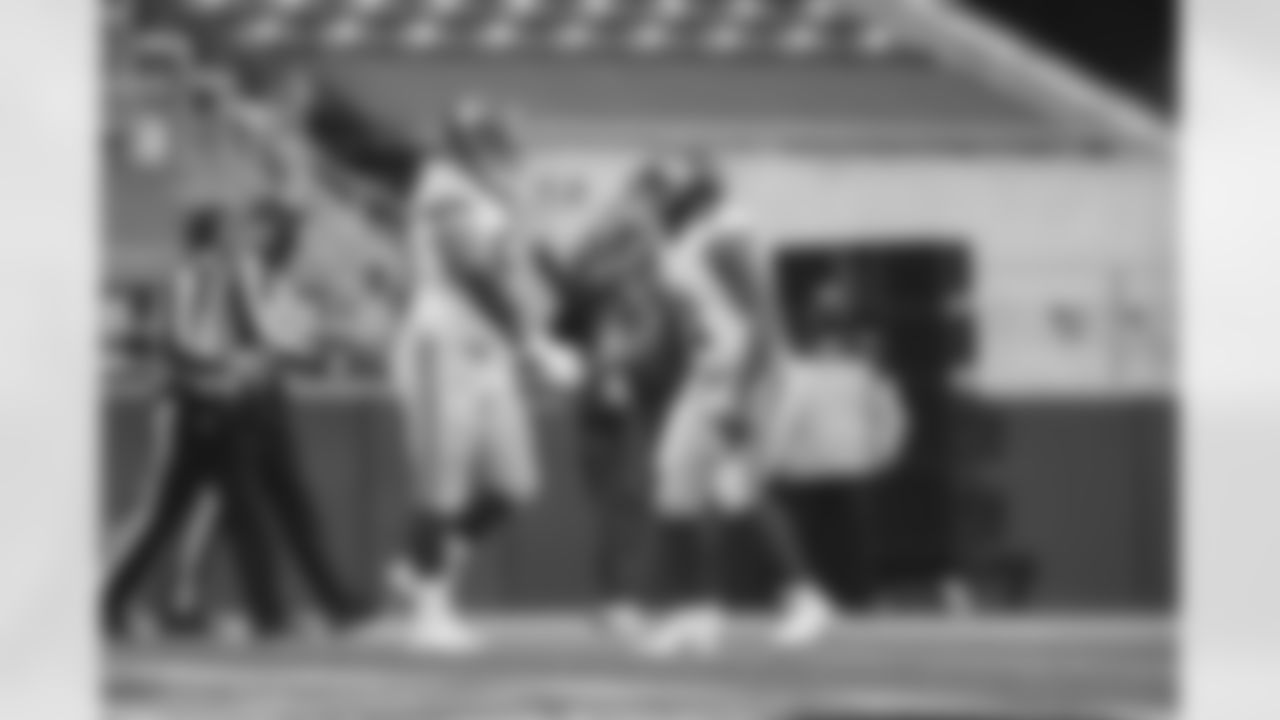
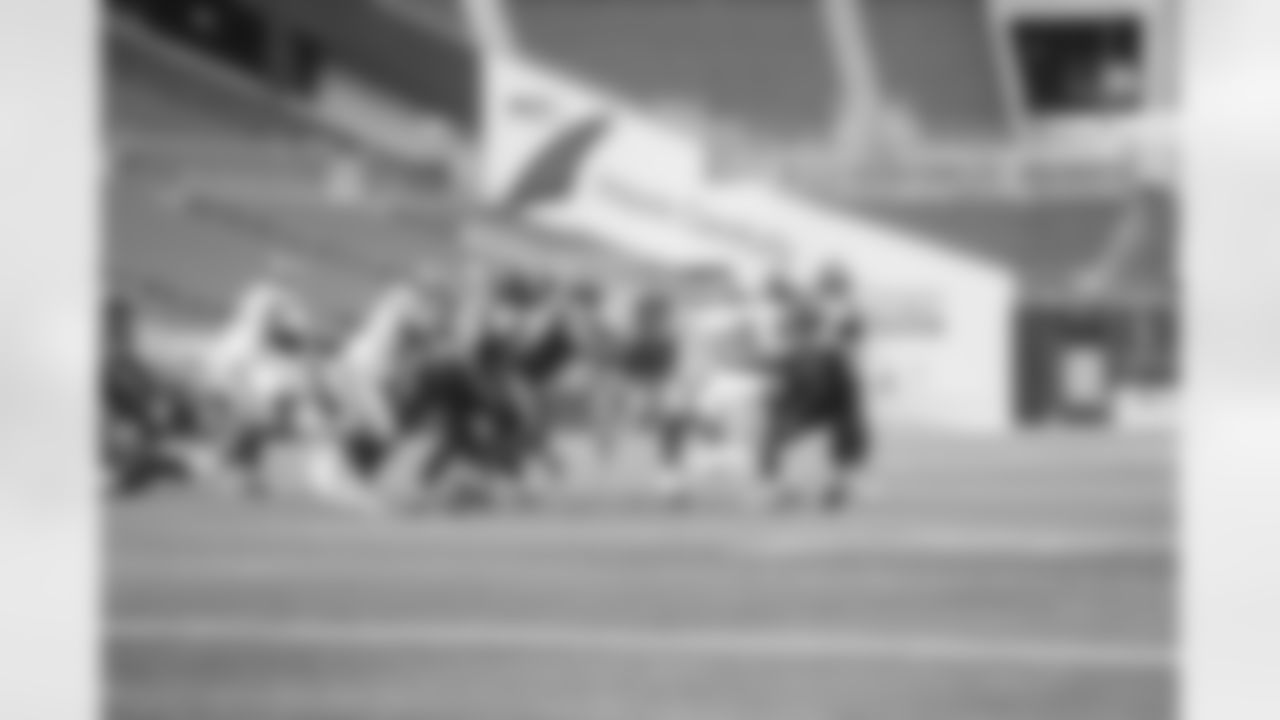
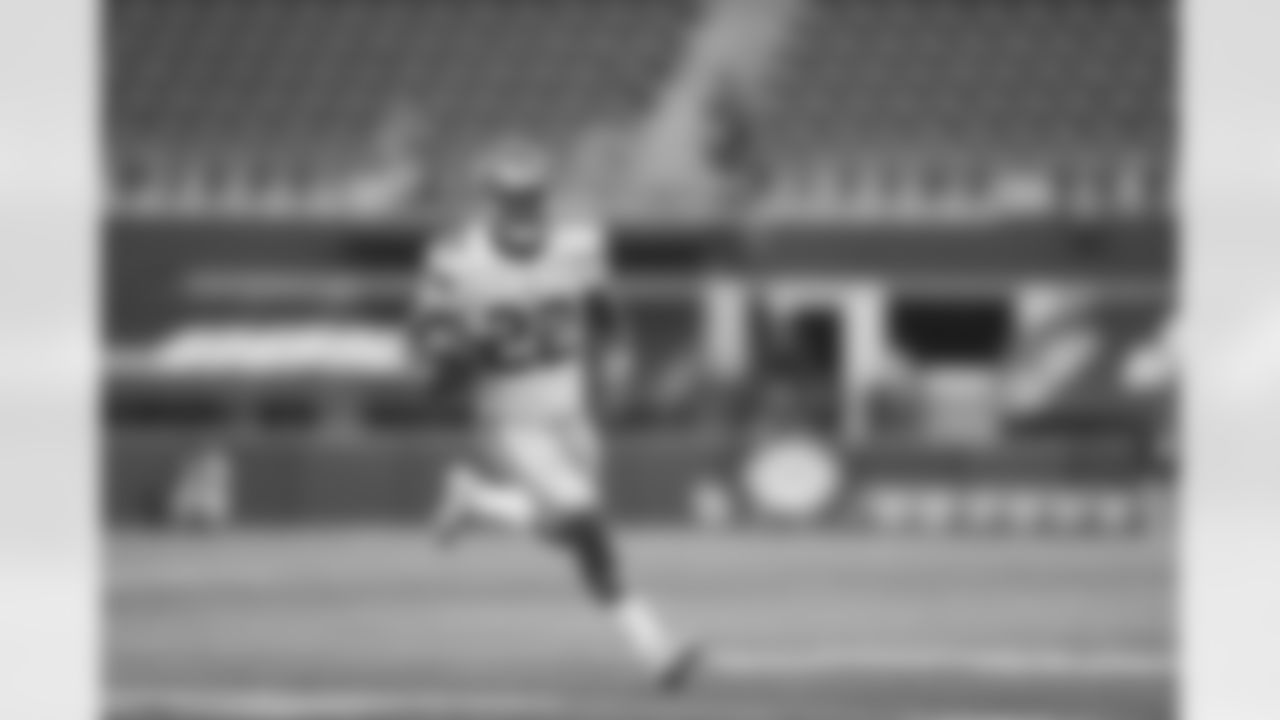
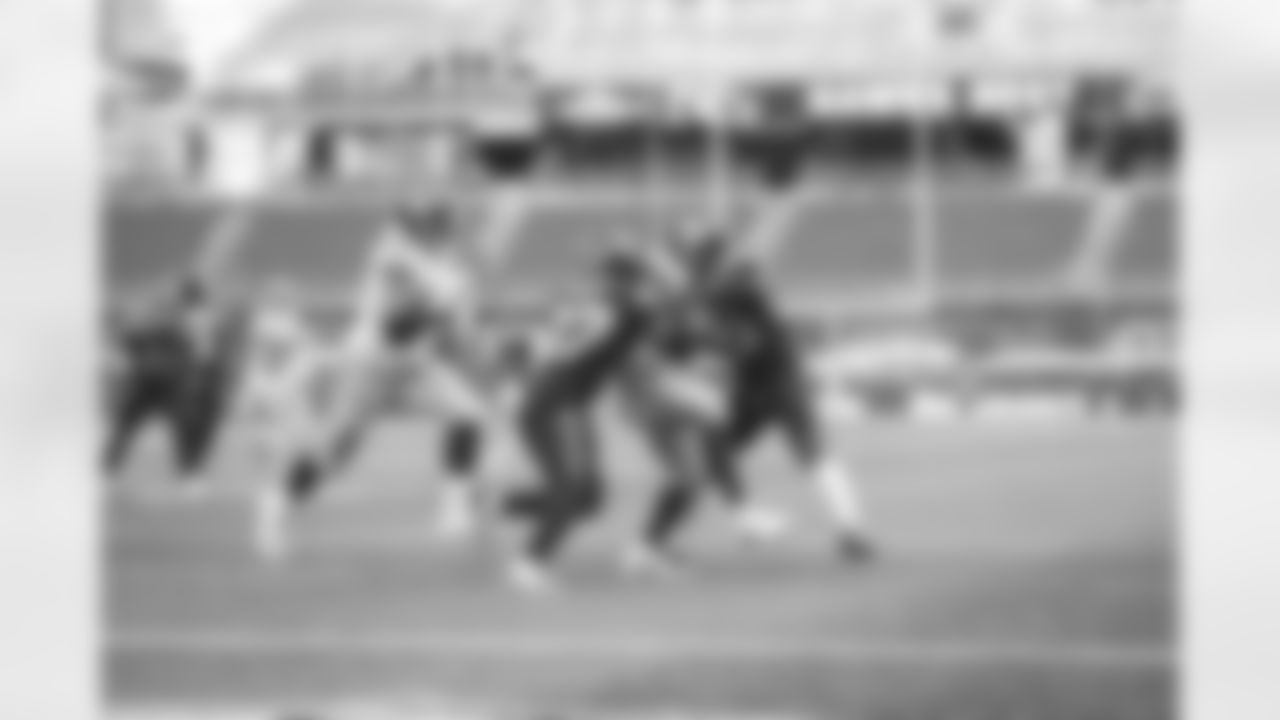
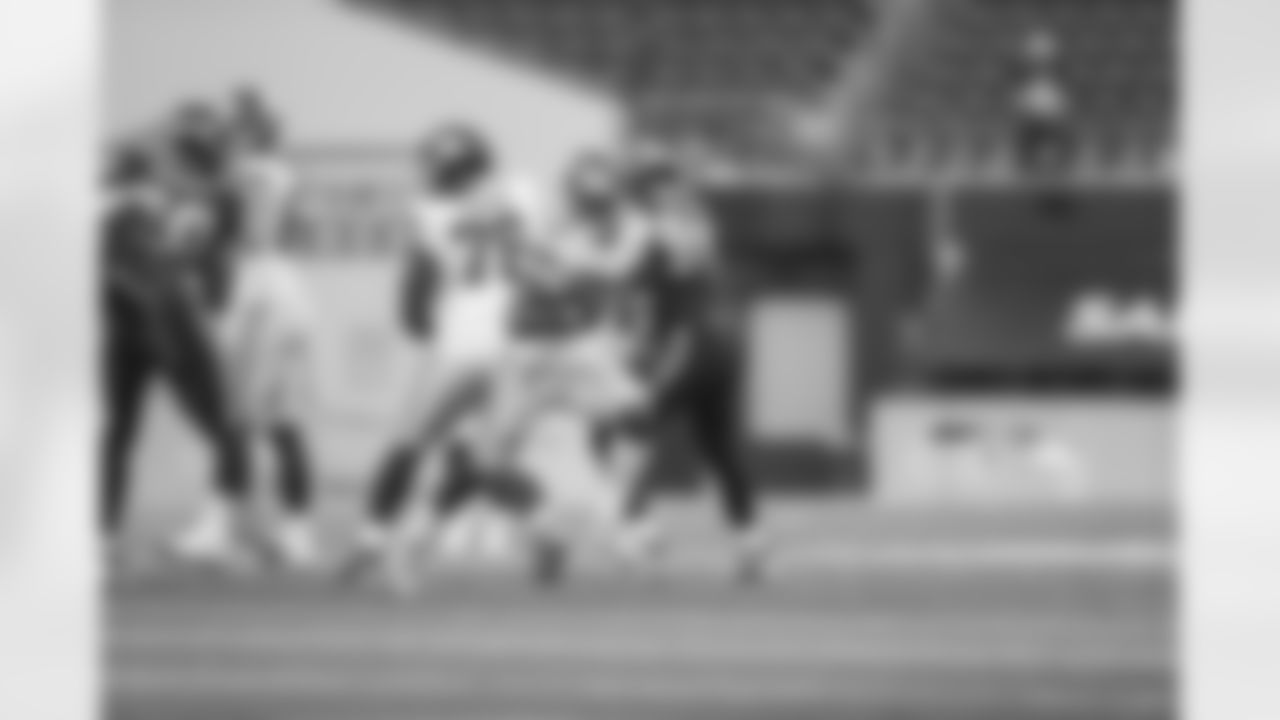
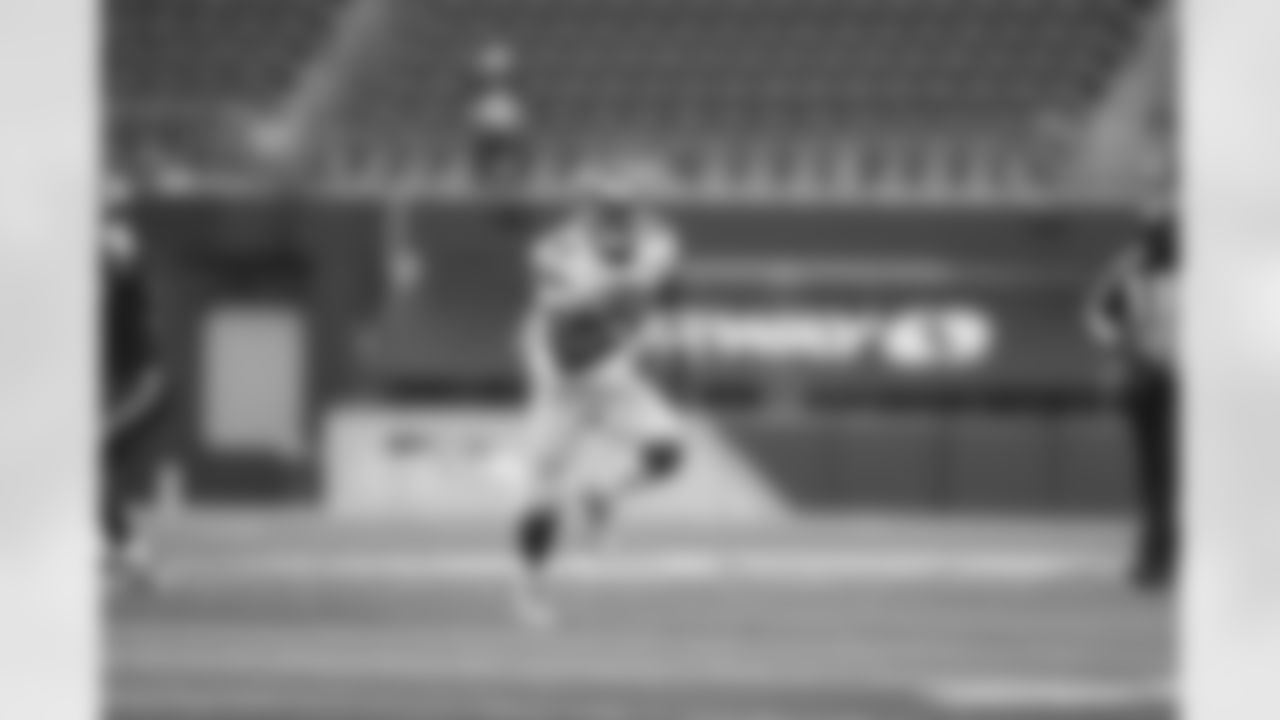
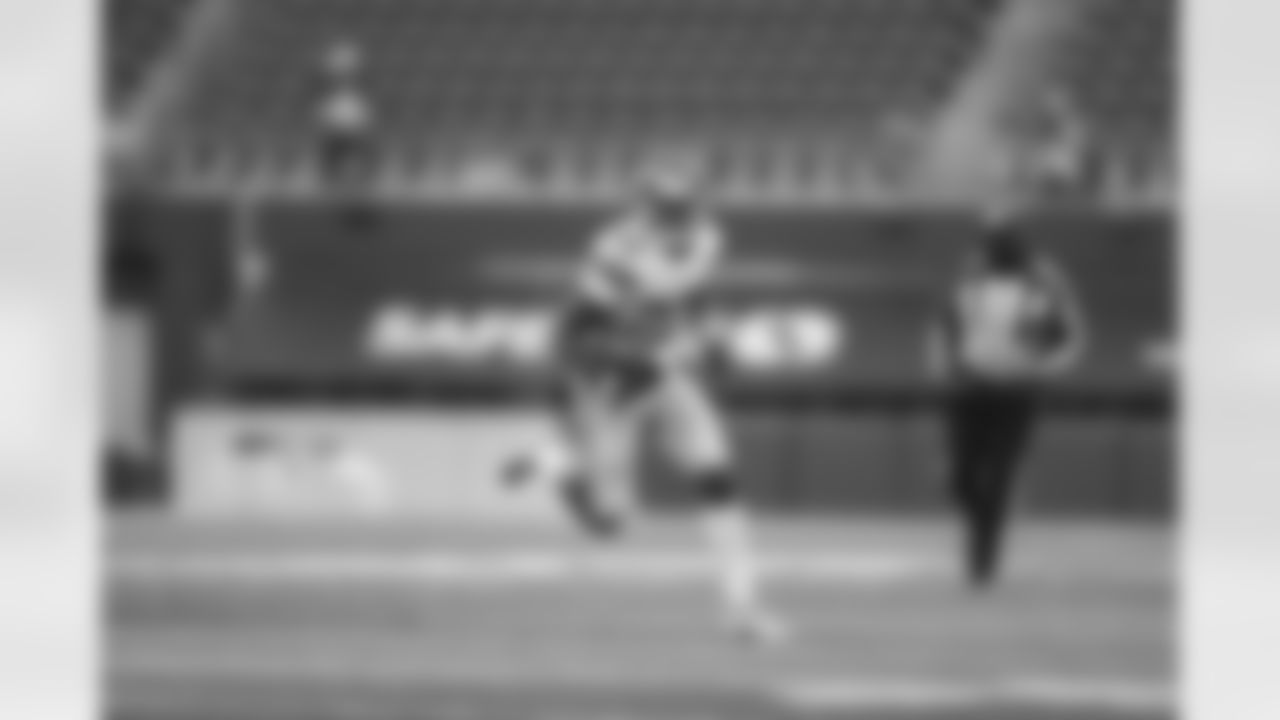
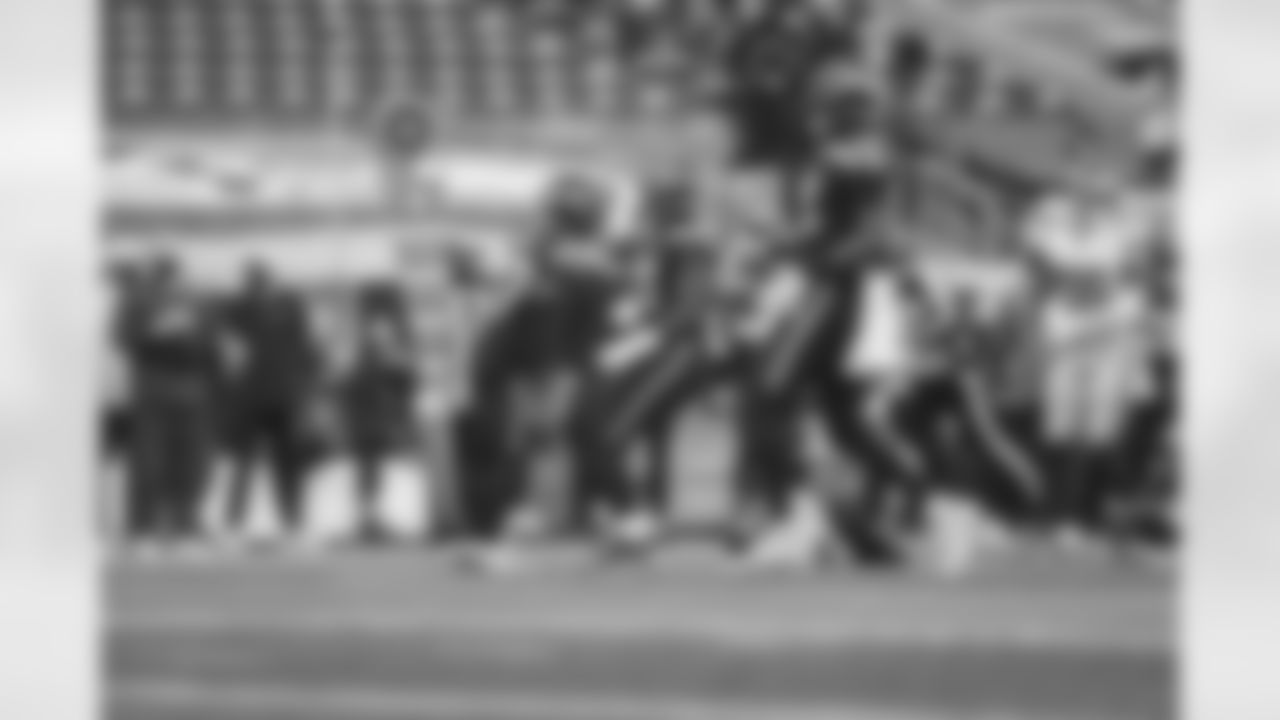
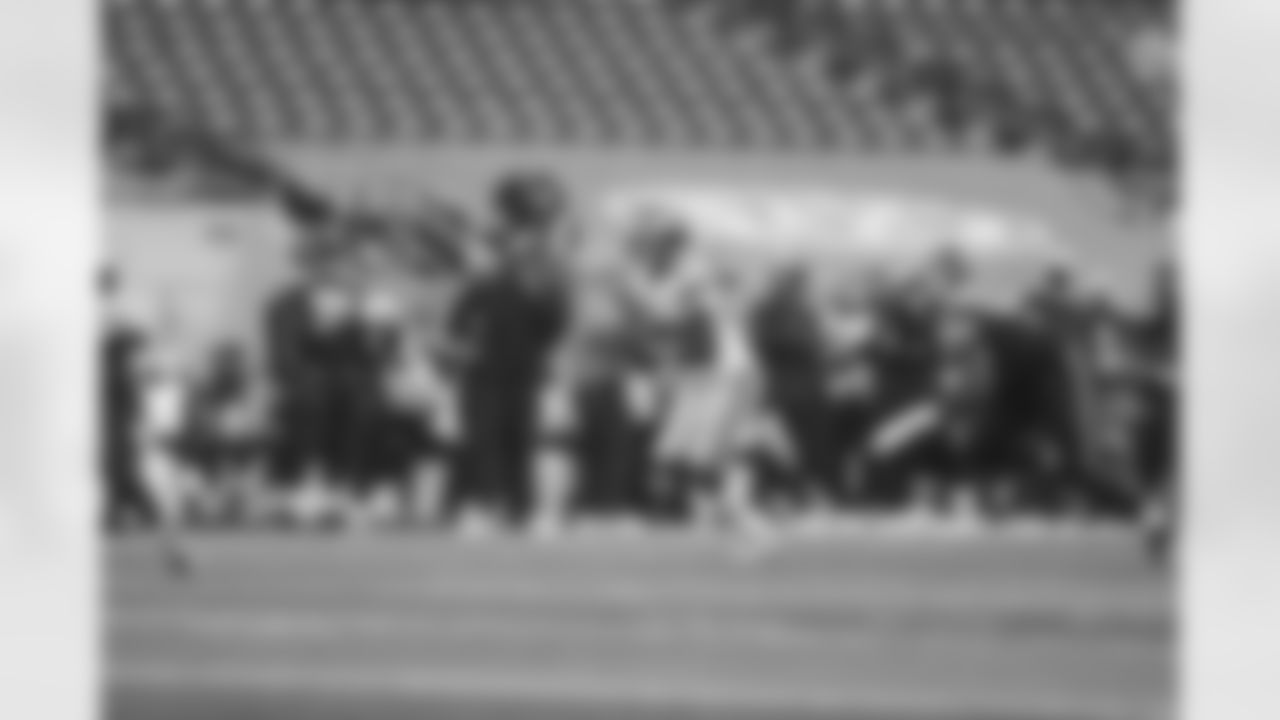
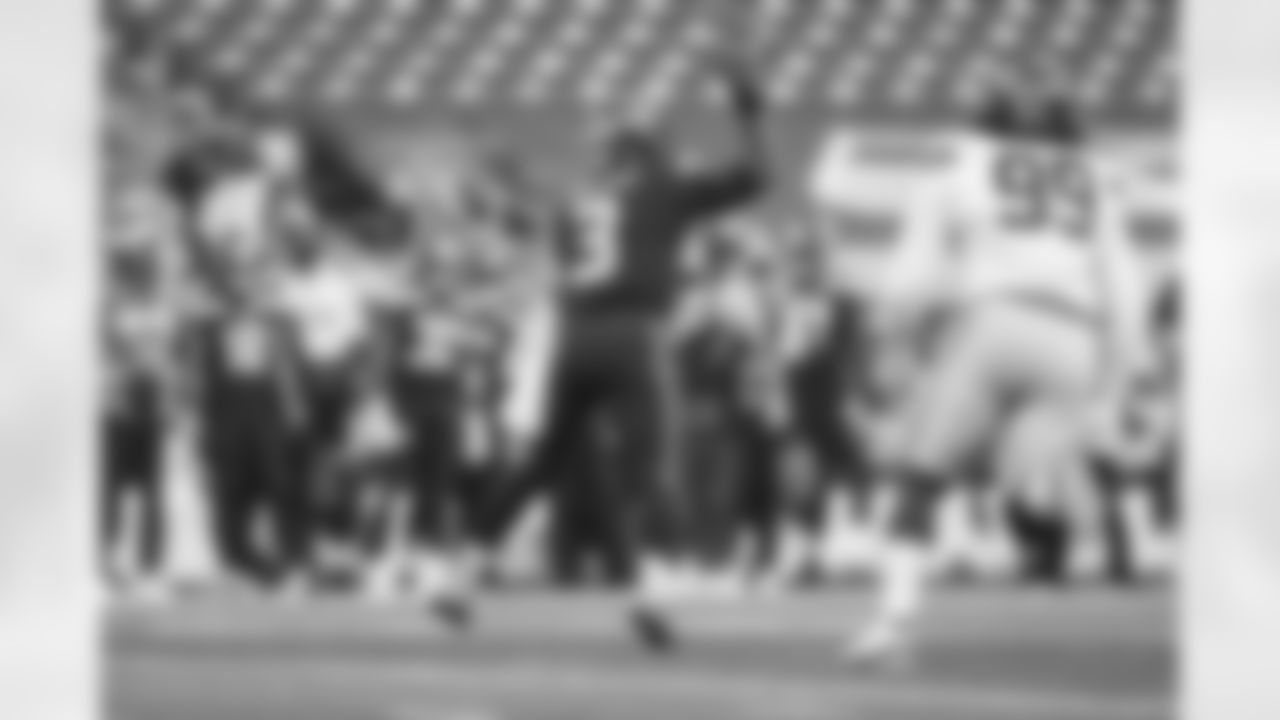
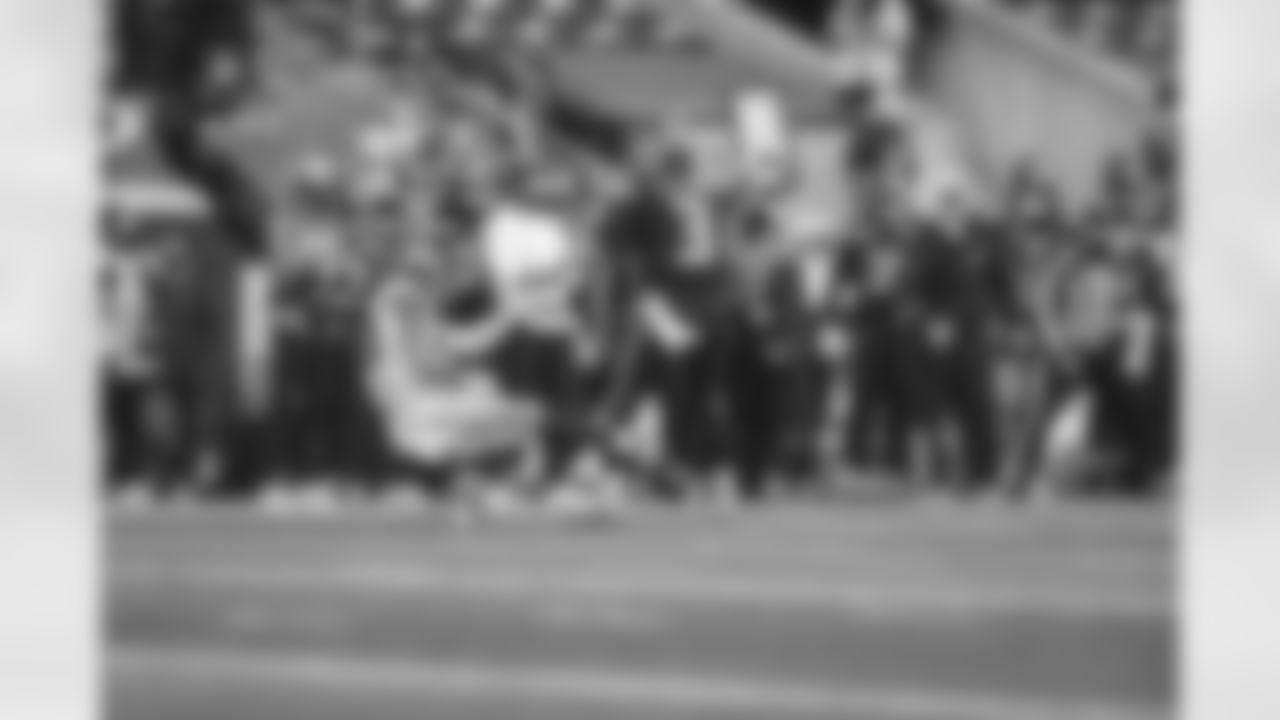
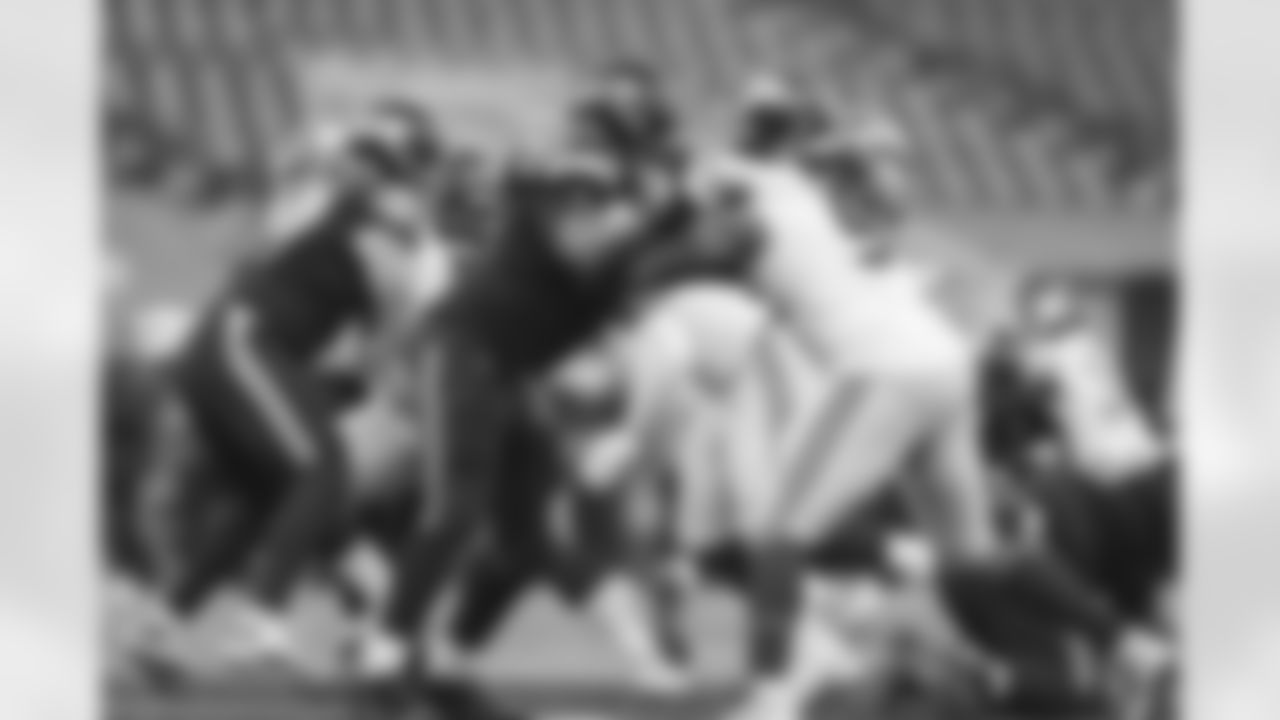
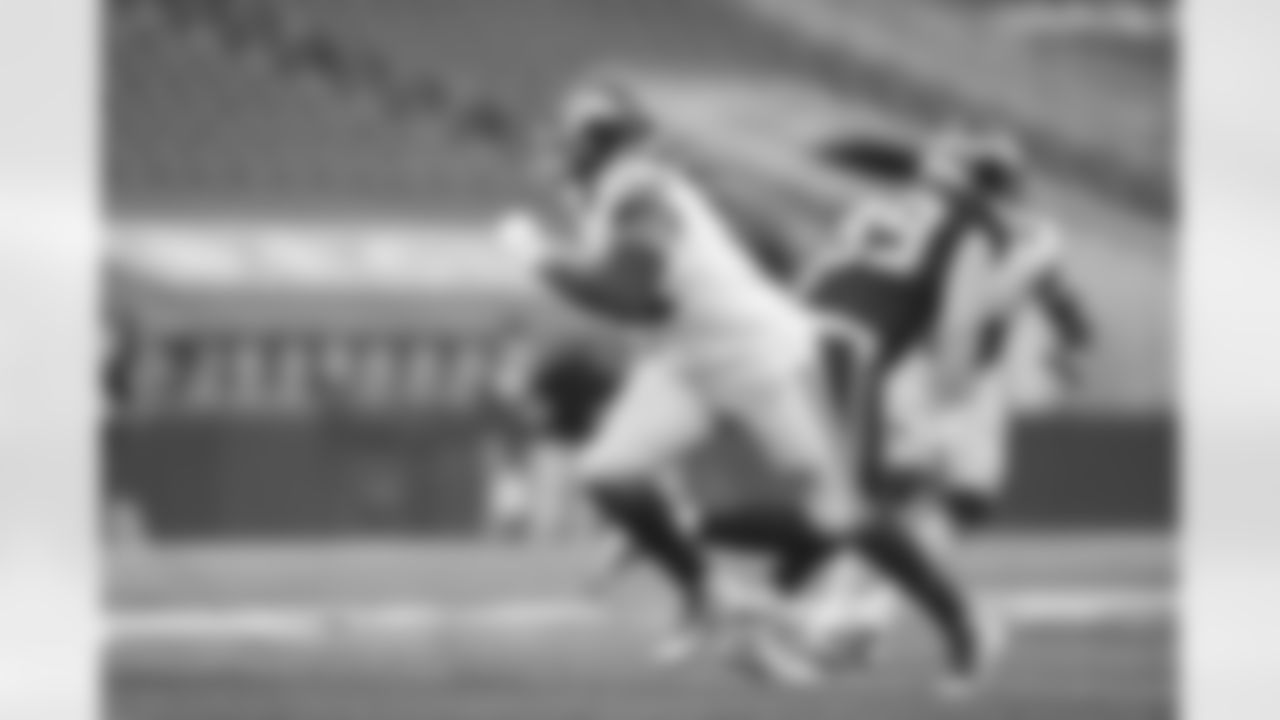
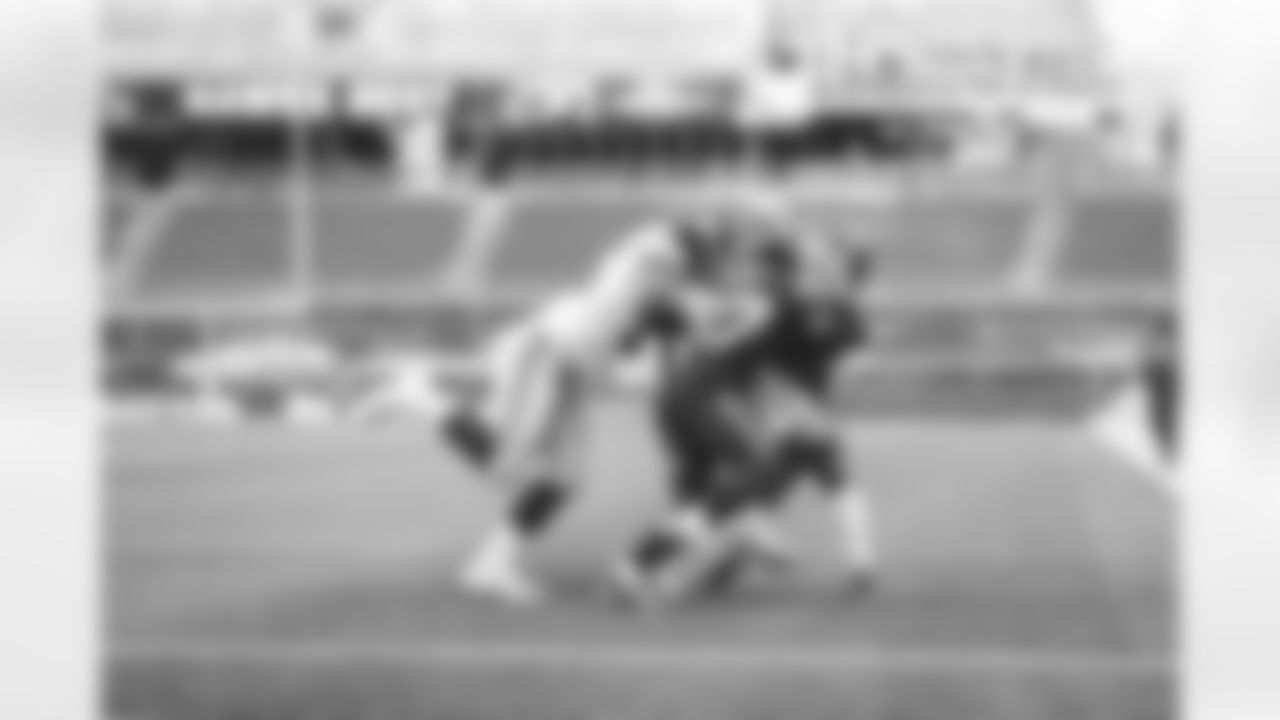
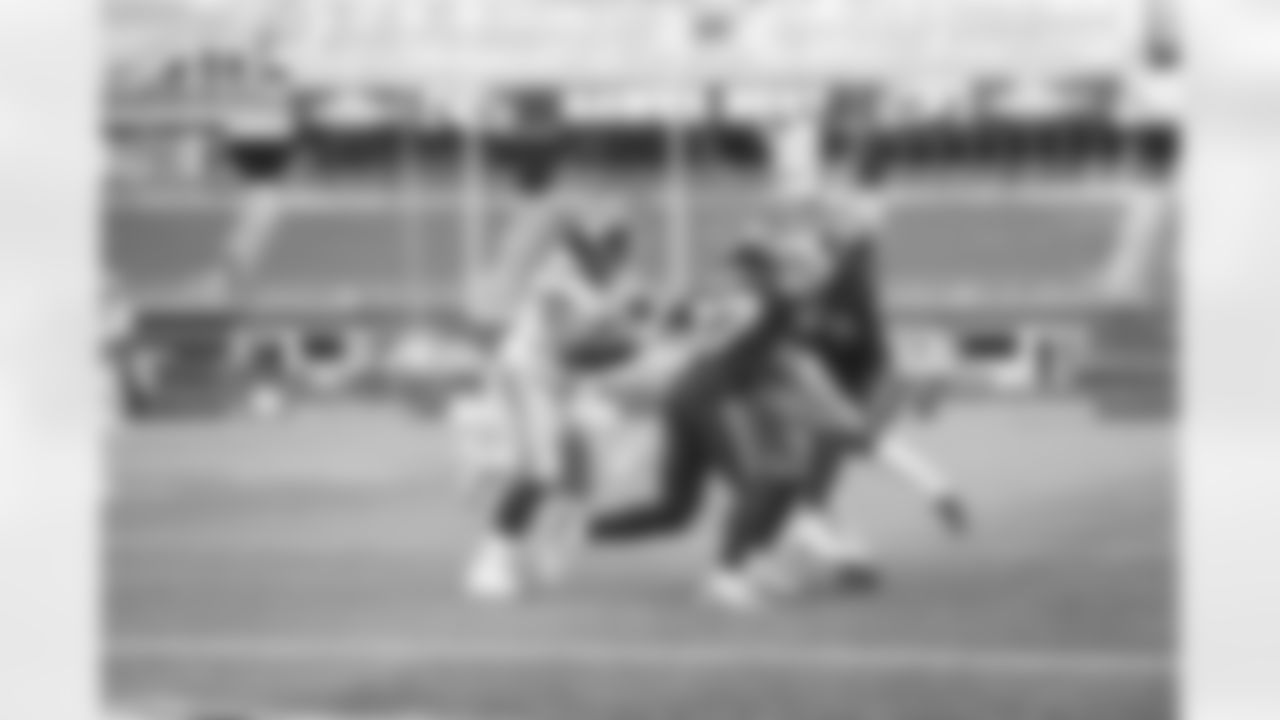
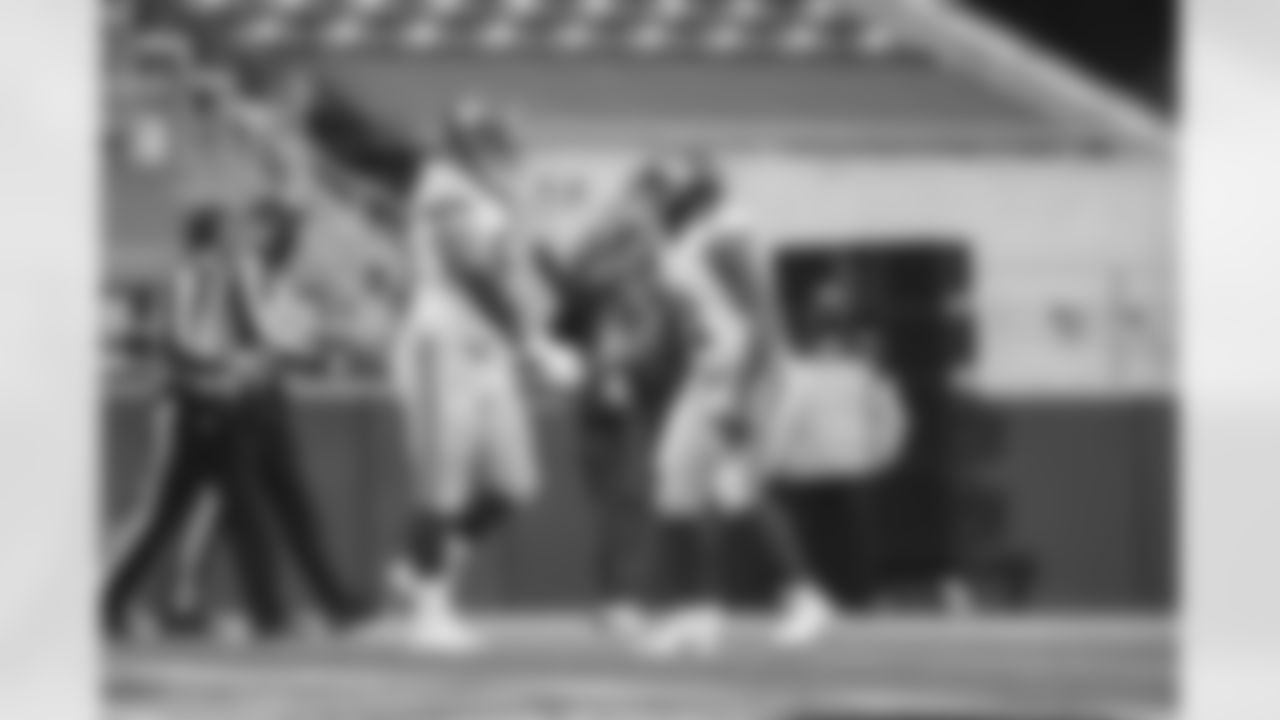
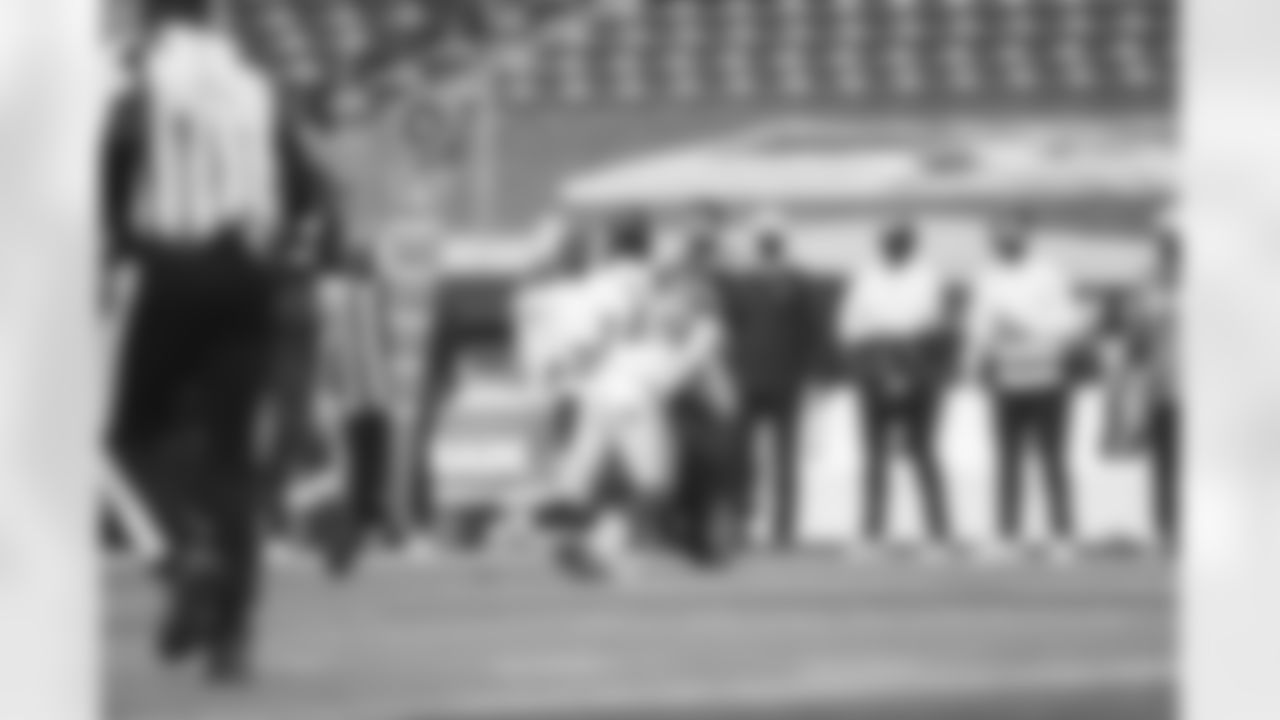
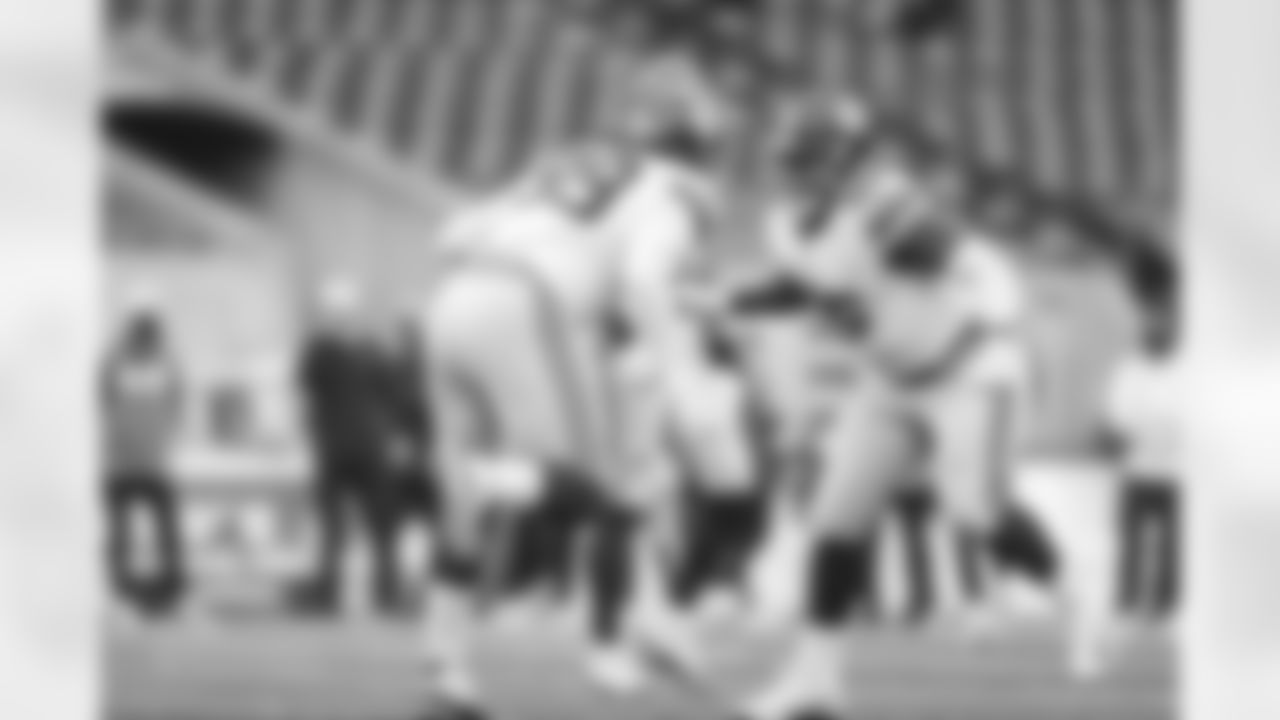
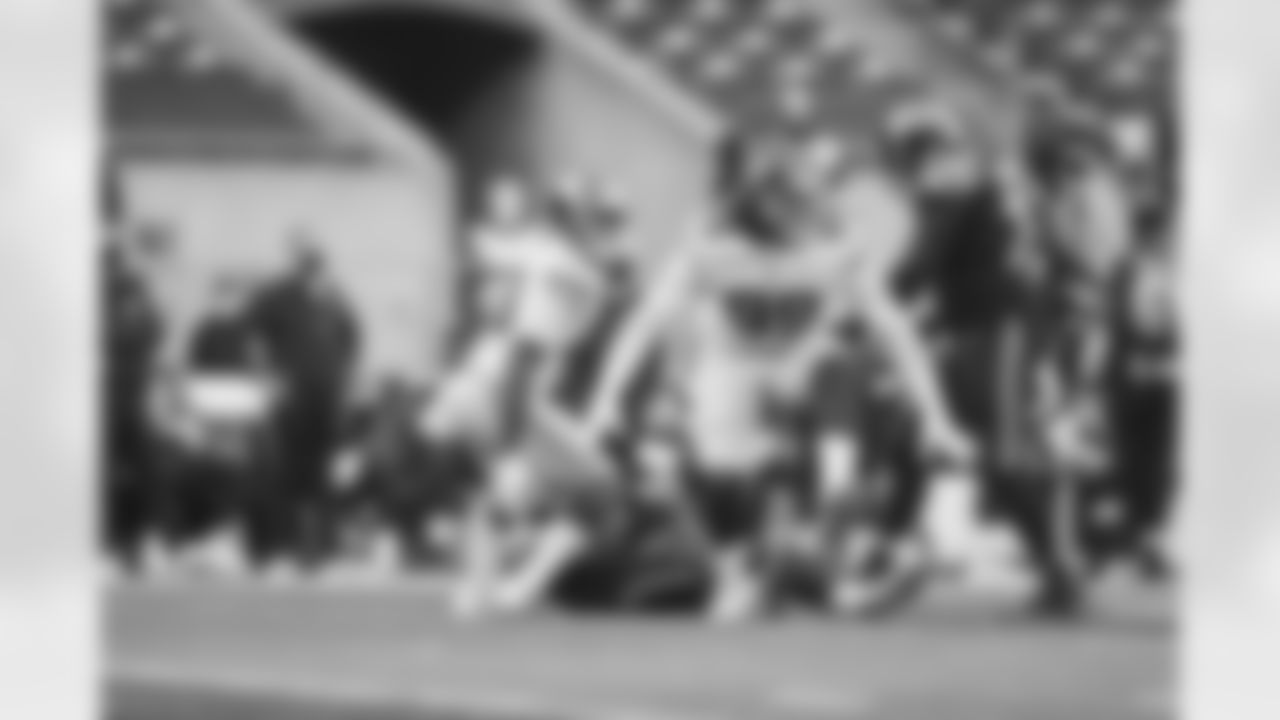
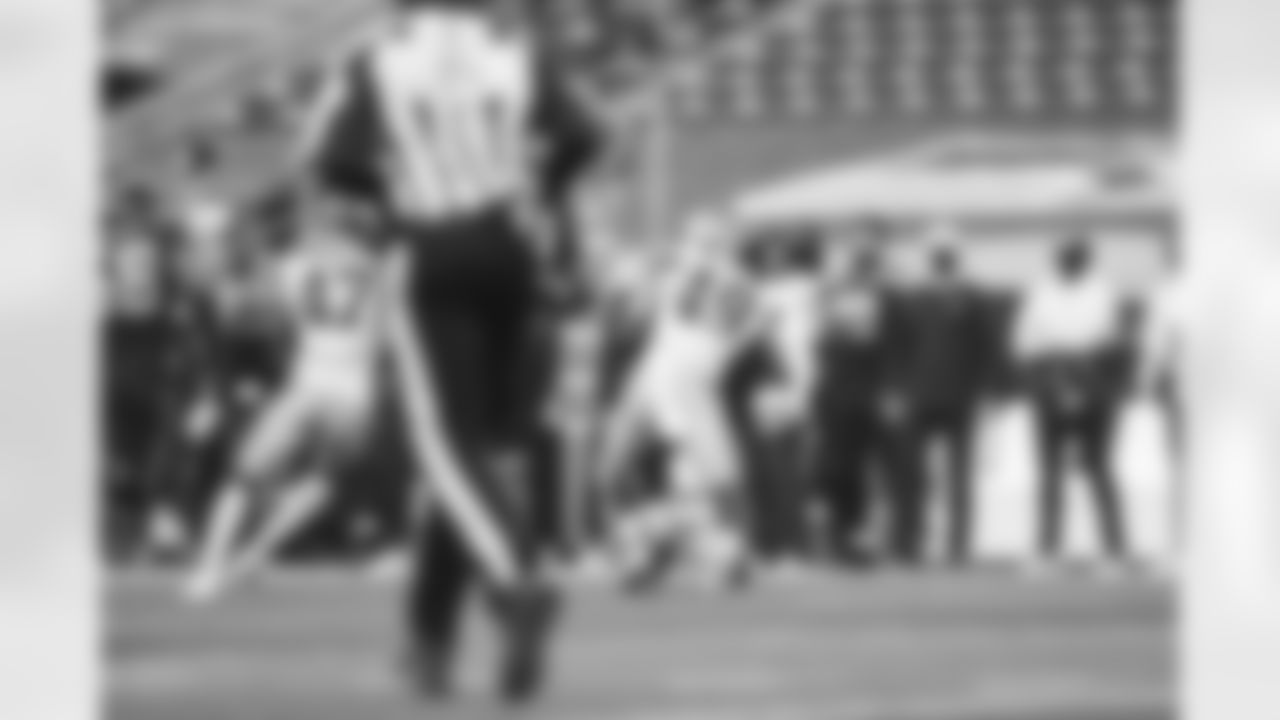
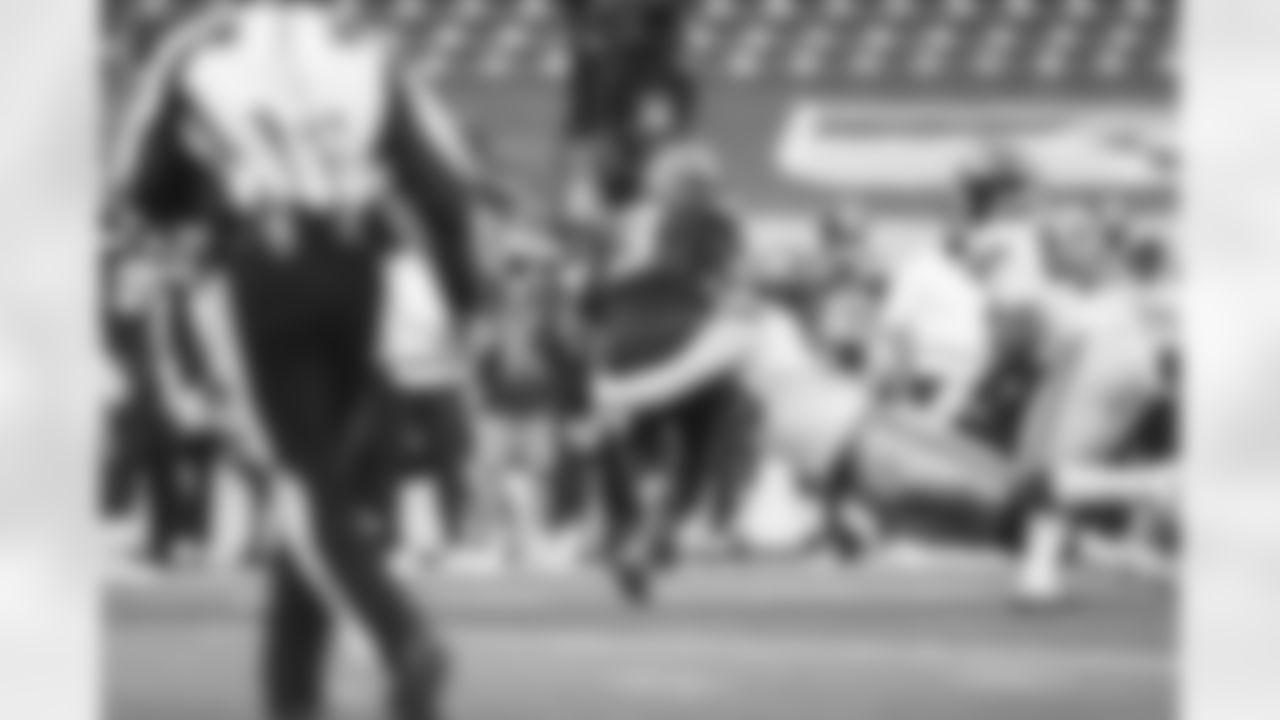
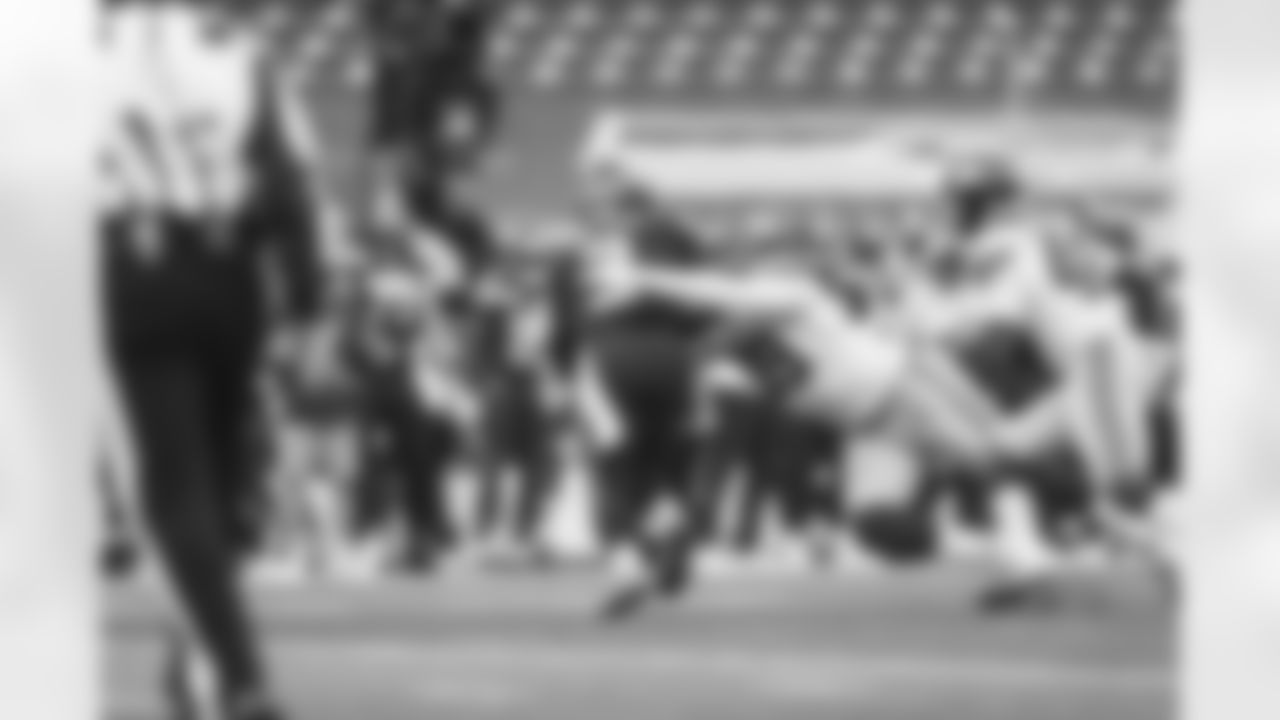
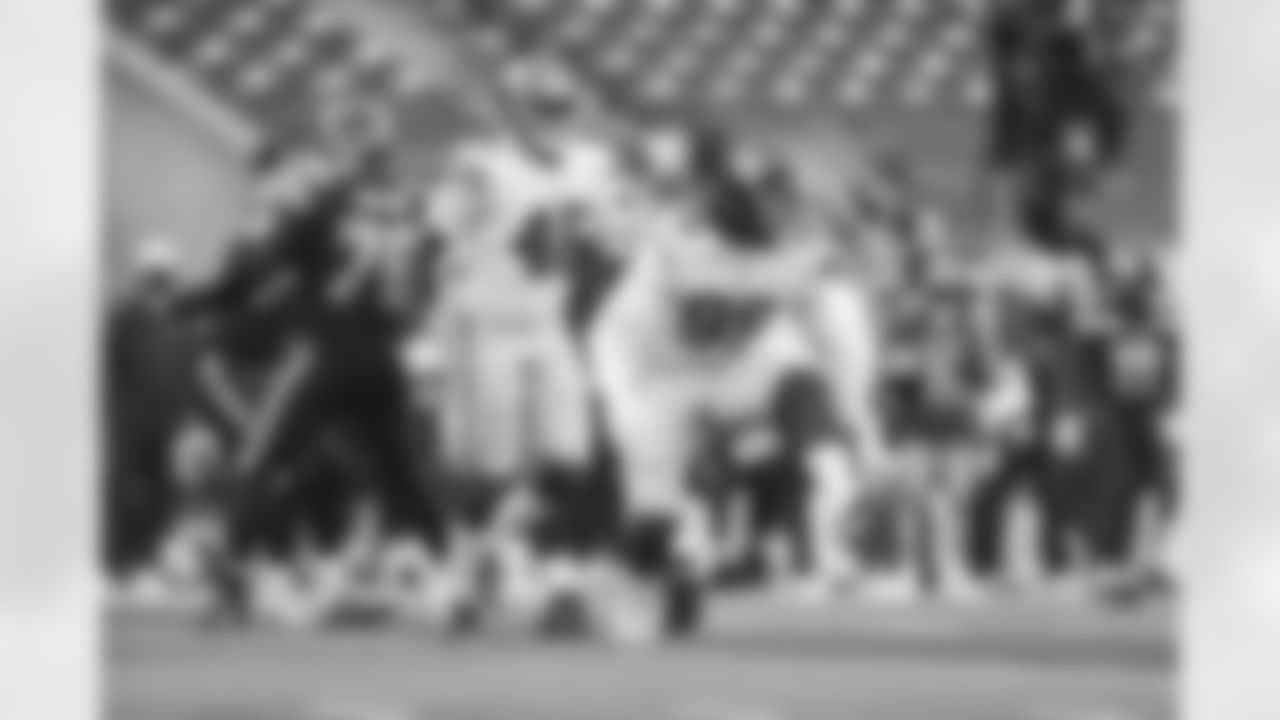
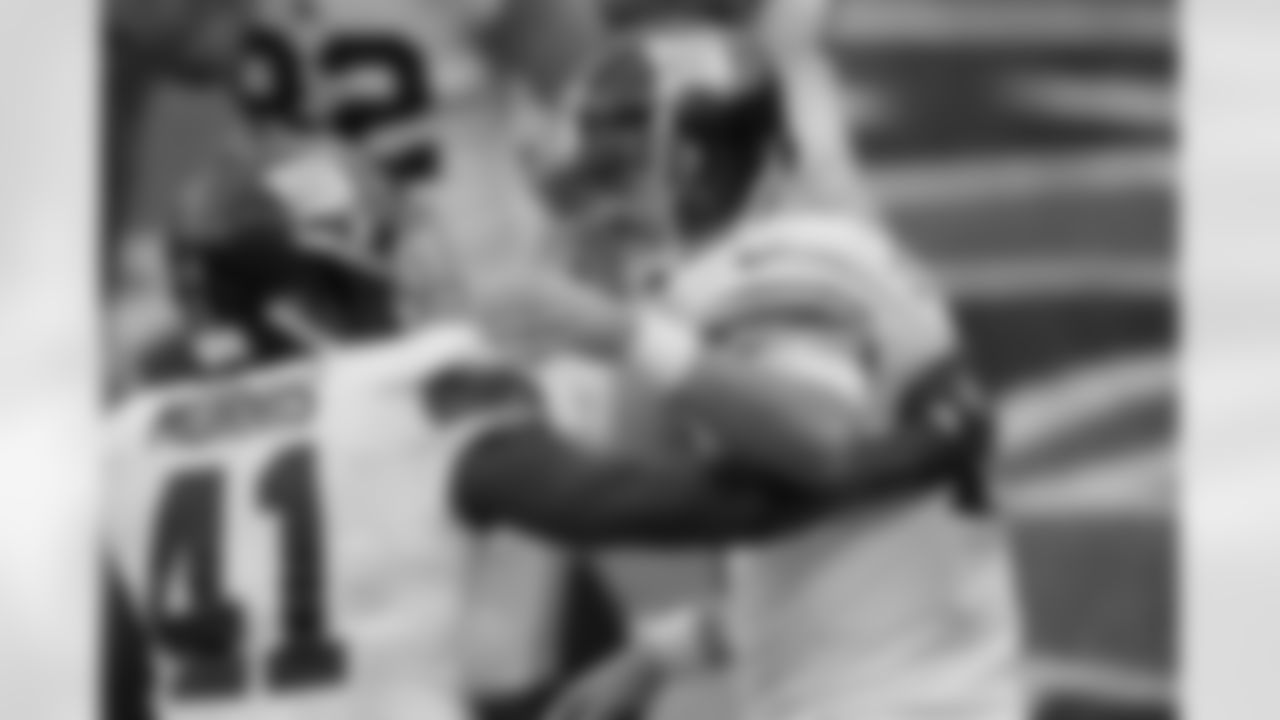
New York Giants quarterback Colt McCoy, right, greets running back Alfred Morris (41) after McCoy passed to Morris for the second touchdown of the second half of an NFL football game against the Seattle Seahawks, Sunday, Dec. 6, 2020, in Seattle. (AP Photo/Elaine Thompson)
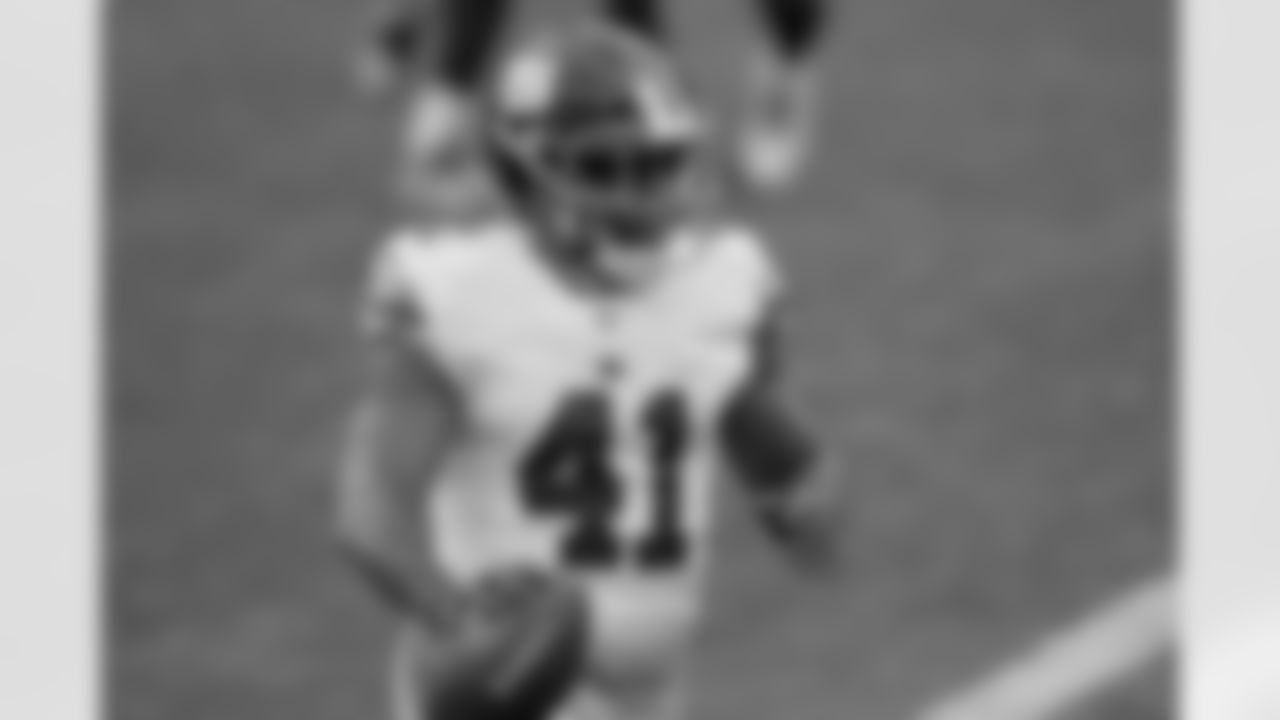
New York Giants running back Alfred Morris runs with the ball for his second touchdown of the second half after a reception against the Seattle Seahawks during an NFL football game, Sunday, Dec. 6, 2020, in Seattle. (AP Photo/Elaine Thompson)
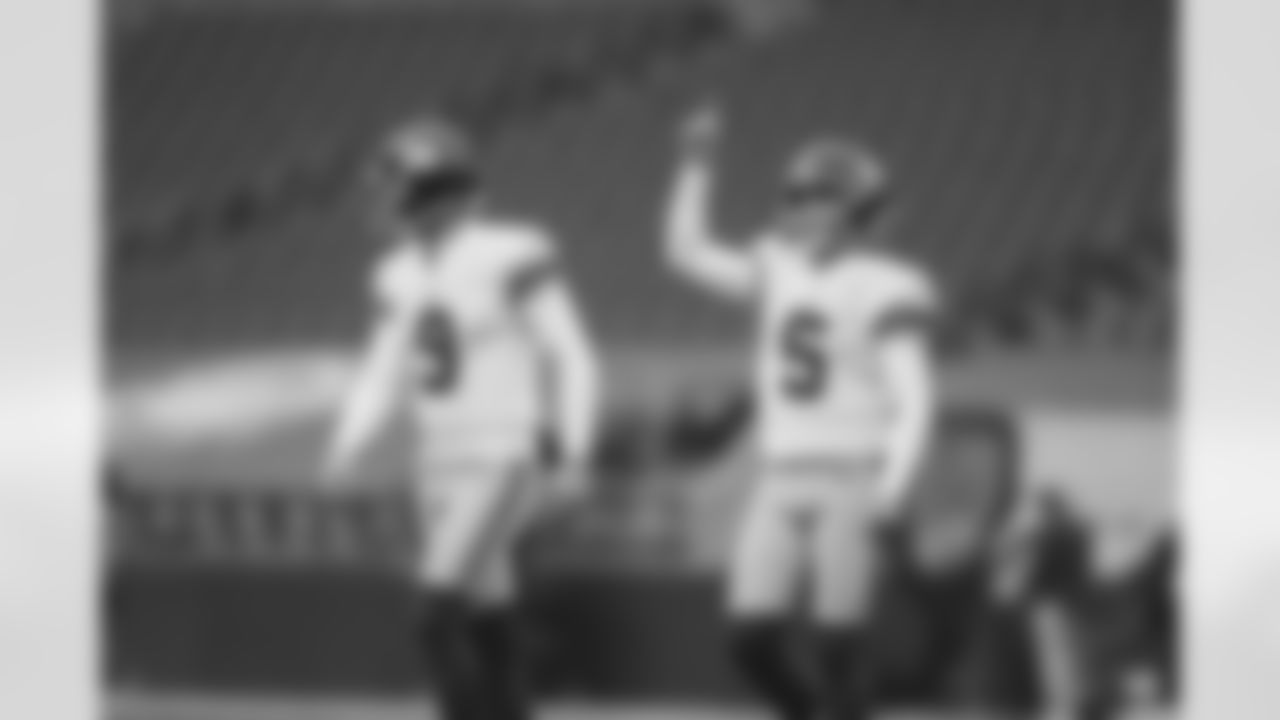
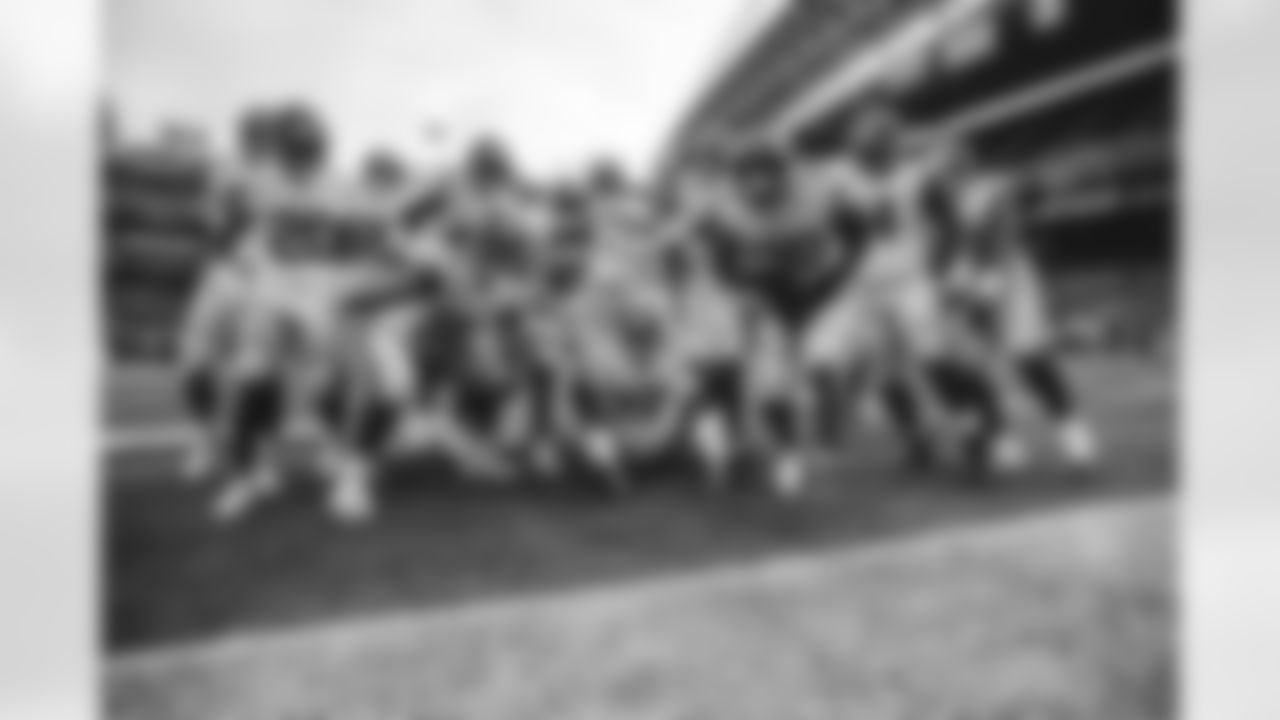
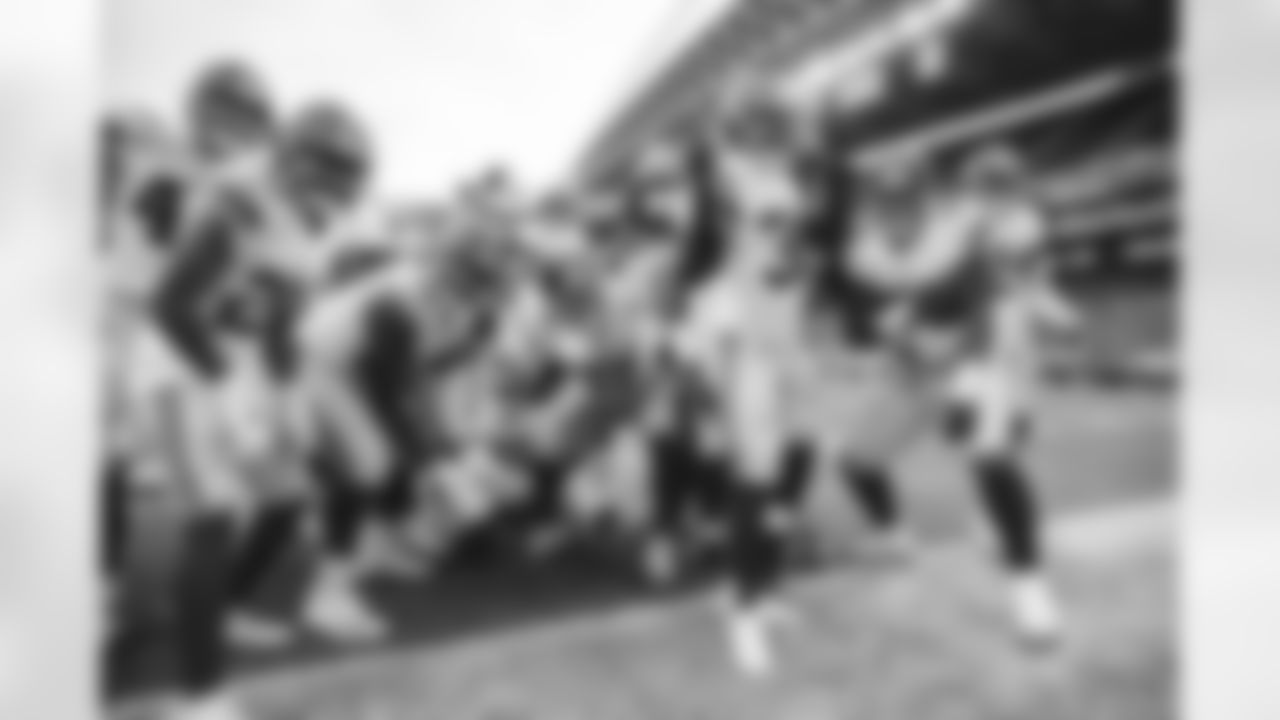
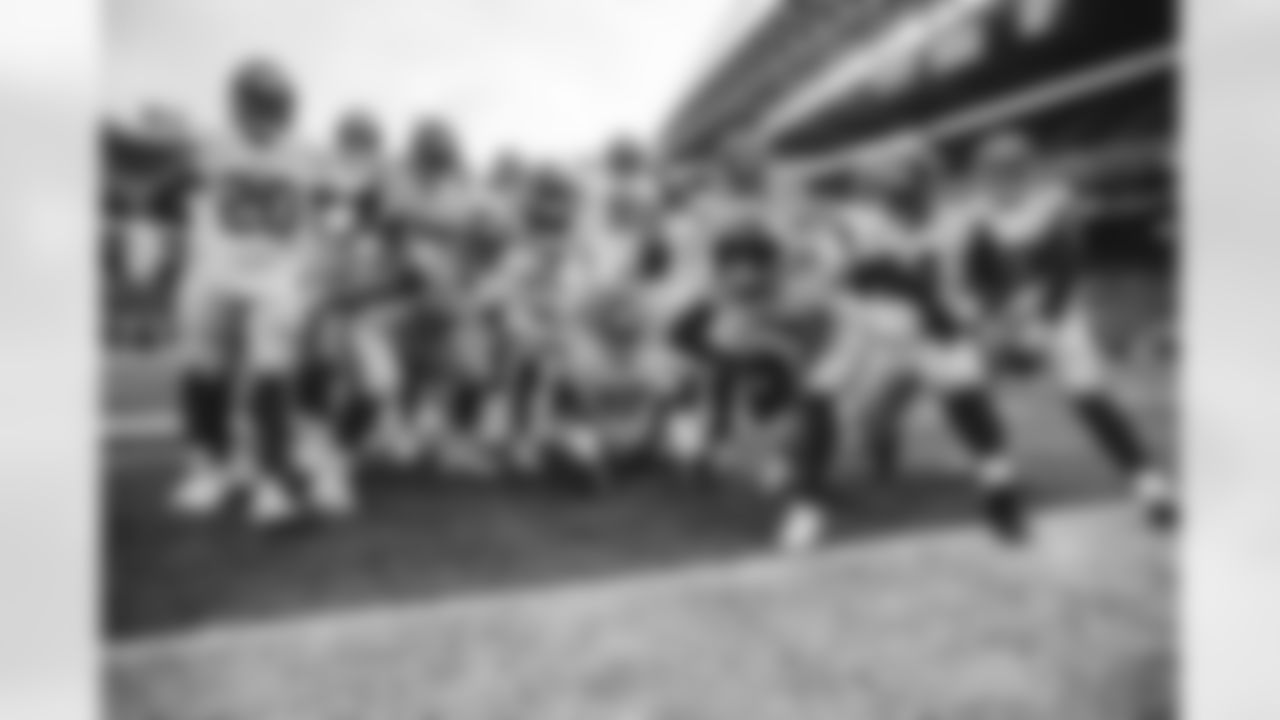
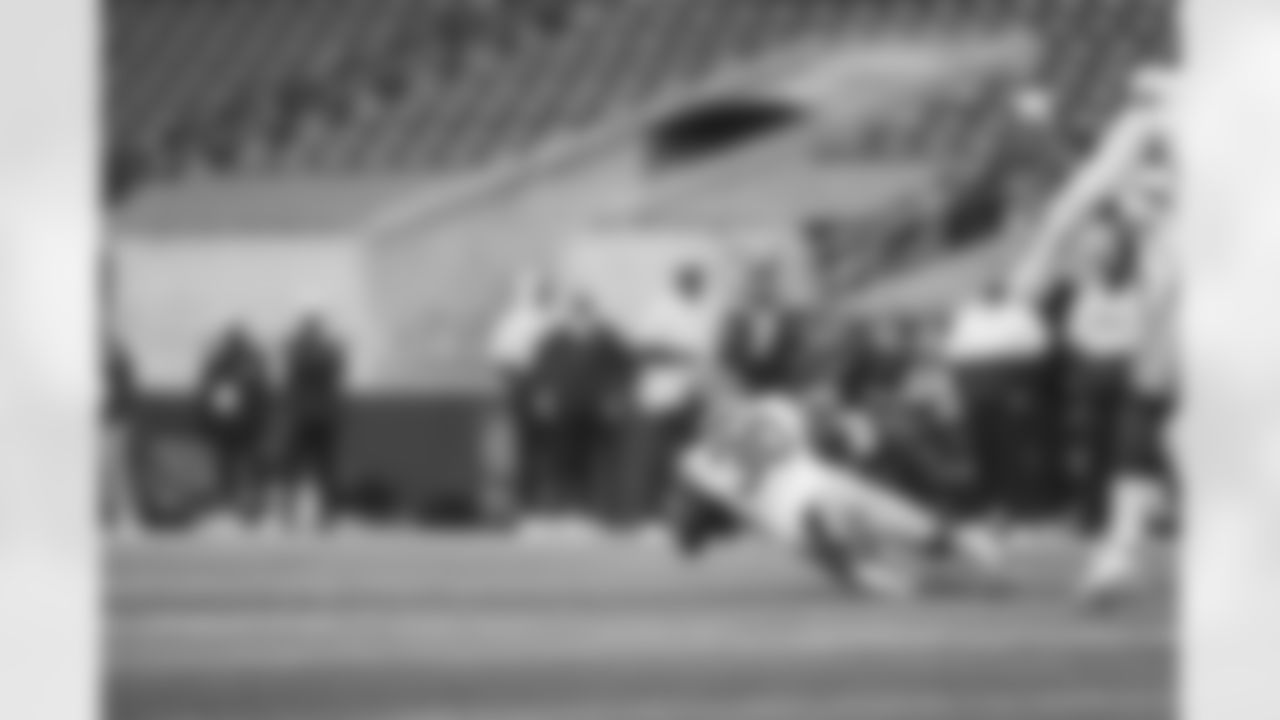
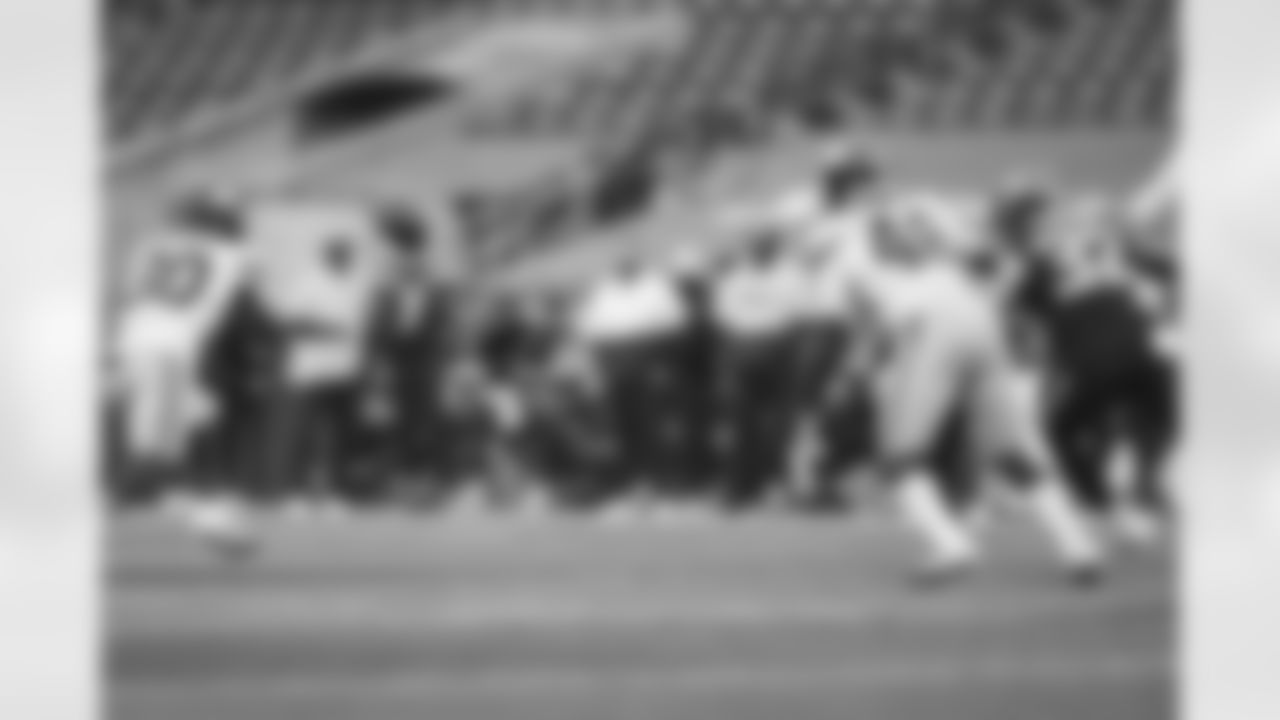
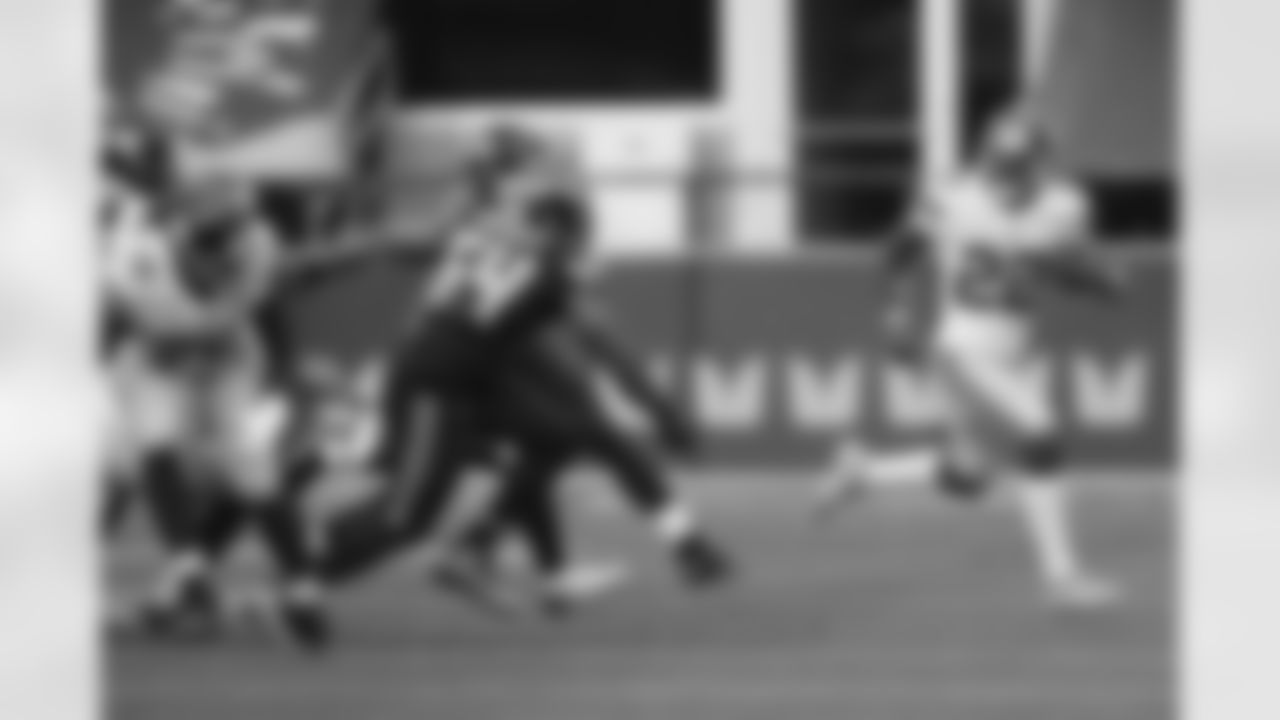
New York Giants running back Wayne Gallman (22) breaks away for a 60-yard run against the Seattle Seahawks during the second half of an NFL football game, Sunday, Dec. 6, 2020, in Seattle. (AP Photo/Larry Maurer)
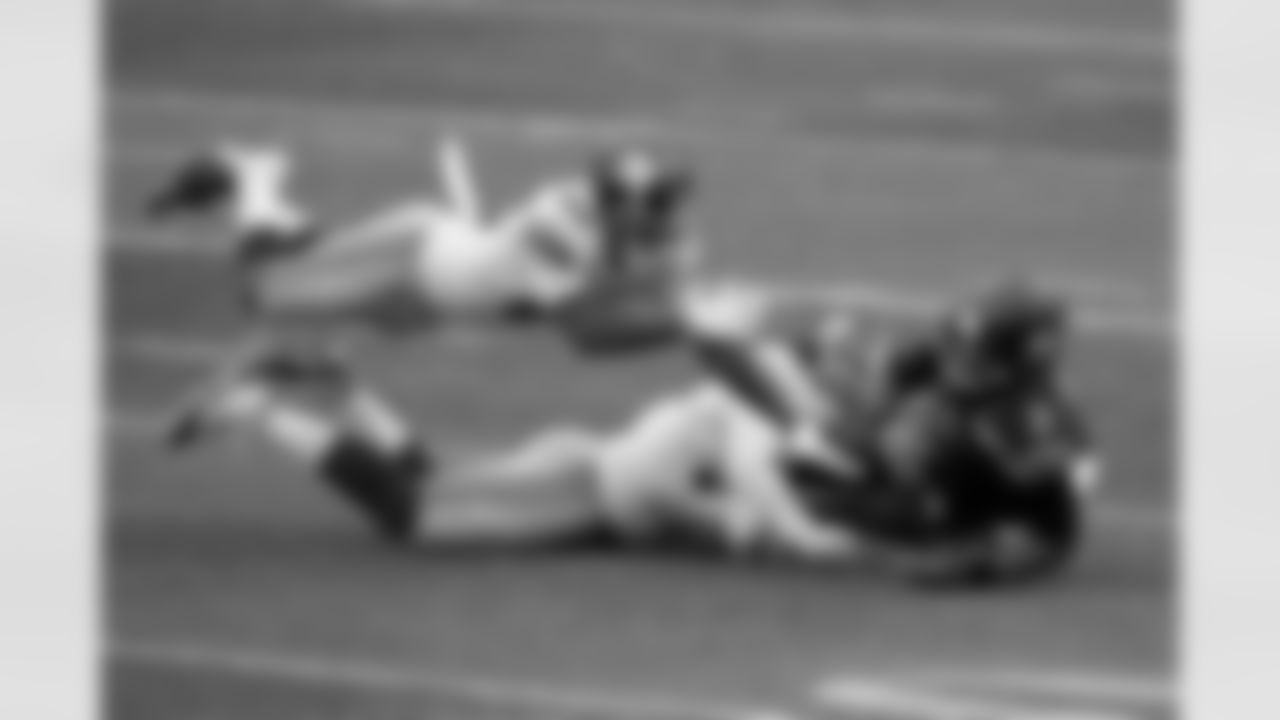
Seattle Seahawks quarterback Russell Wilson (3) is sacked by New York Giants defensive end Leonard Williams, center, as linebacker Tae Crowder (48) dives in to assist during the second half of an NFL football game, Sunday, Dec. 6, 2020, in Seattle. (AP Photo/Elaine Thompson)
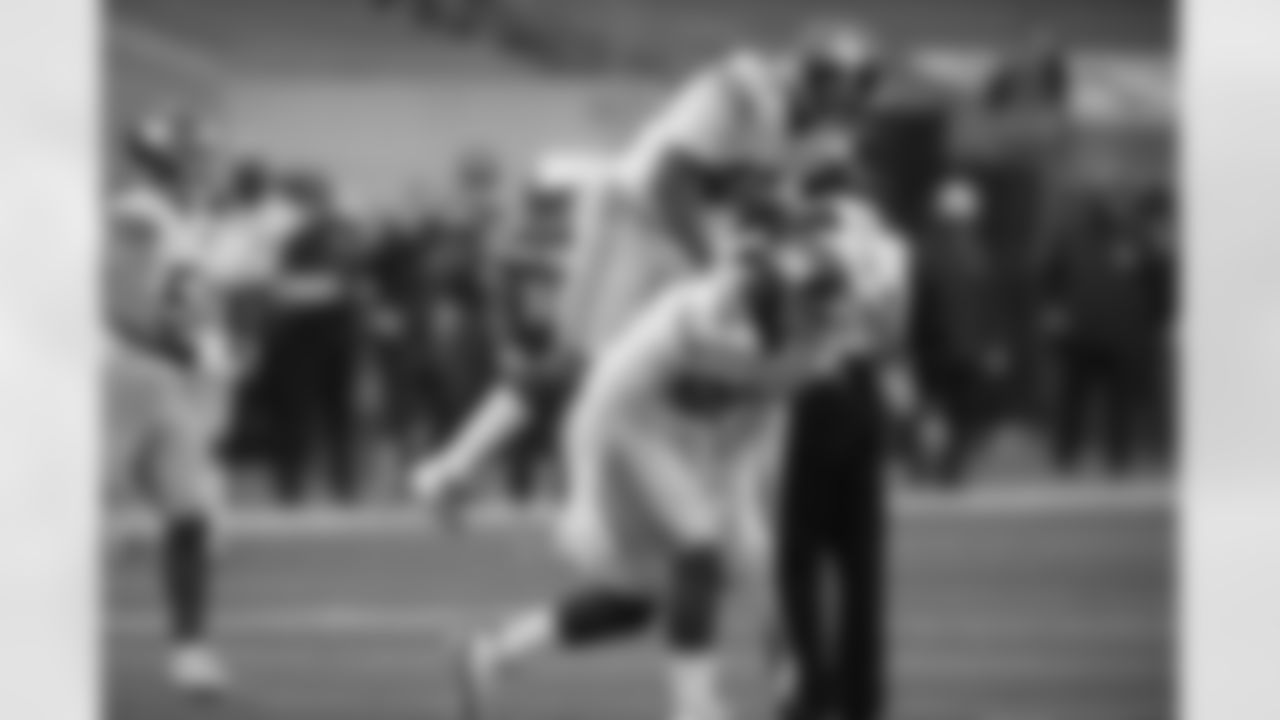
New York Giants defensive end Leonard Williams (99) celebrates with linebacker Tae Crowder (48) after Williams sacked Seattle Seahawks quarterback Russell Wilson (not shown) during the second half of an NFL football game, Sunday, Dec. 6, 2020, in Seattle. (AP Photo/Larry Maurer)
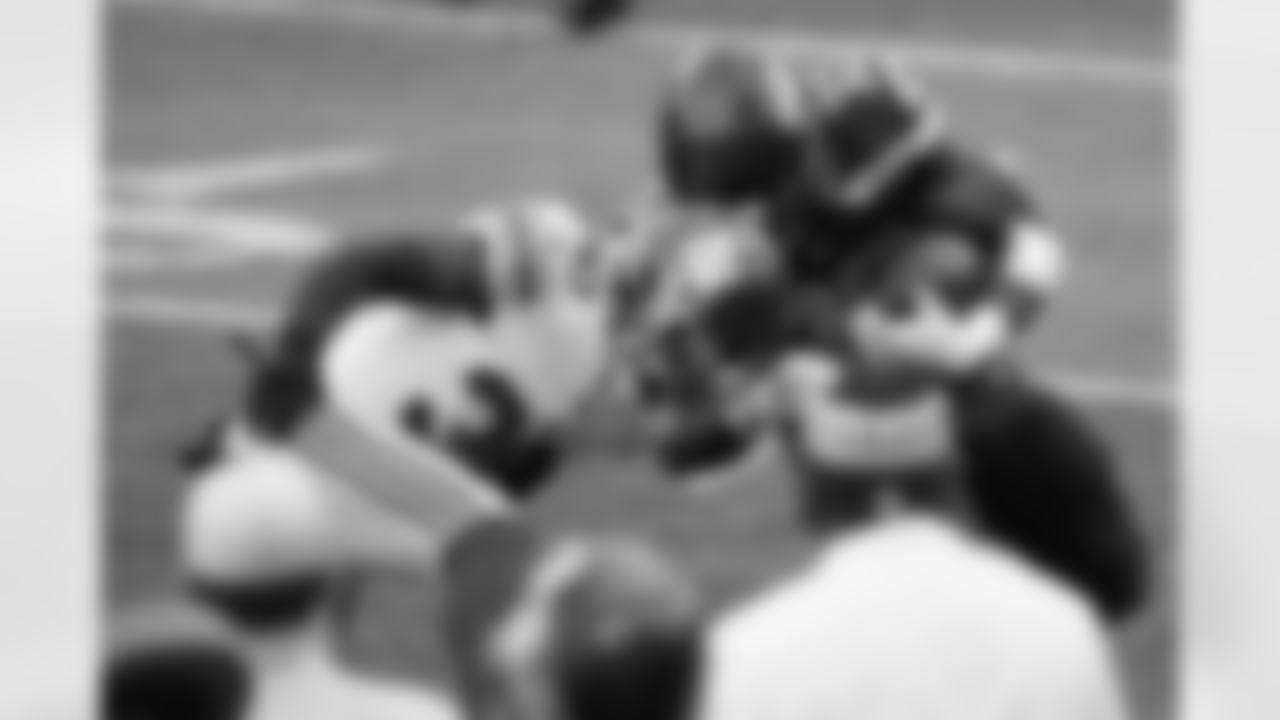
Seattle Seahawks running back Chris Carson (32) is stopped by New York Giants cornerback Darnay Holmes (30) during the second half of an NFL football game, Sunday, Dec. 6, 2020, in Seattle. (AP Photo/Elaine Thompson)
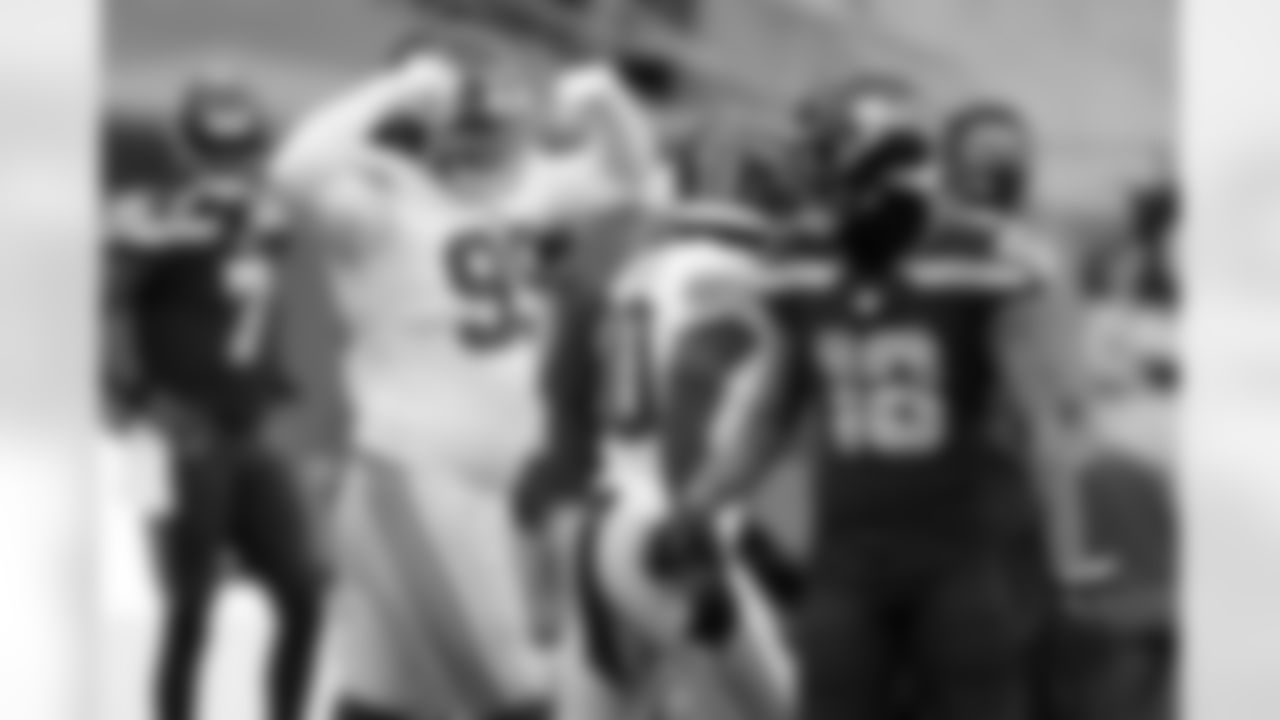
New York Giants defensive end Leonard Williams, left, reacts next to Seattle Seahawks wide receiver Freddie Swain (18) after a play during the second half of an NFL football game, Sunday, Dec. 6, 2020, in Seattle. (AP Photo/Larry Maurer)
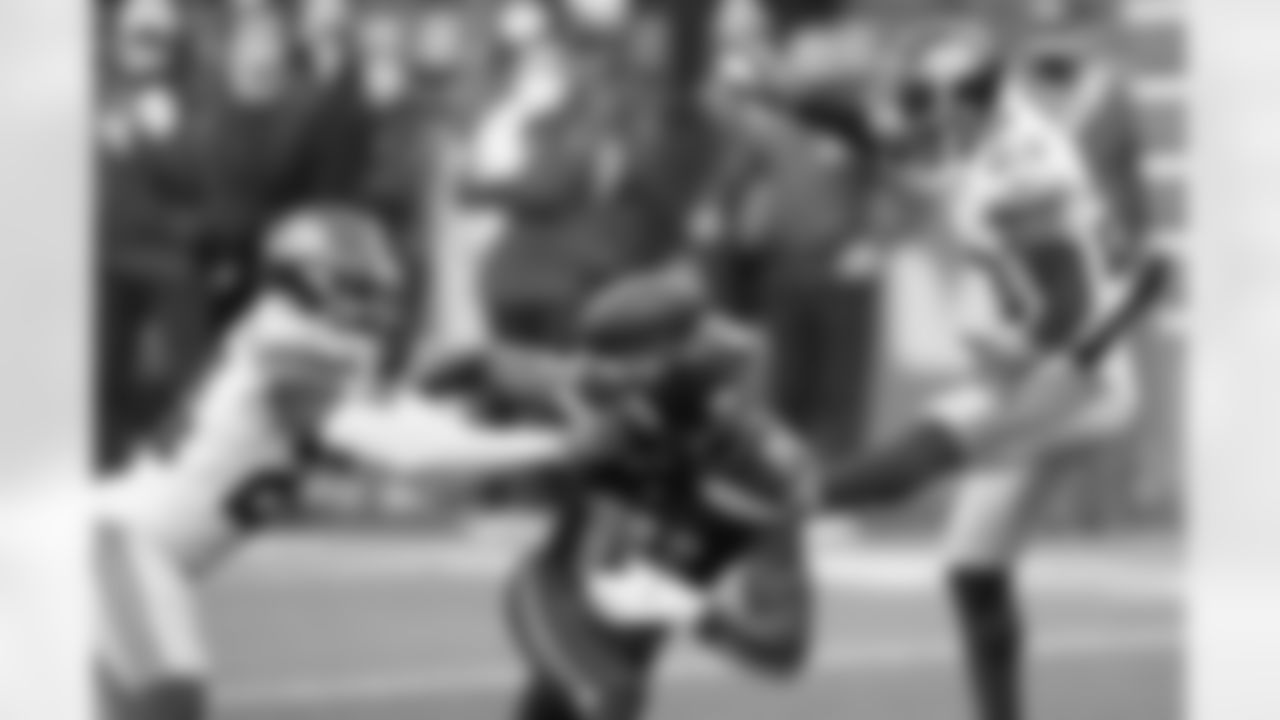
New York Giants cornerback James Bradberry, left, and defensive back Logan Ryan, right, break up a pass intended for Seattle Seahawks wide receiver DK Metcalf (14) during the second half of an NFL football game, Sunday, Dec. 6, 2020, in Seattle. The Giants won 17-12. (AP Photo/Elaine Thompson)
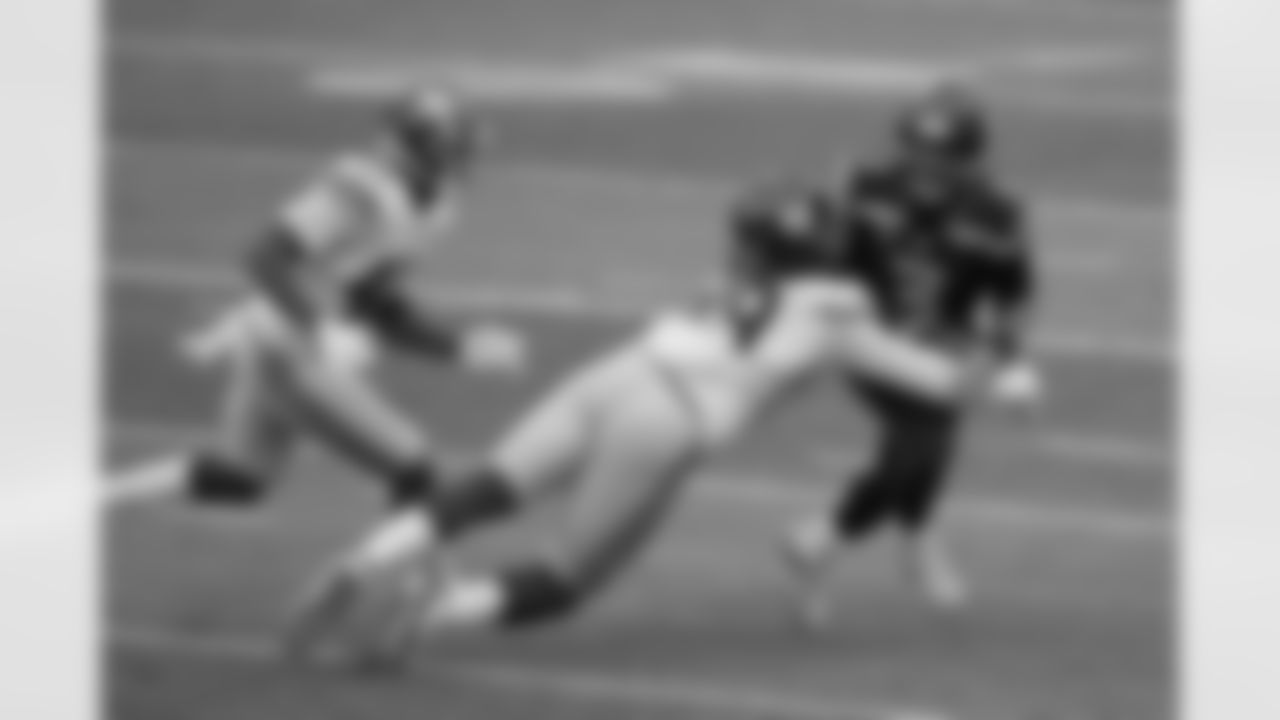
Seattle Seahawks quarterback Russell Wilson (3) is sacked by New York Giants defensive end Leonard Williams, center, as linebacker Tae Crowder (48) runs in to assist during the second half of an NFL football game, Sunday, Dec. 6, 2020, in Seattle. (AP Photo/Elaine Thompson)
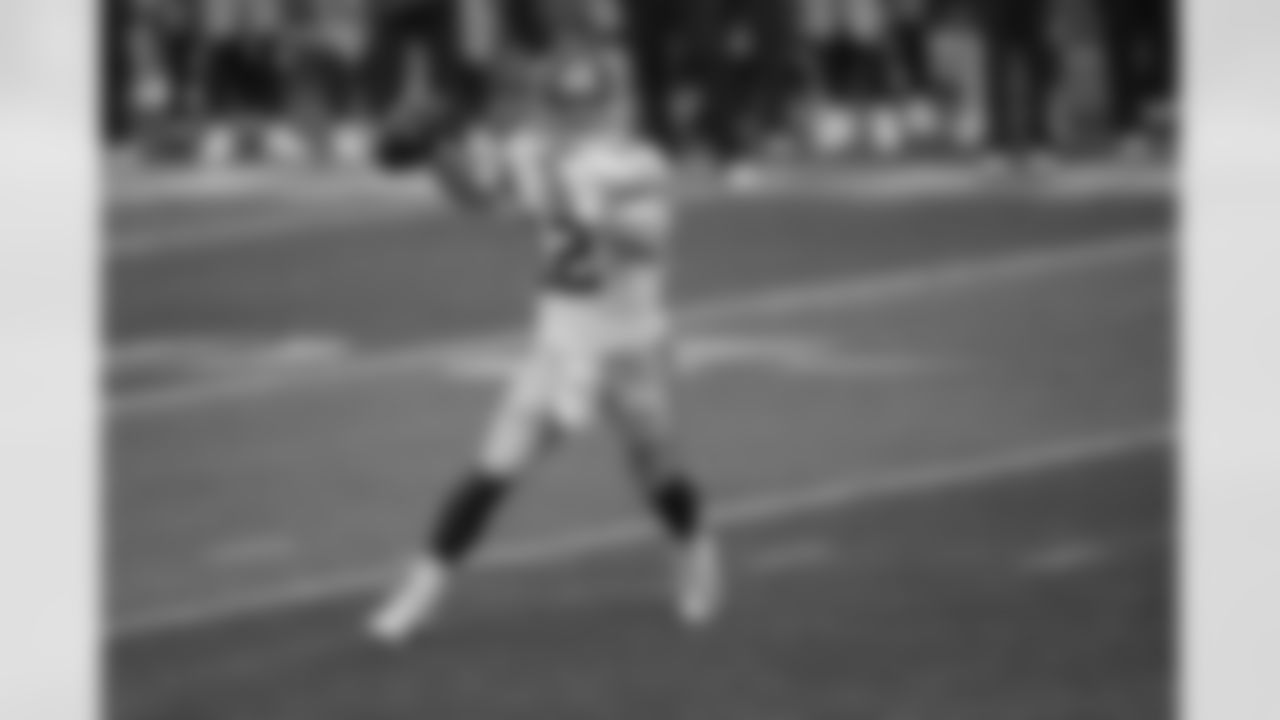
New York Giants quarterback Colt McCoy passes against the Seattle Seahawks during the second half of an NFL football game, Sunday, Dec. 6, 2020, in Seattle. (AP Photo/Elaine Thompson)
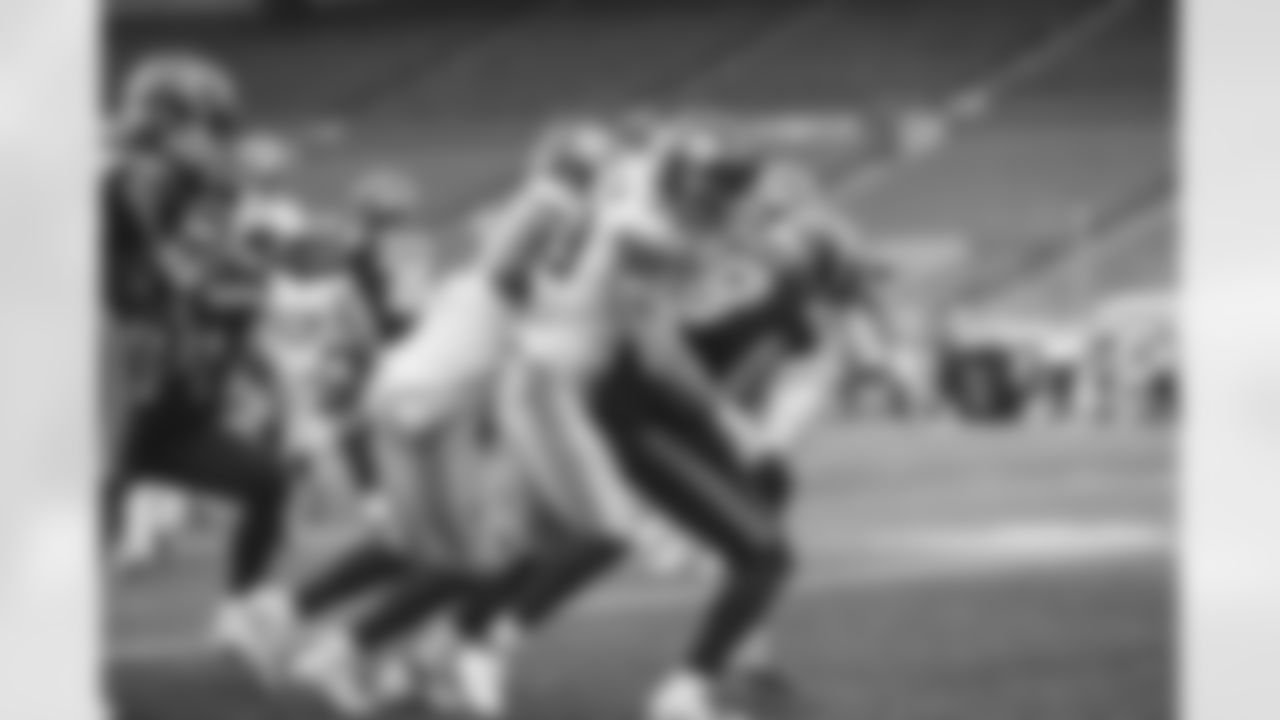
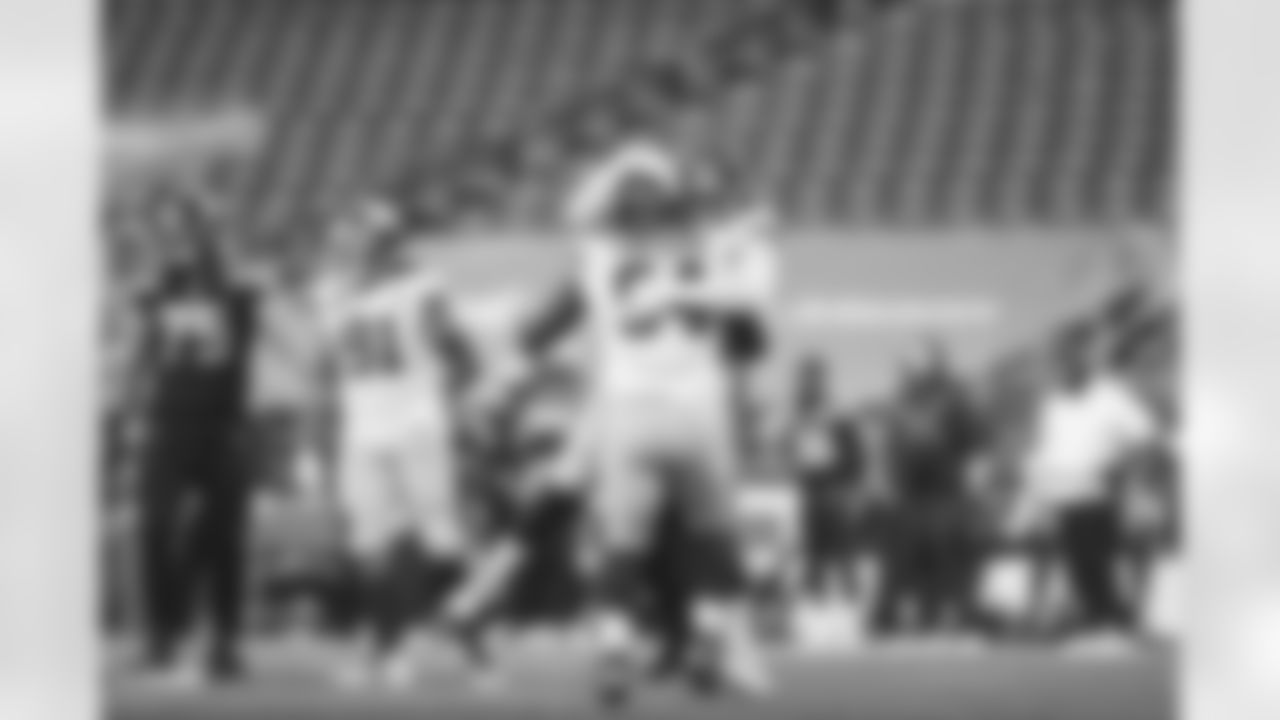
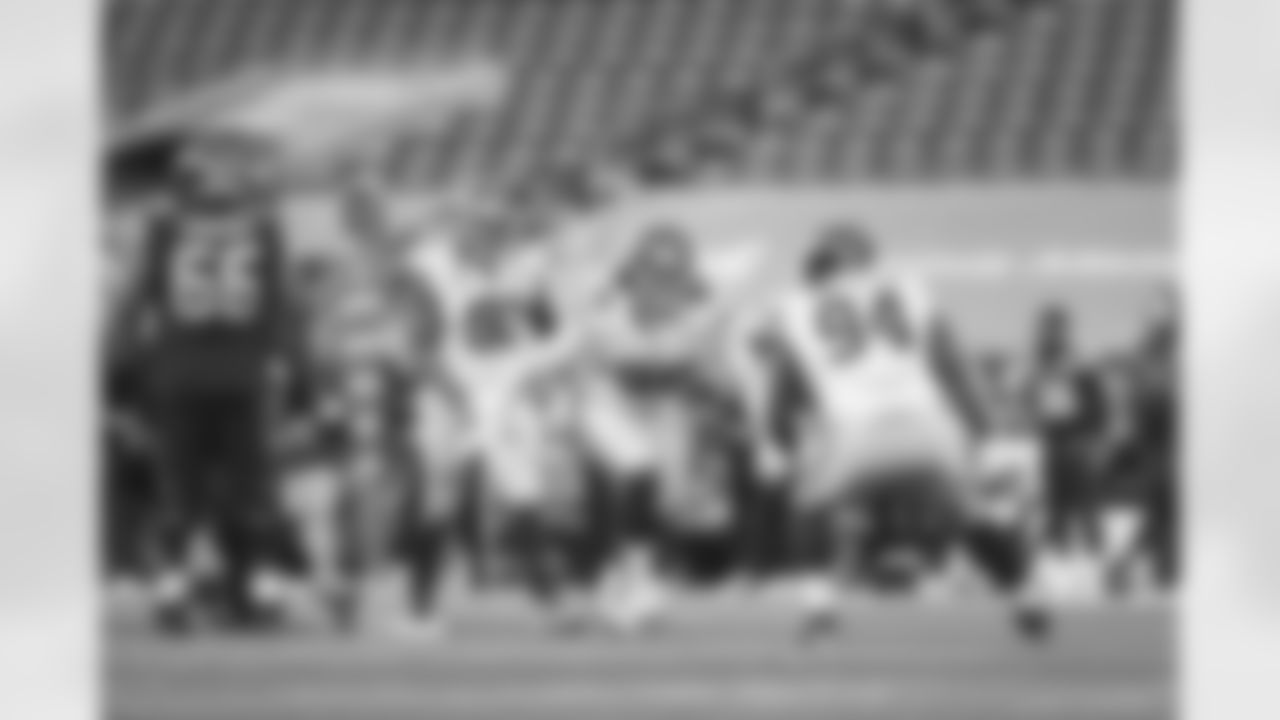
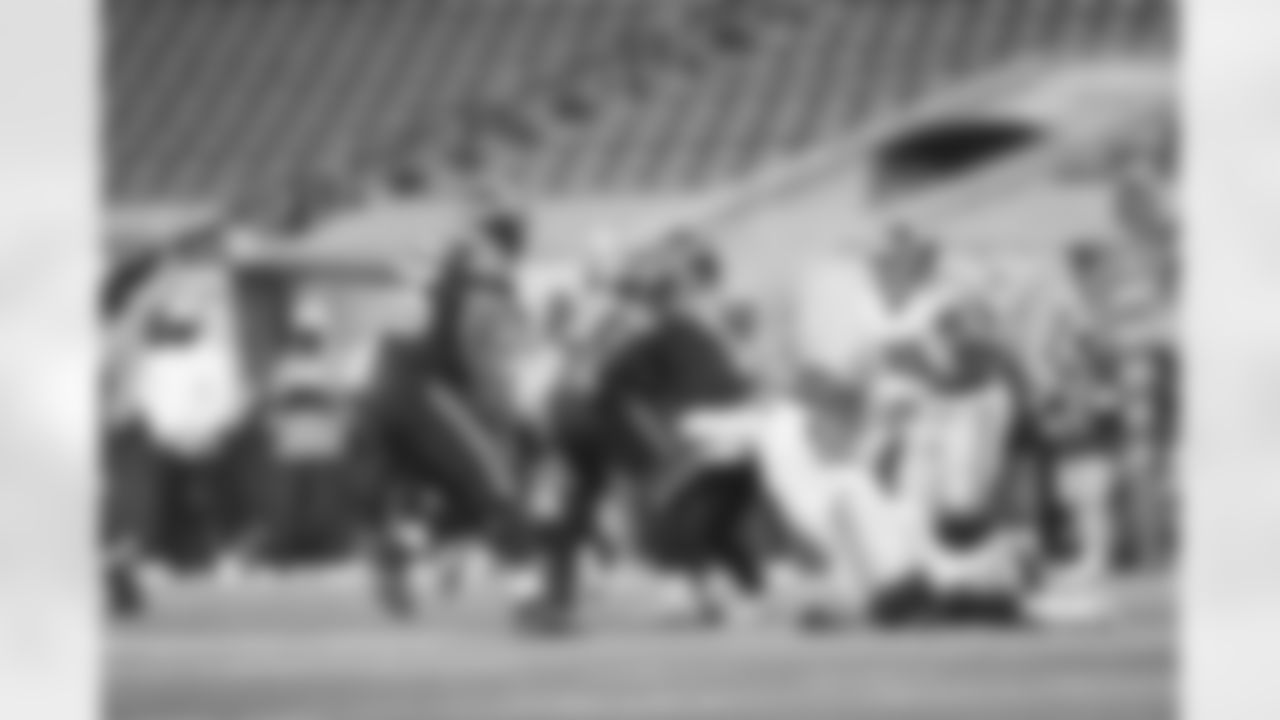
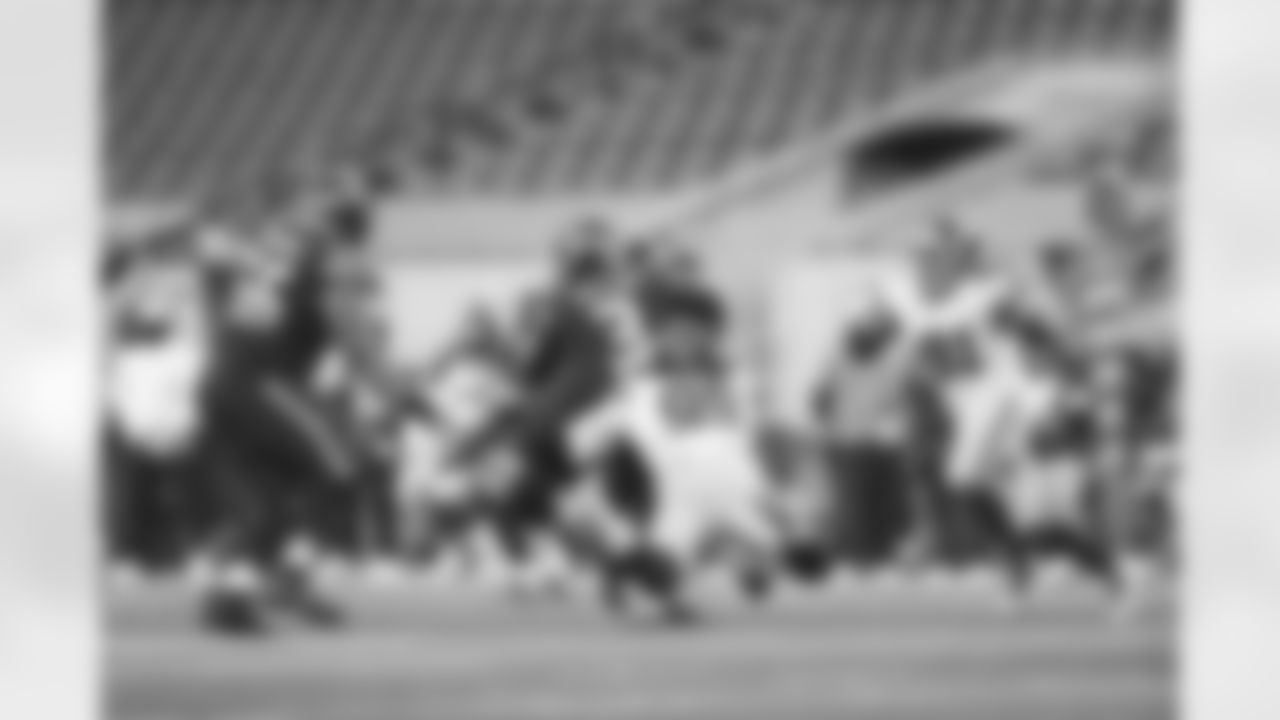
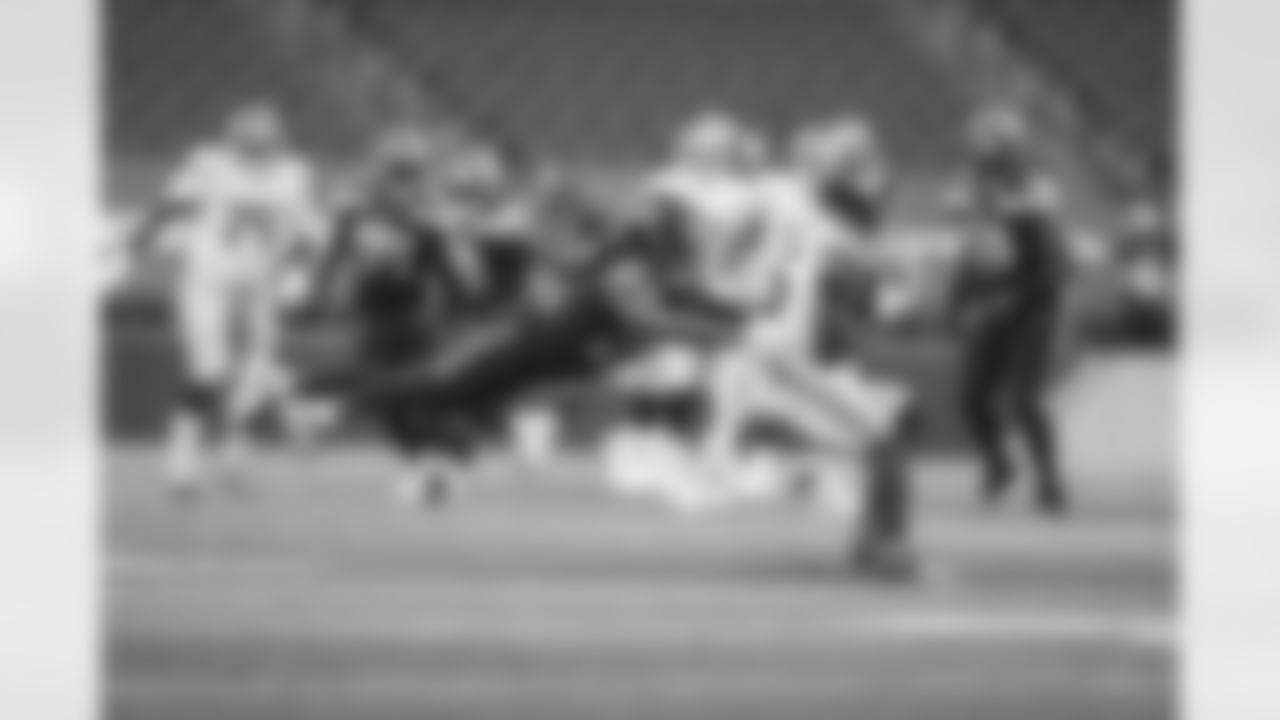
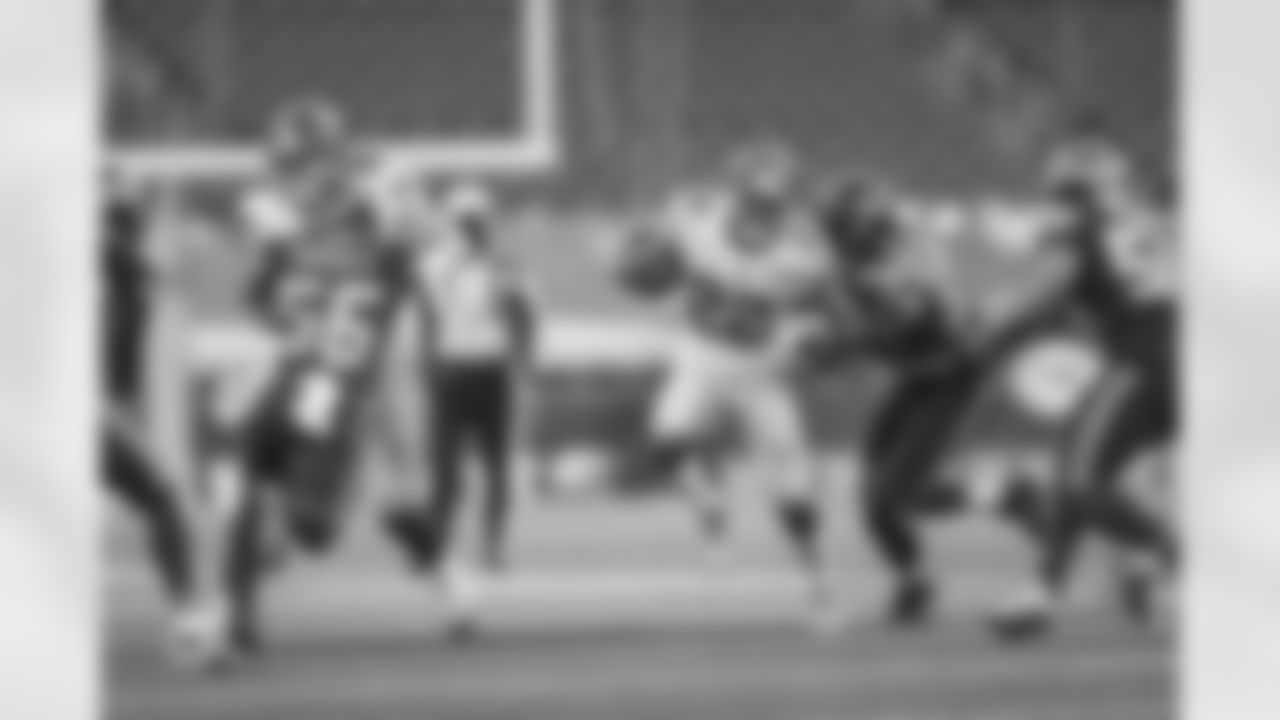
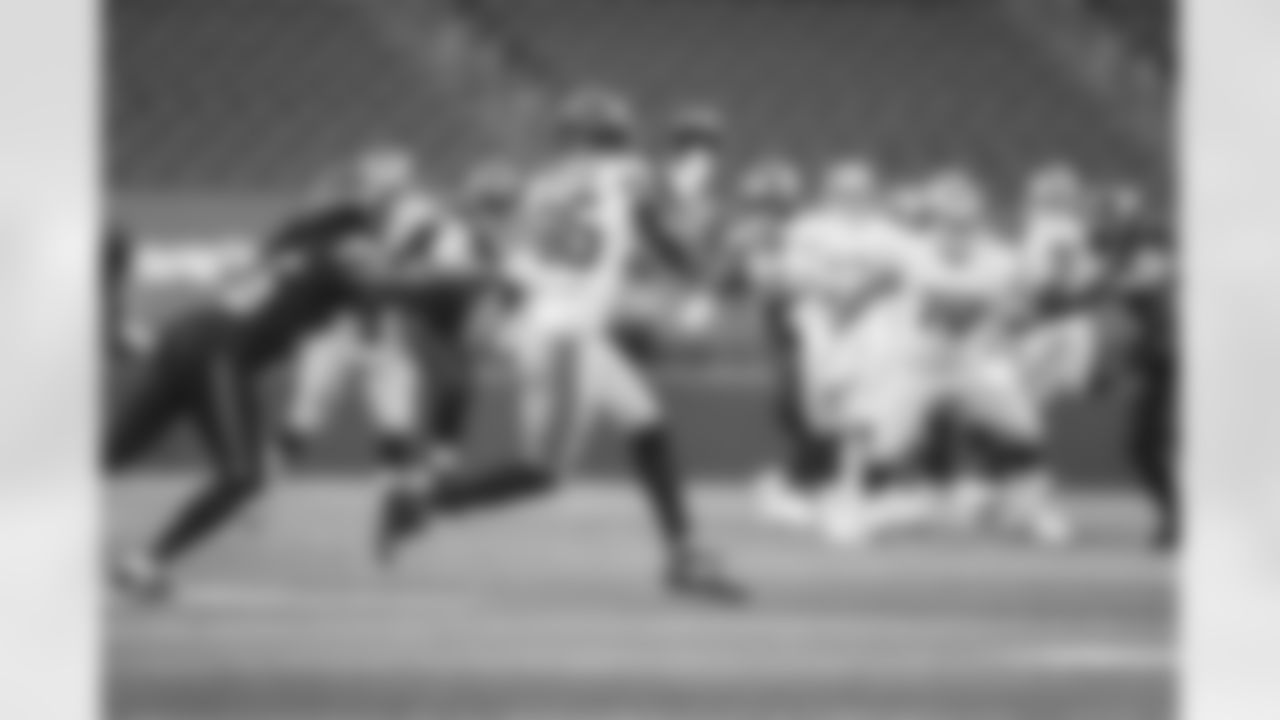
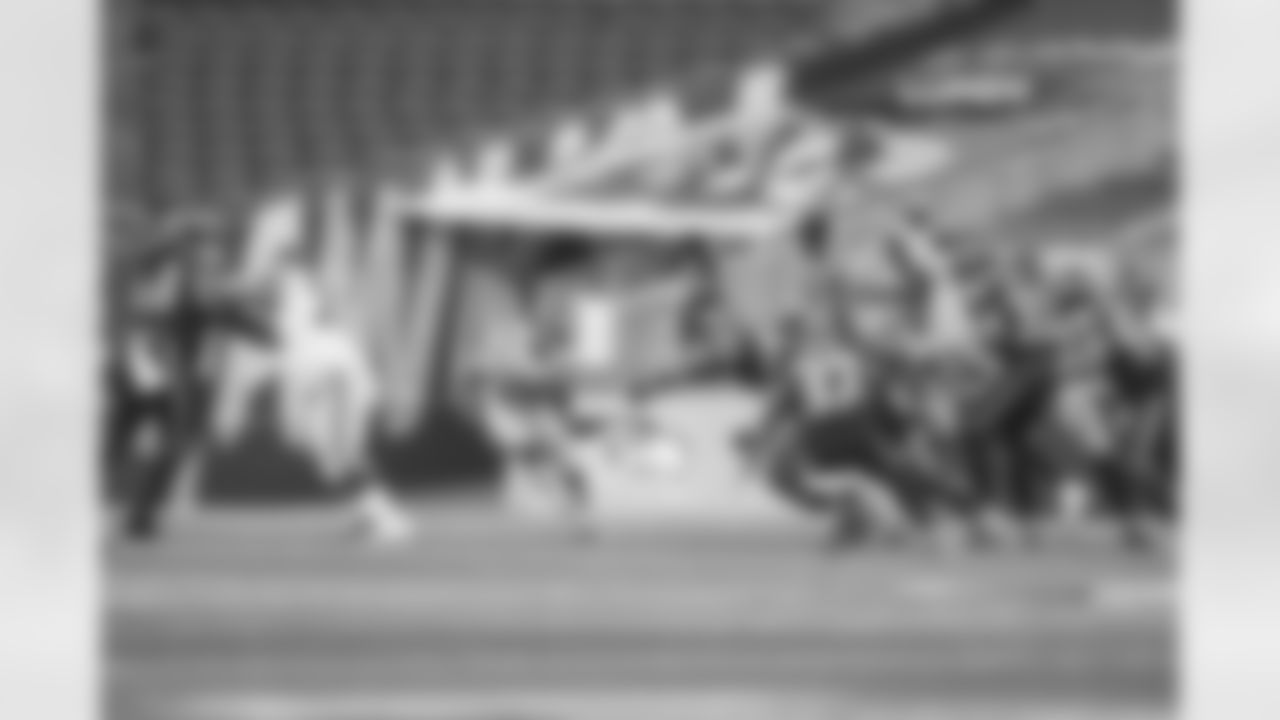
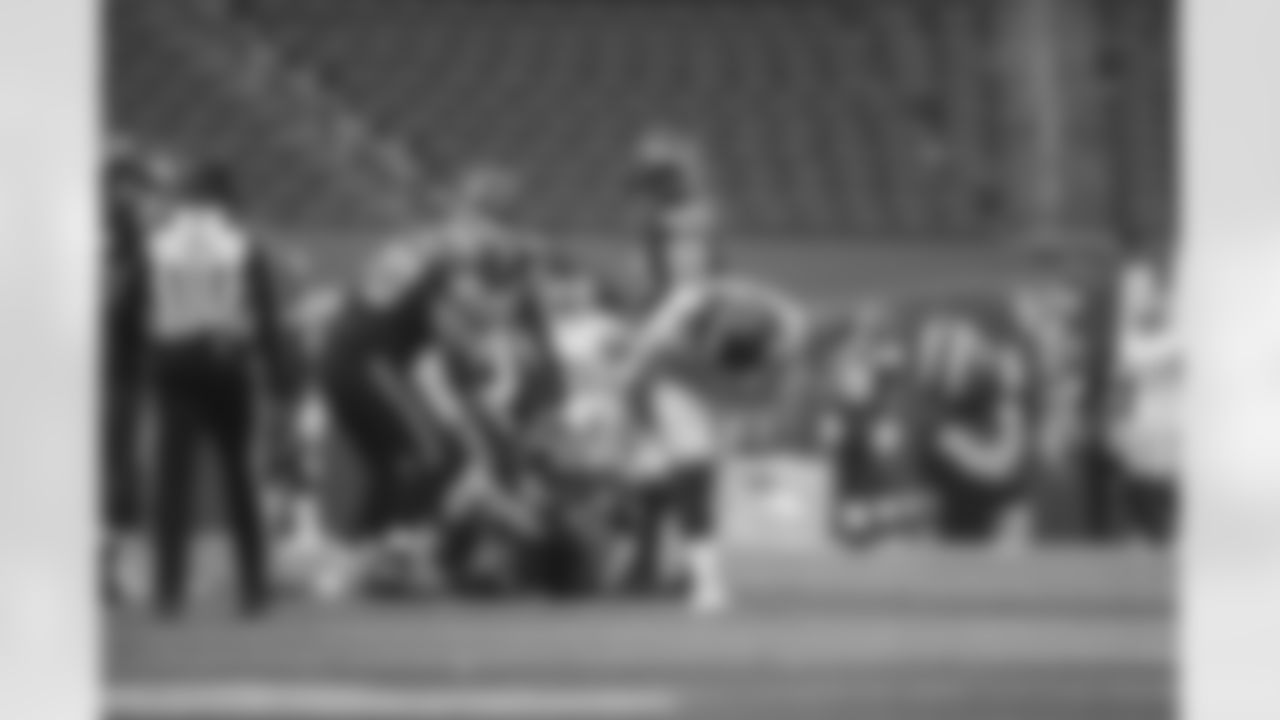
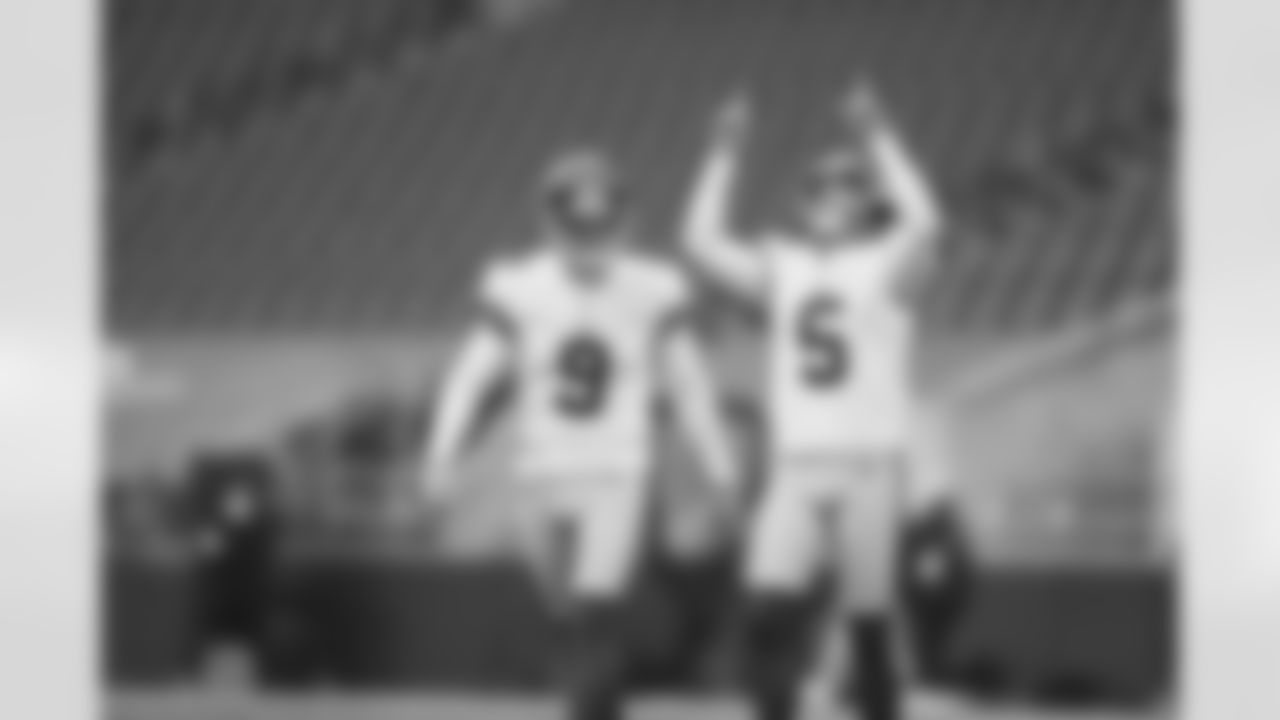
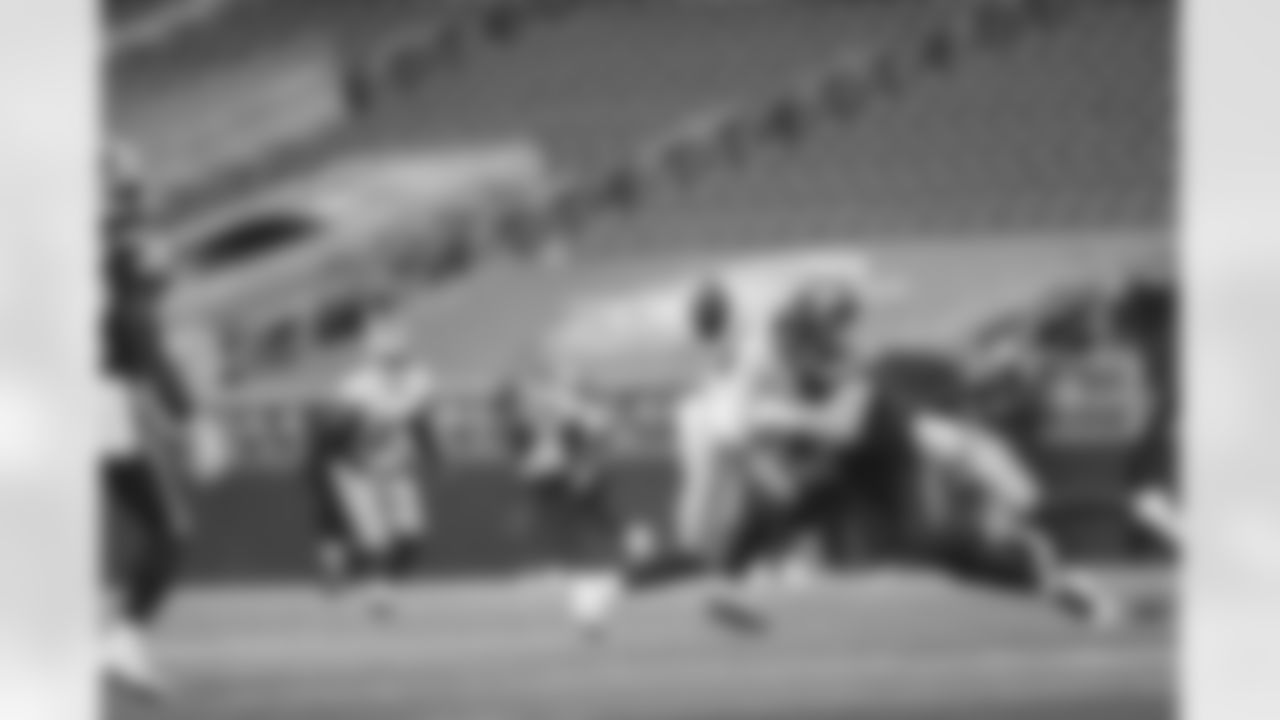
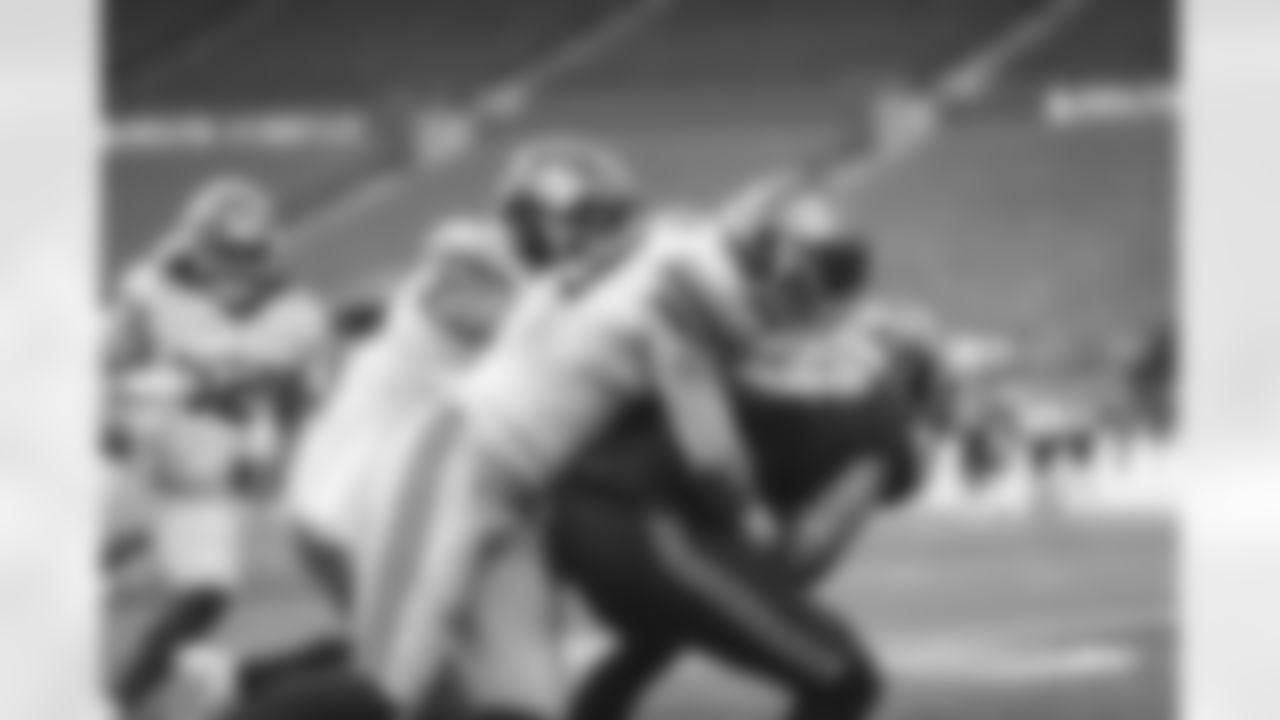
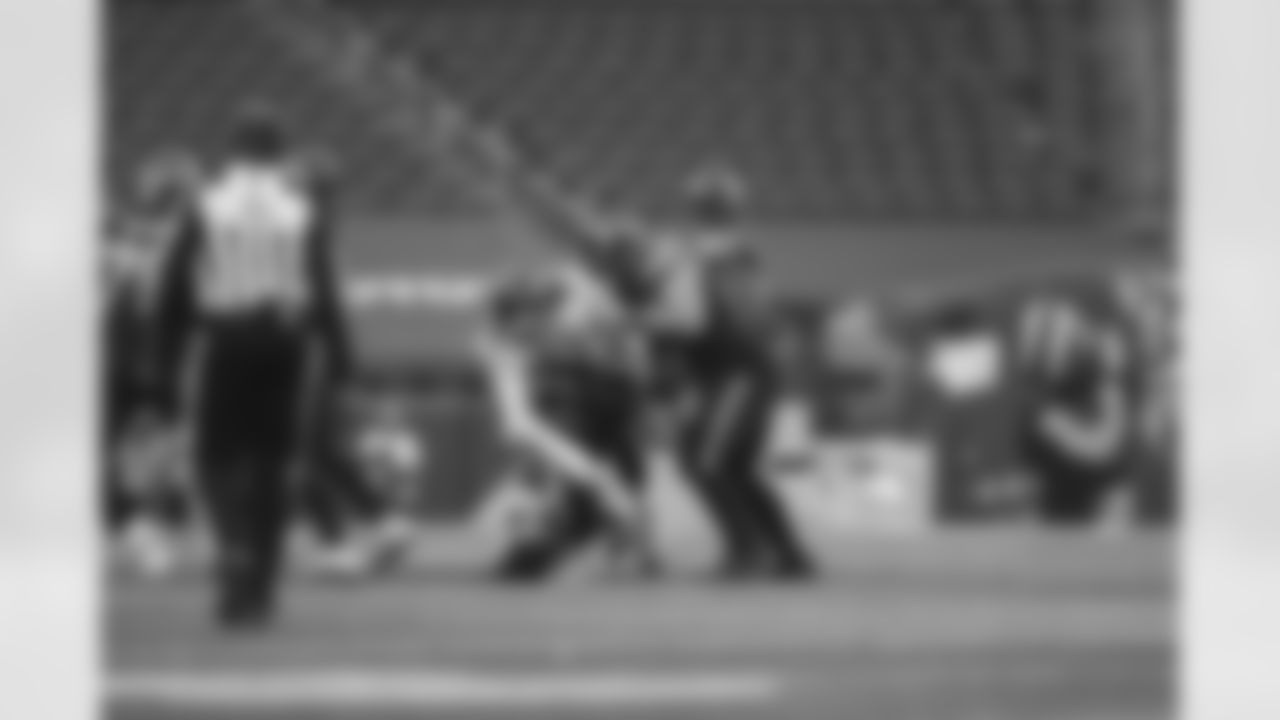
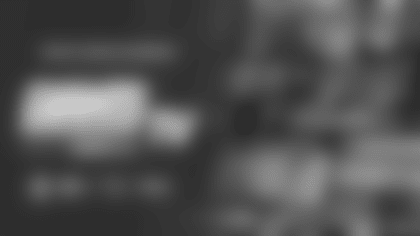
Giants TV Streaming App
Watch exclusive videos with the GiantsTV app for Apple TV, Roku, and Amazon Fire TV. Also available in the Giants mobile app




